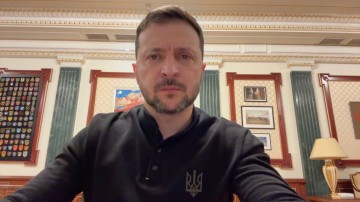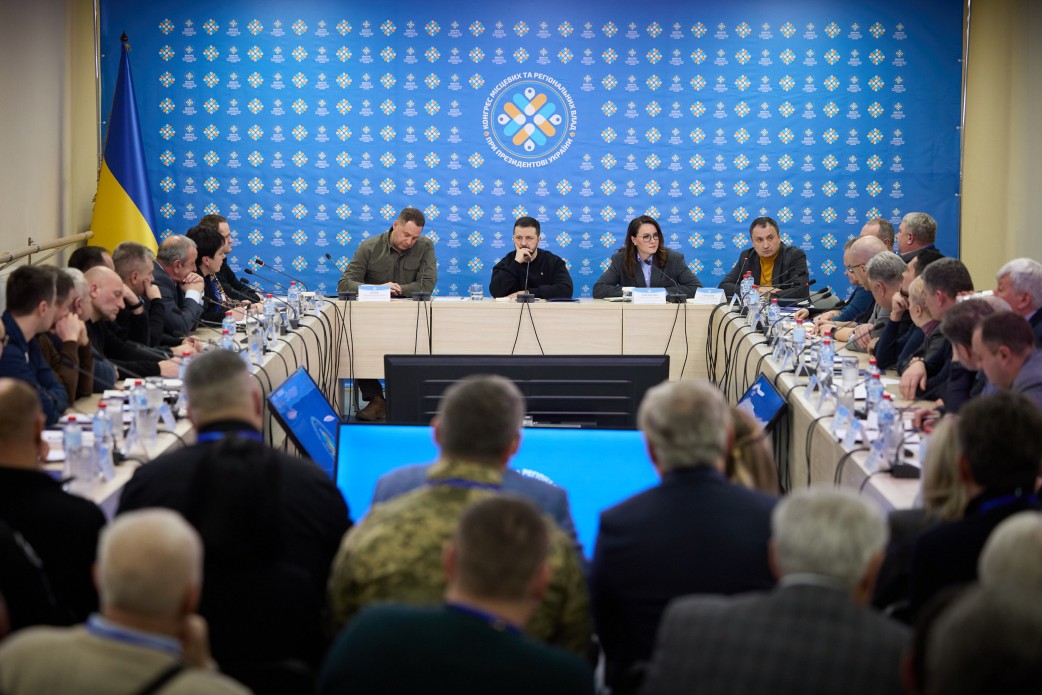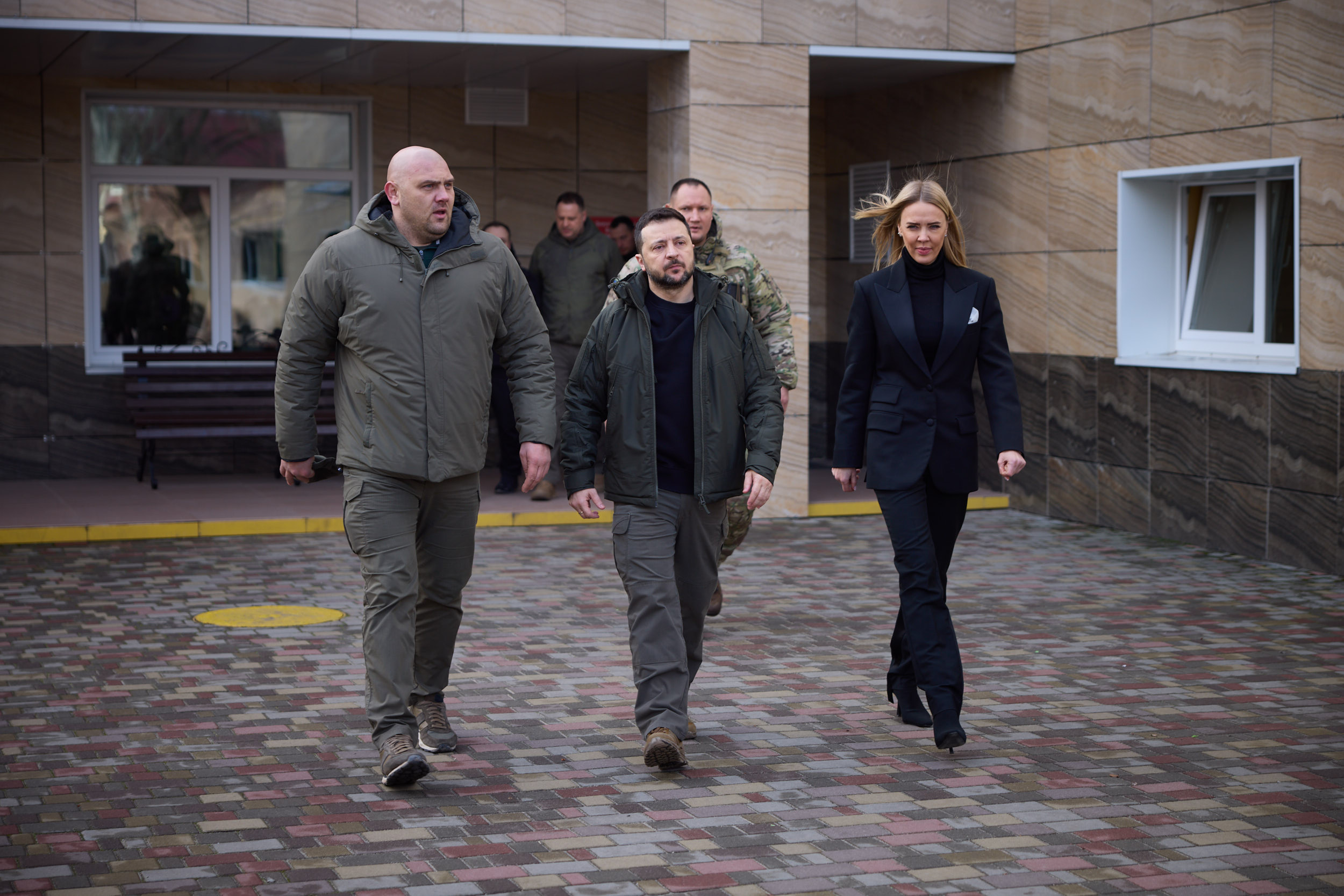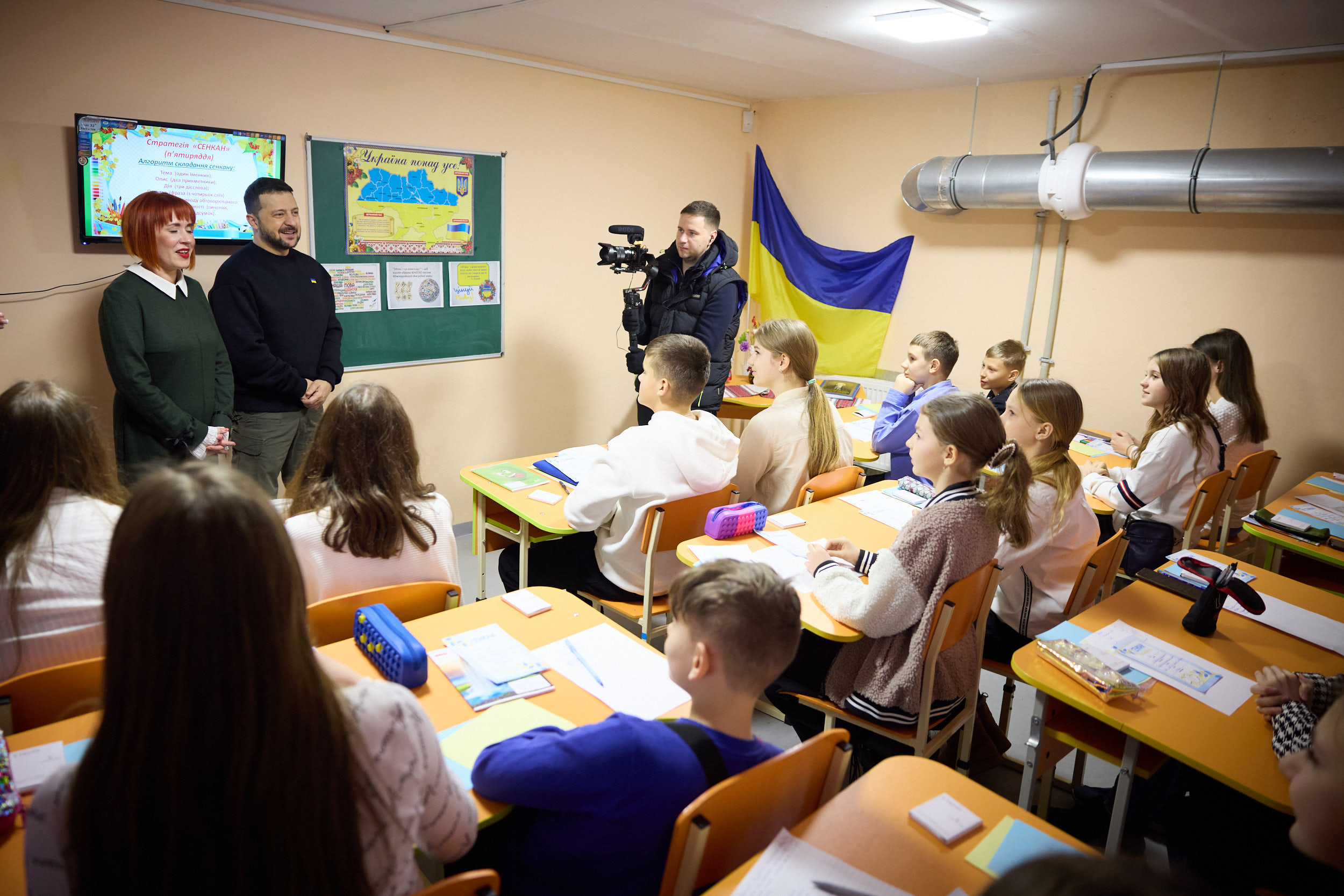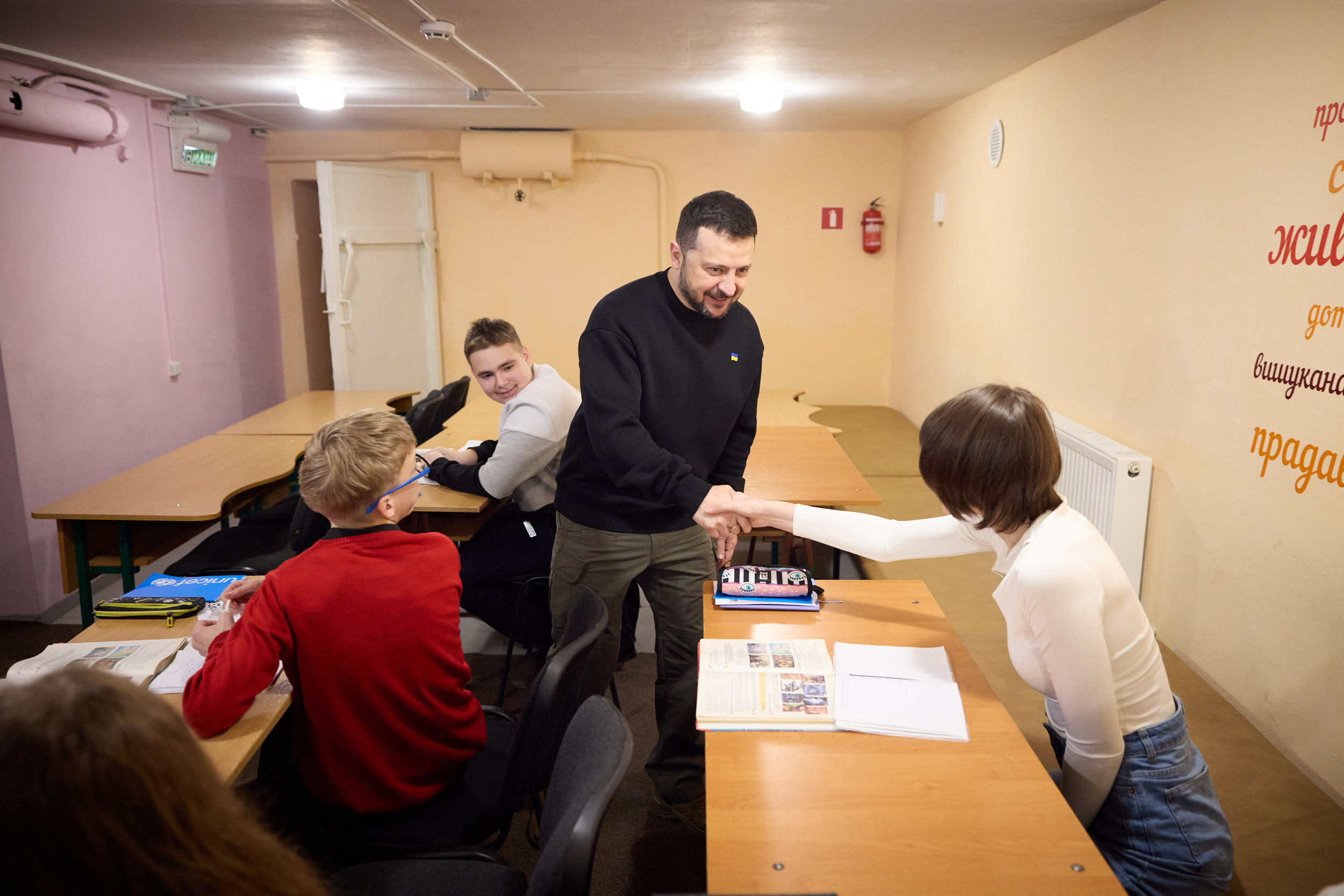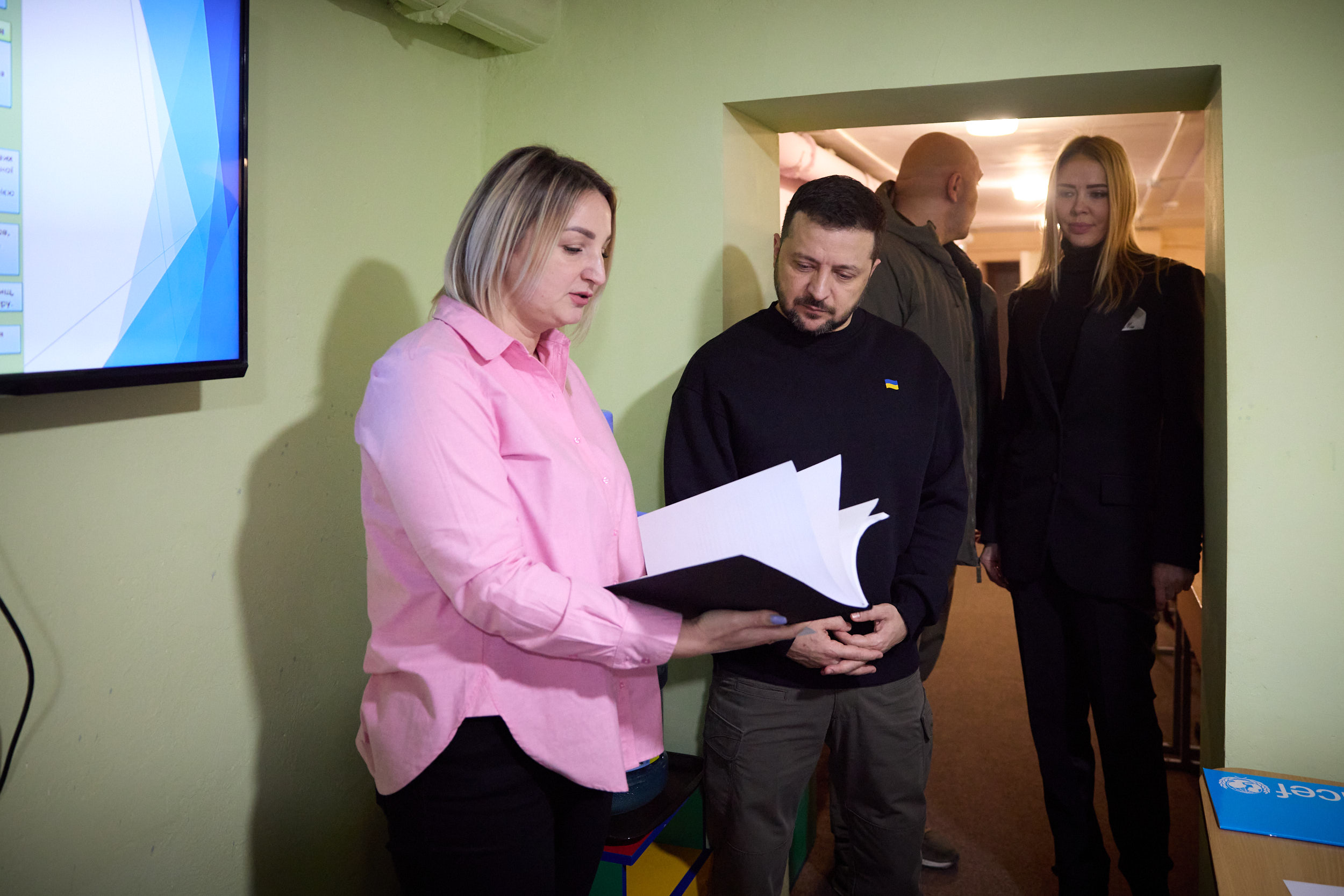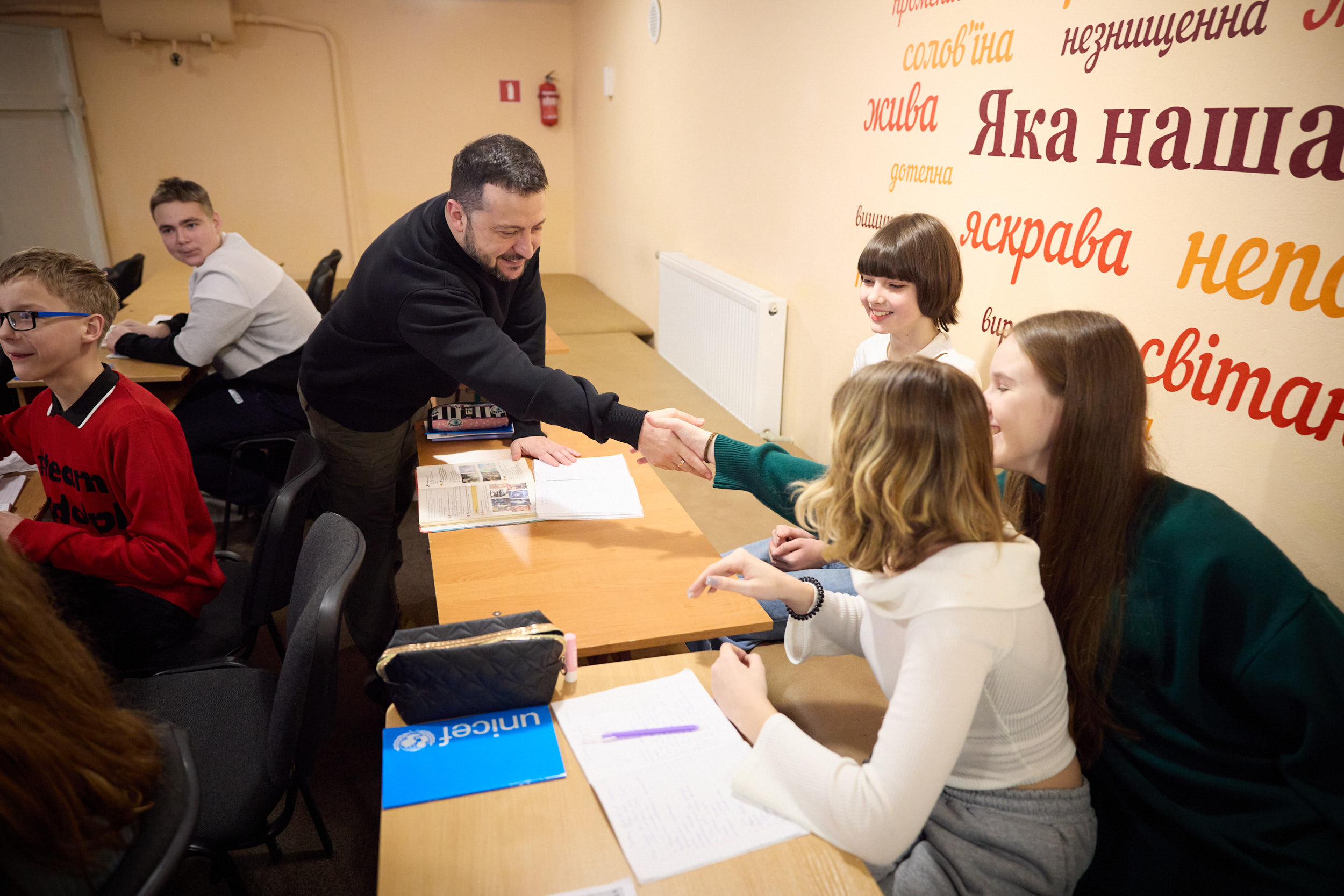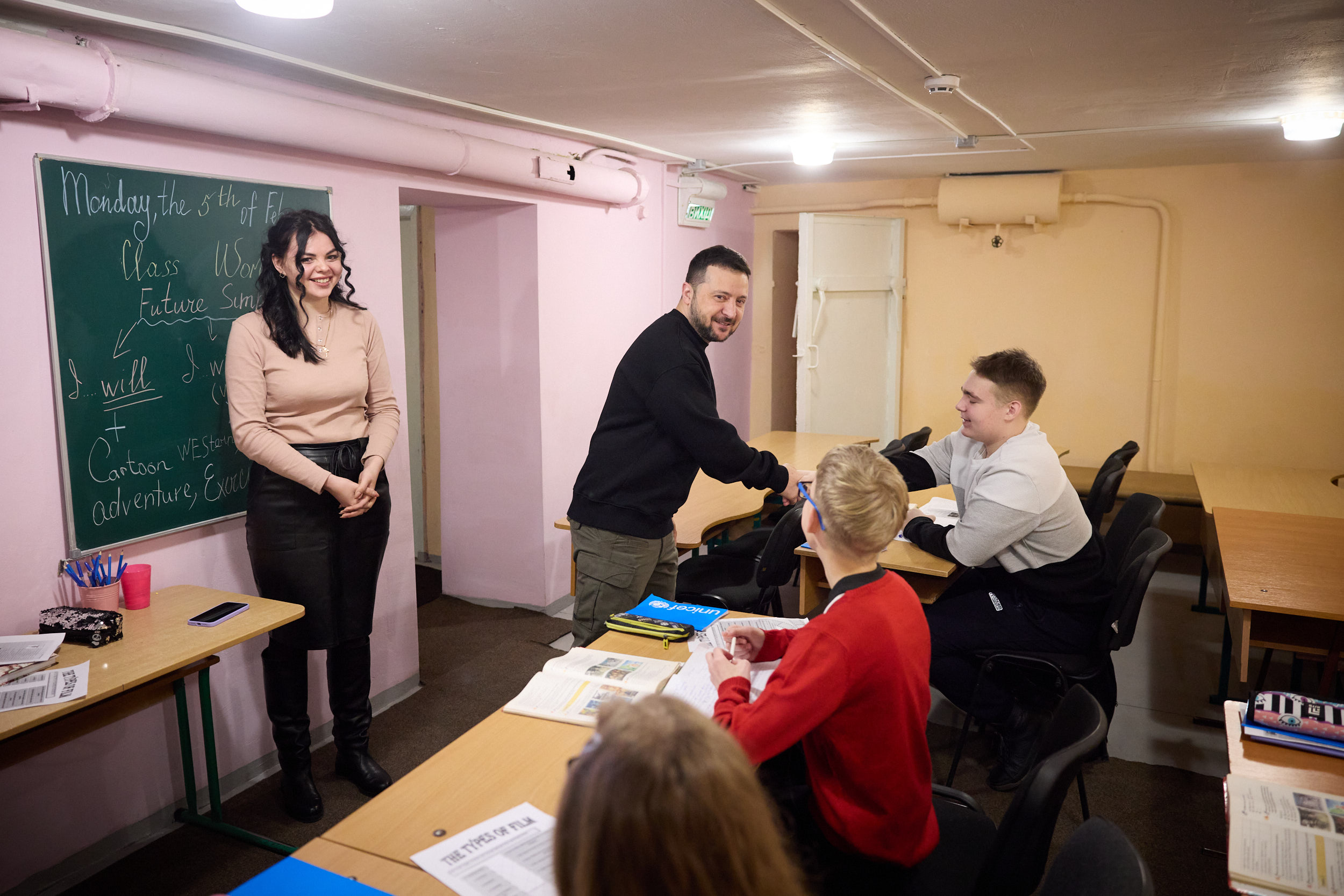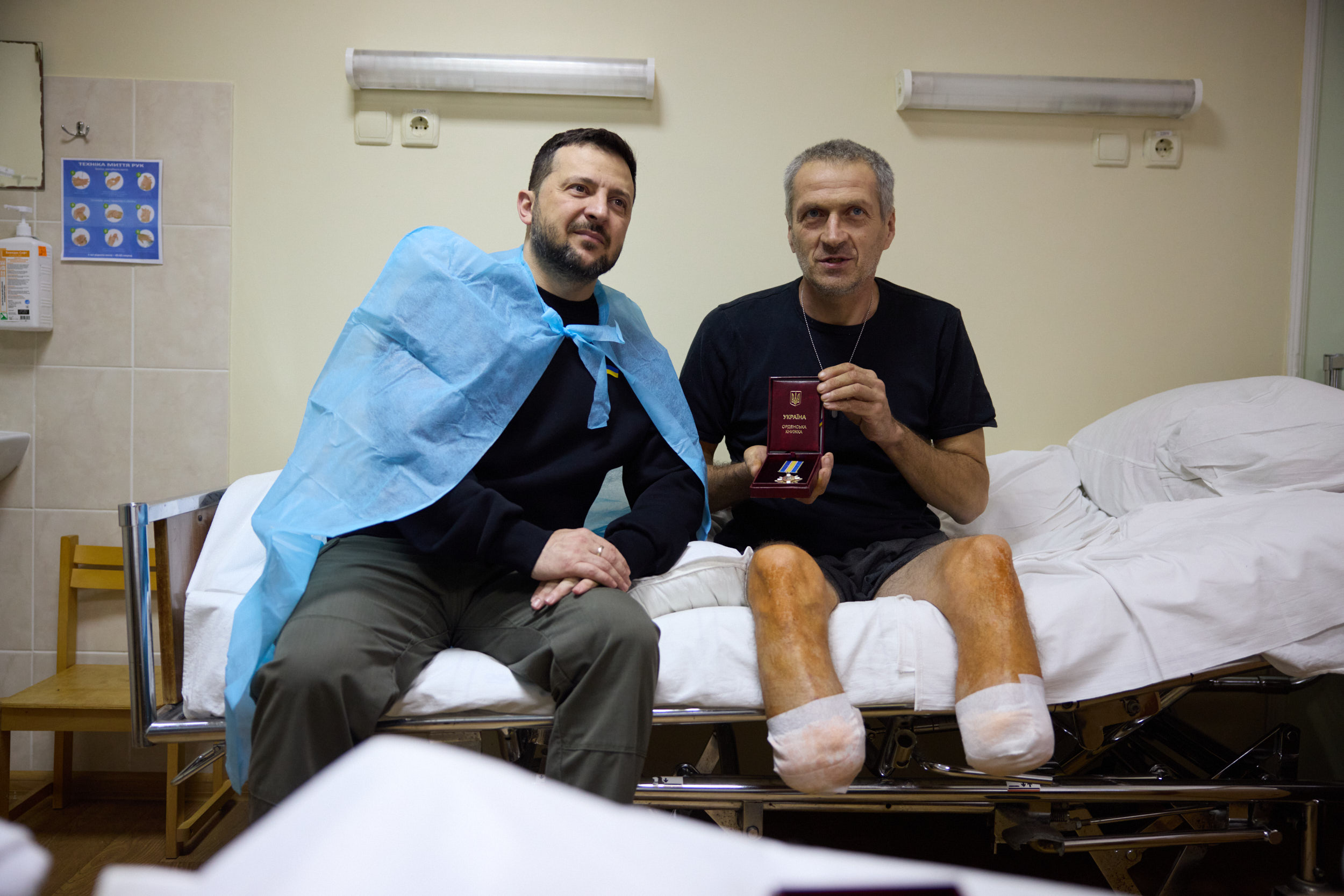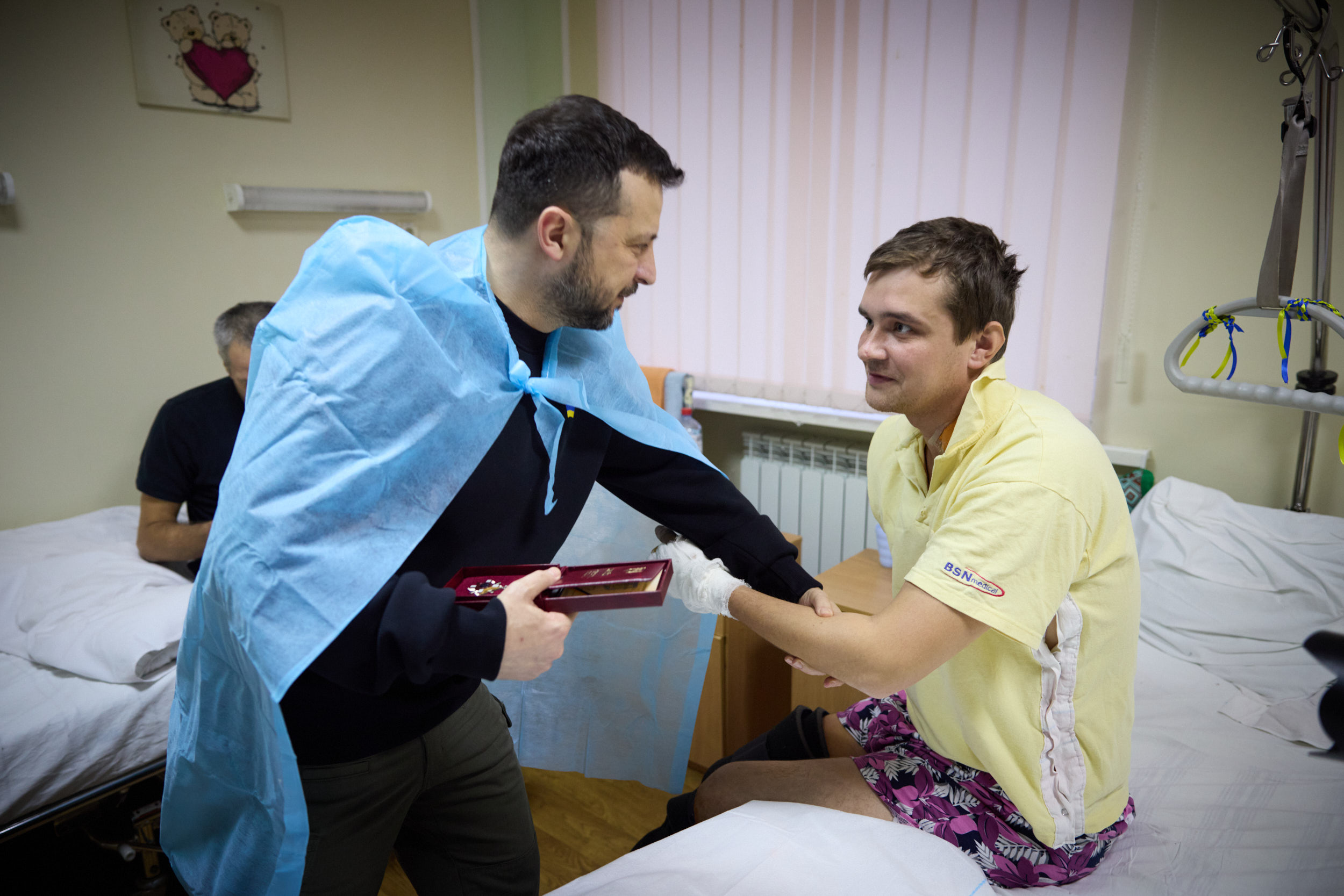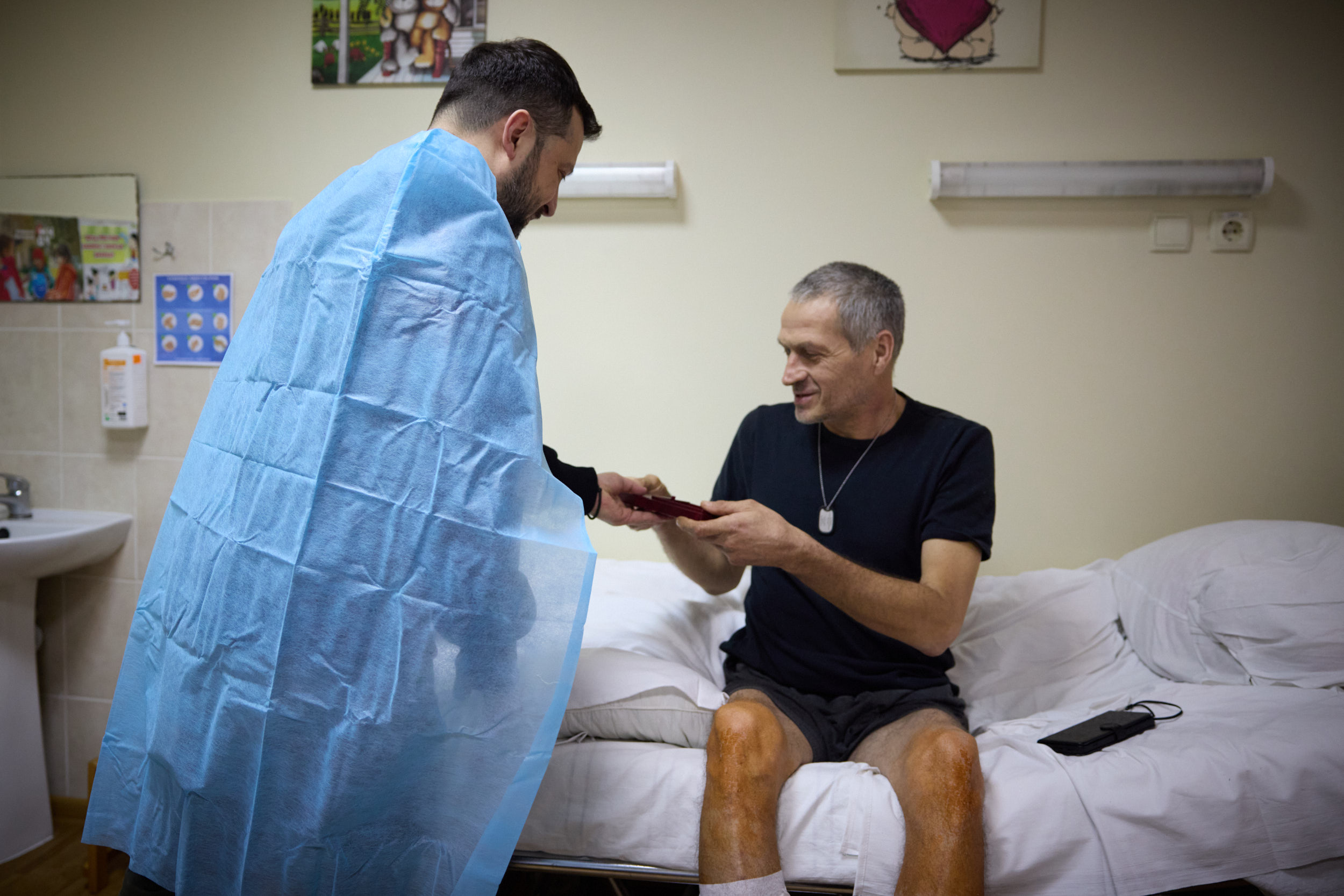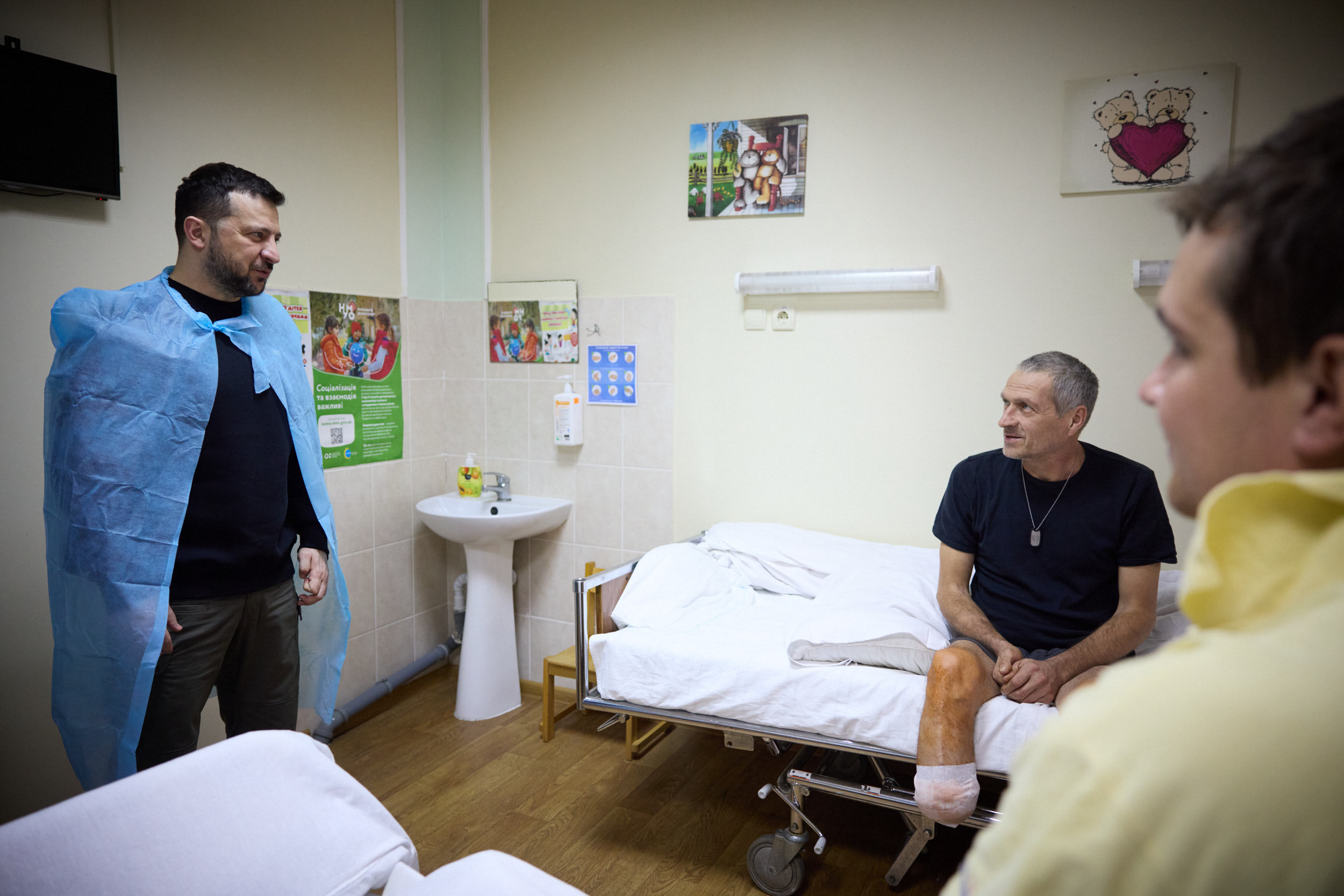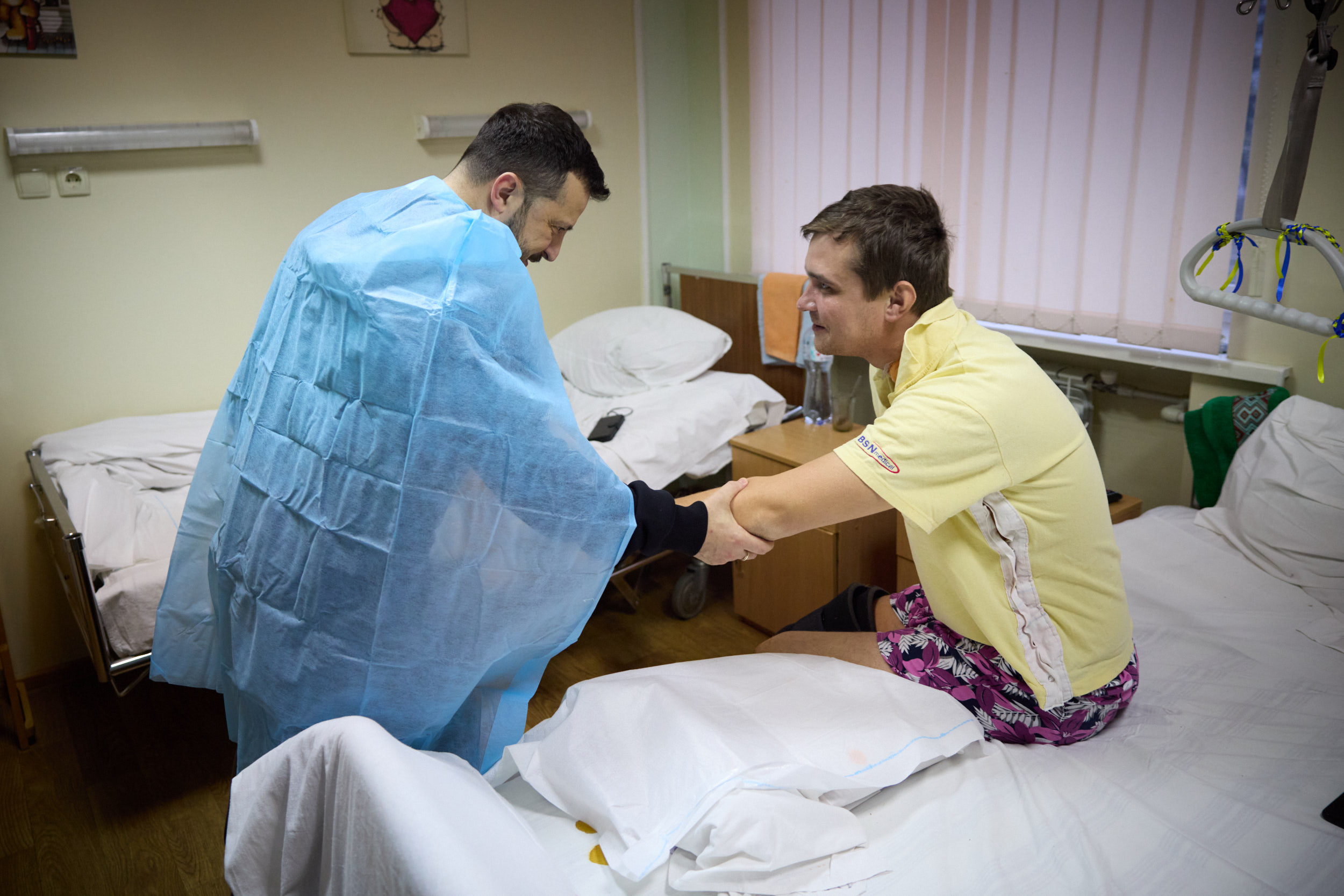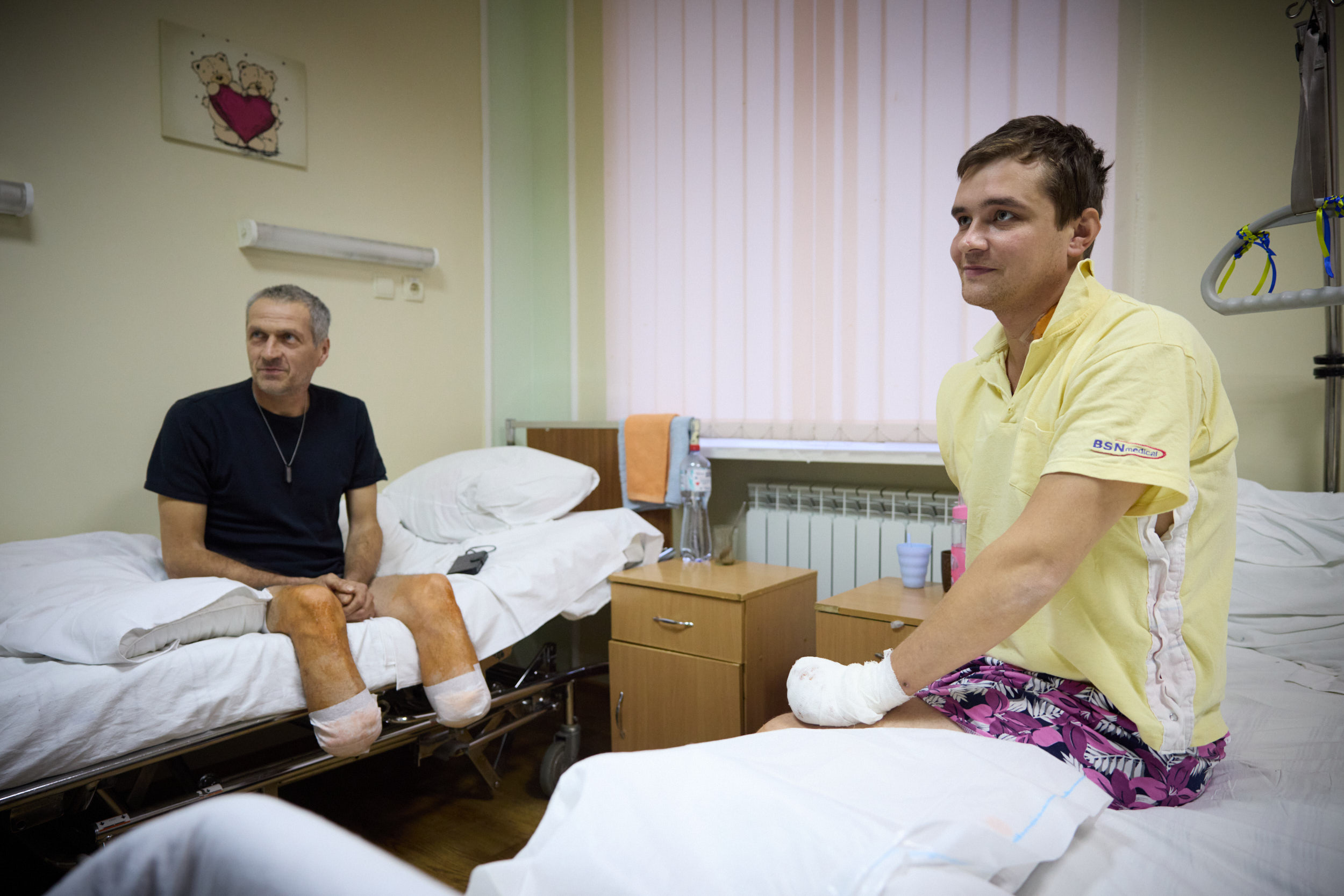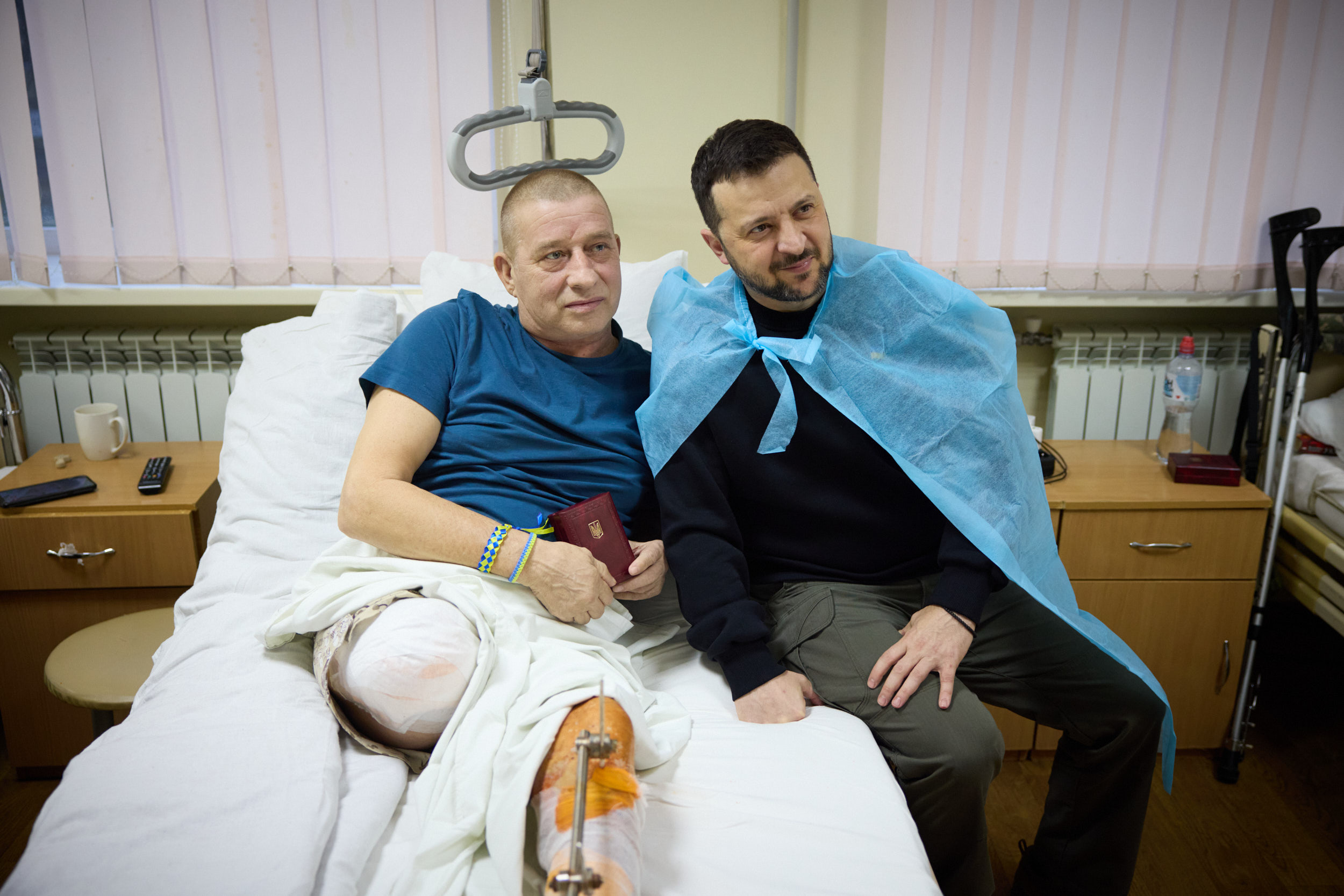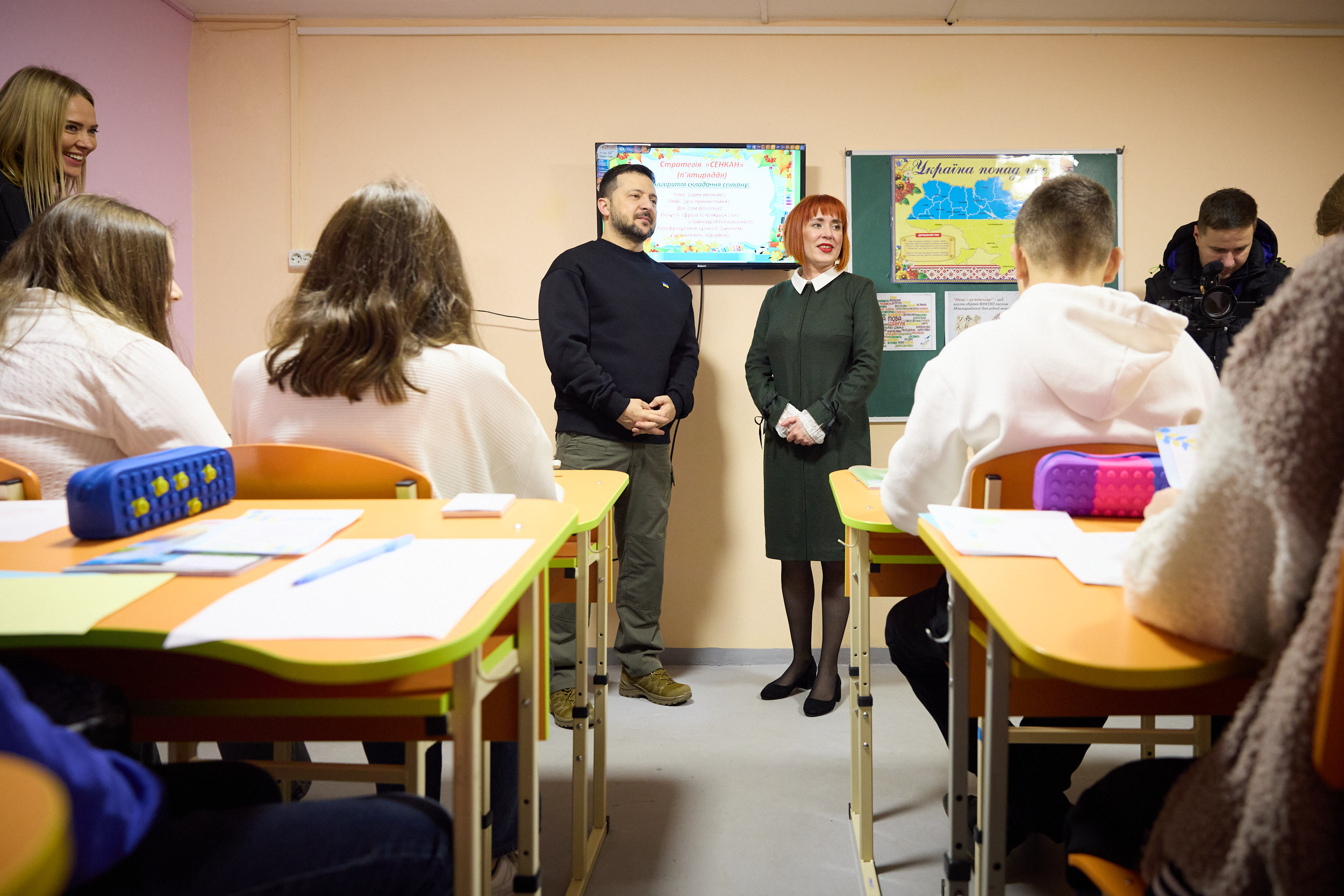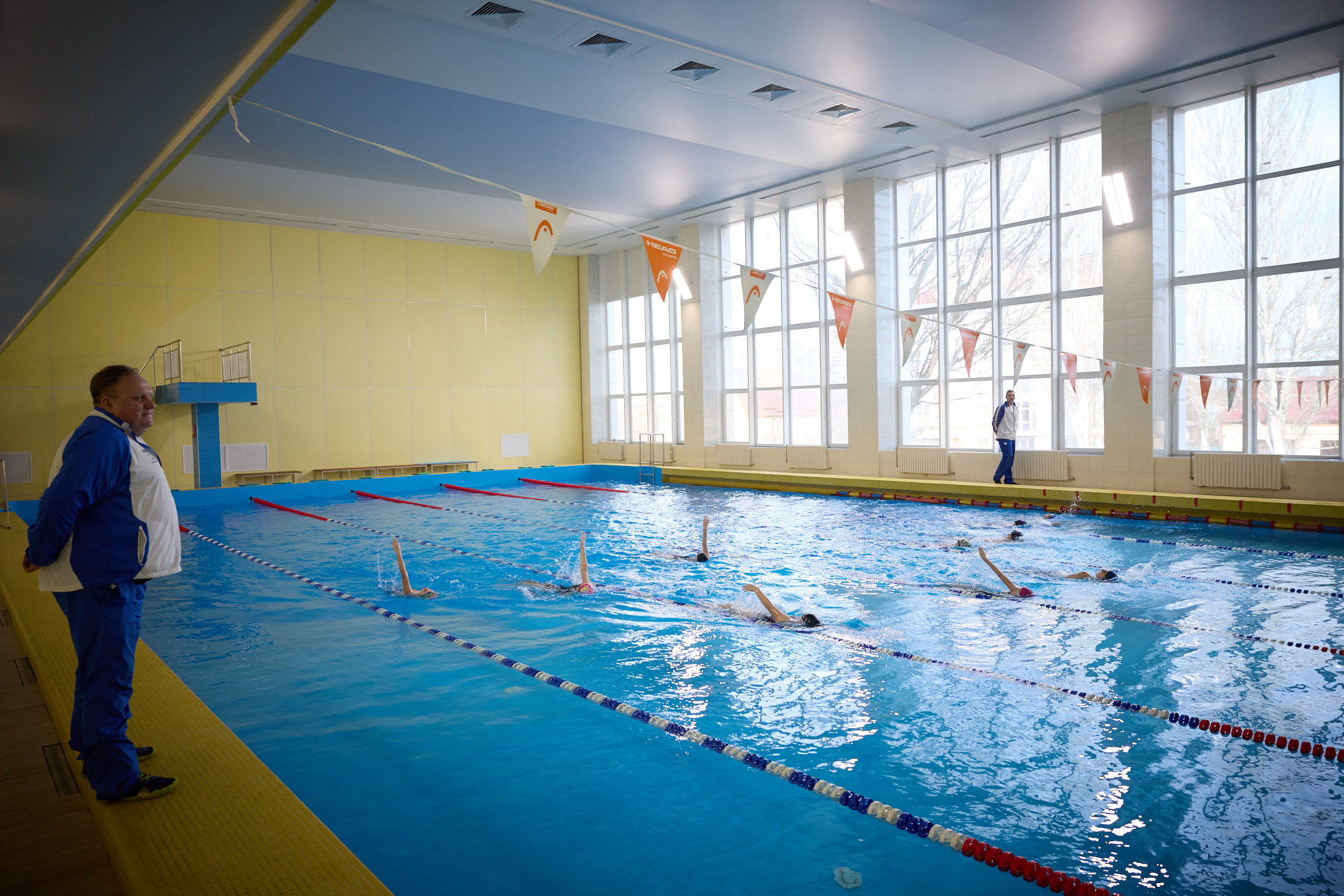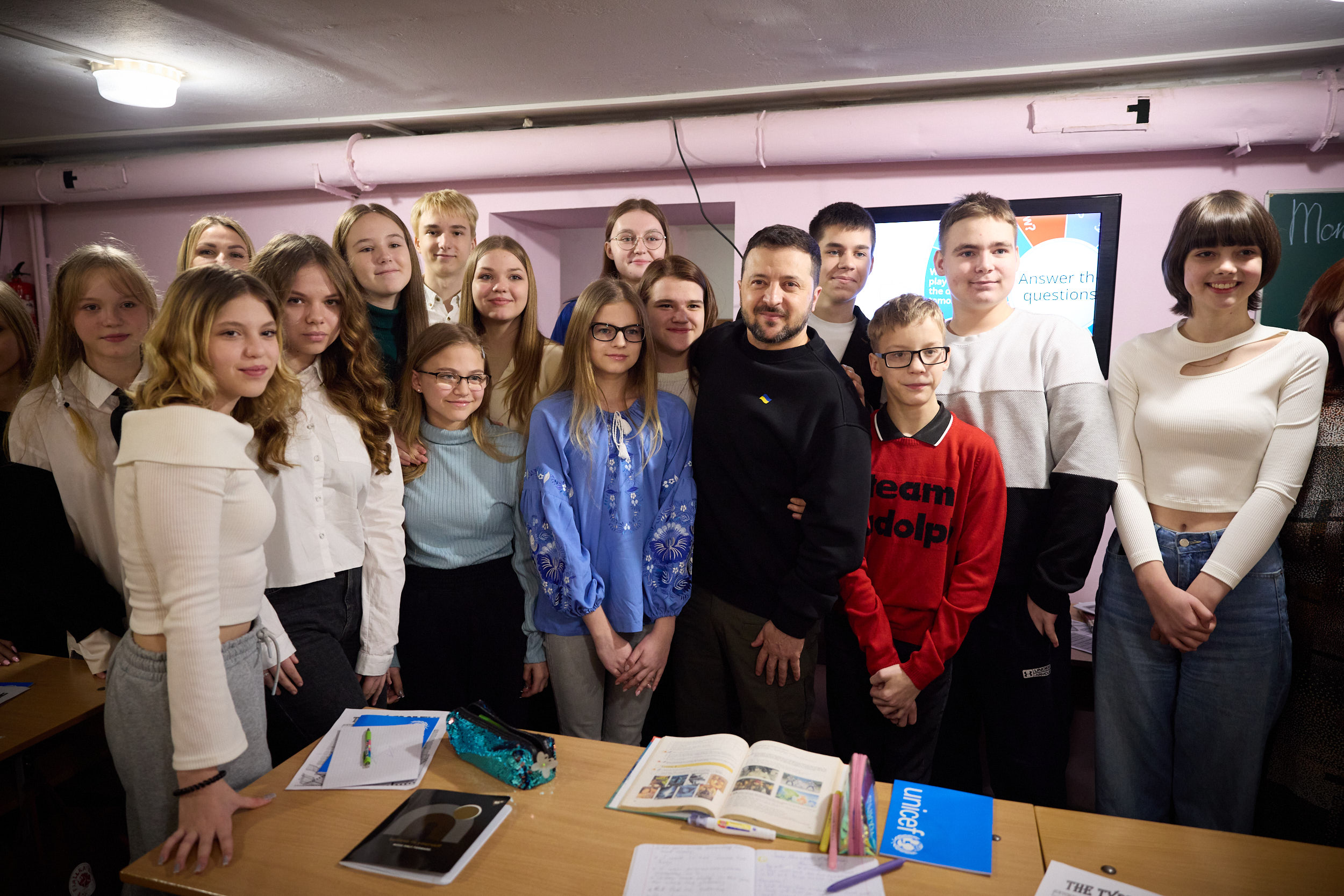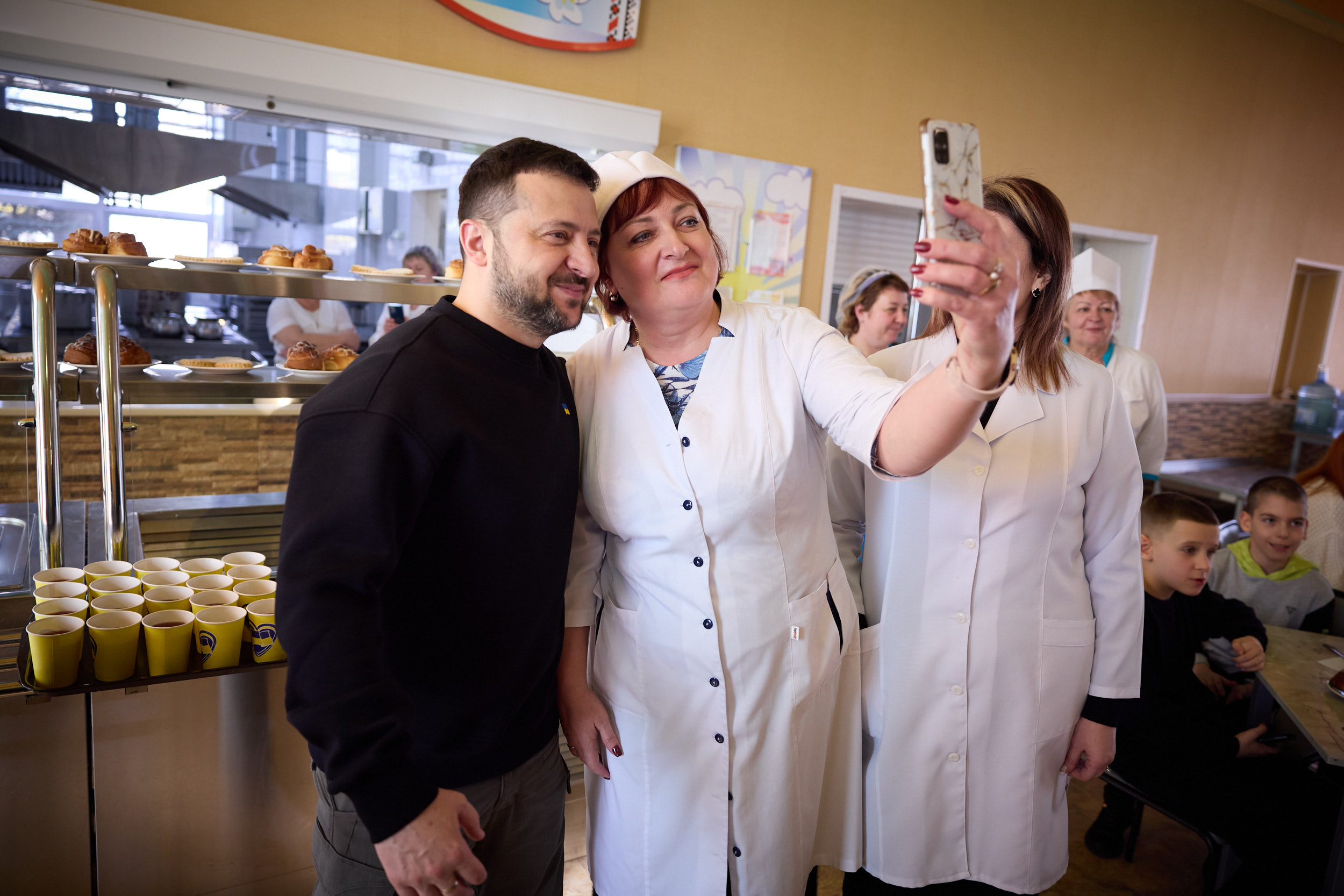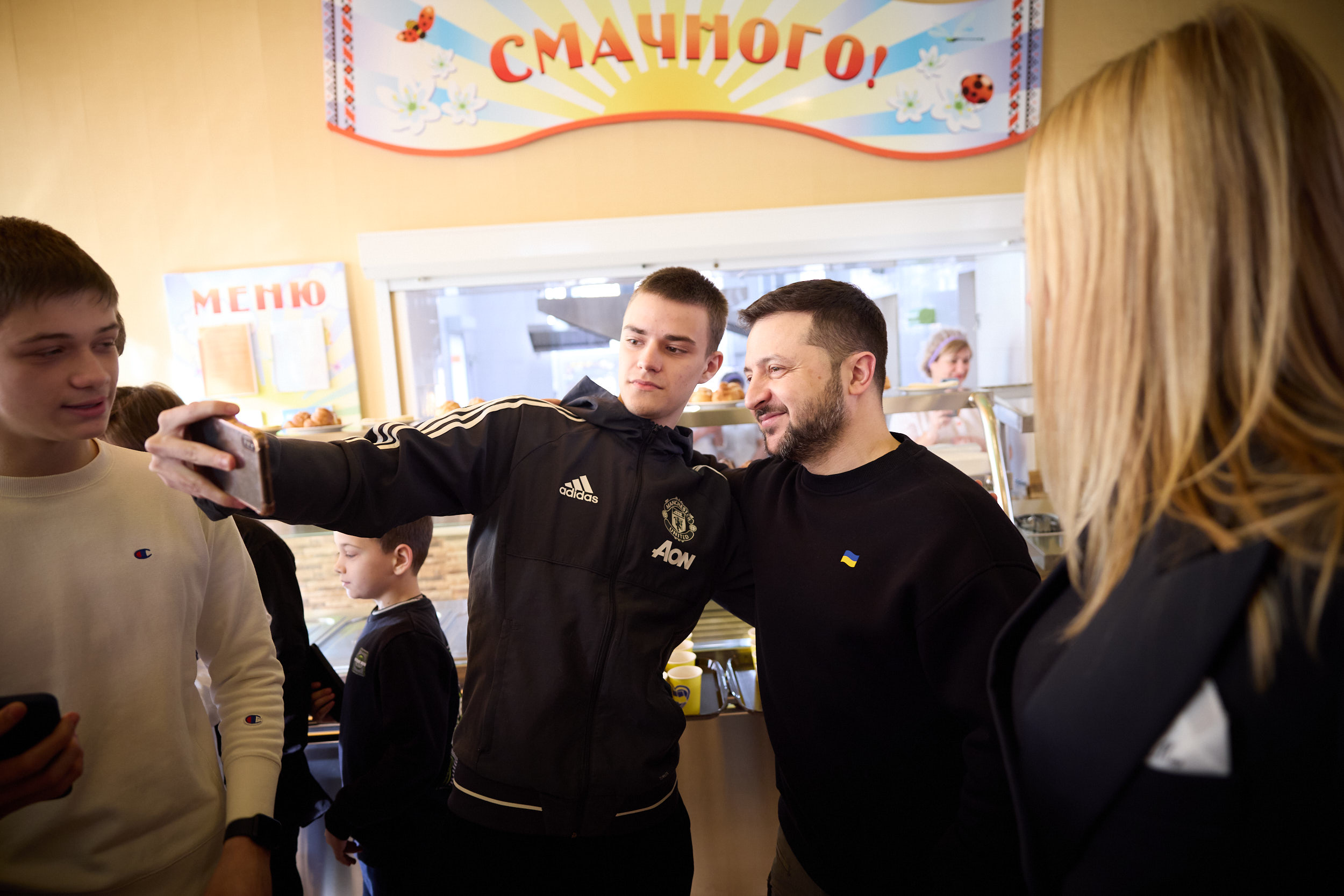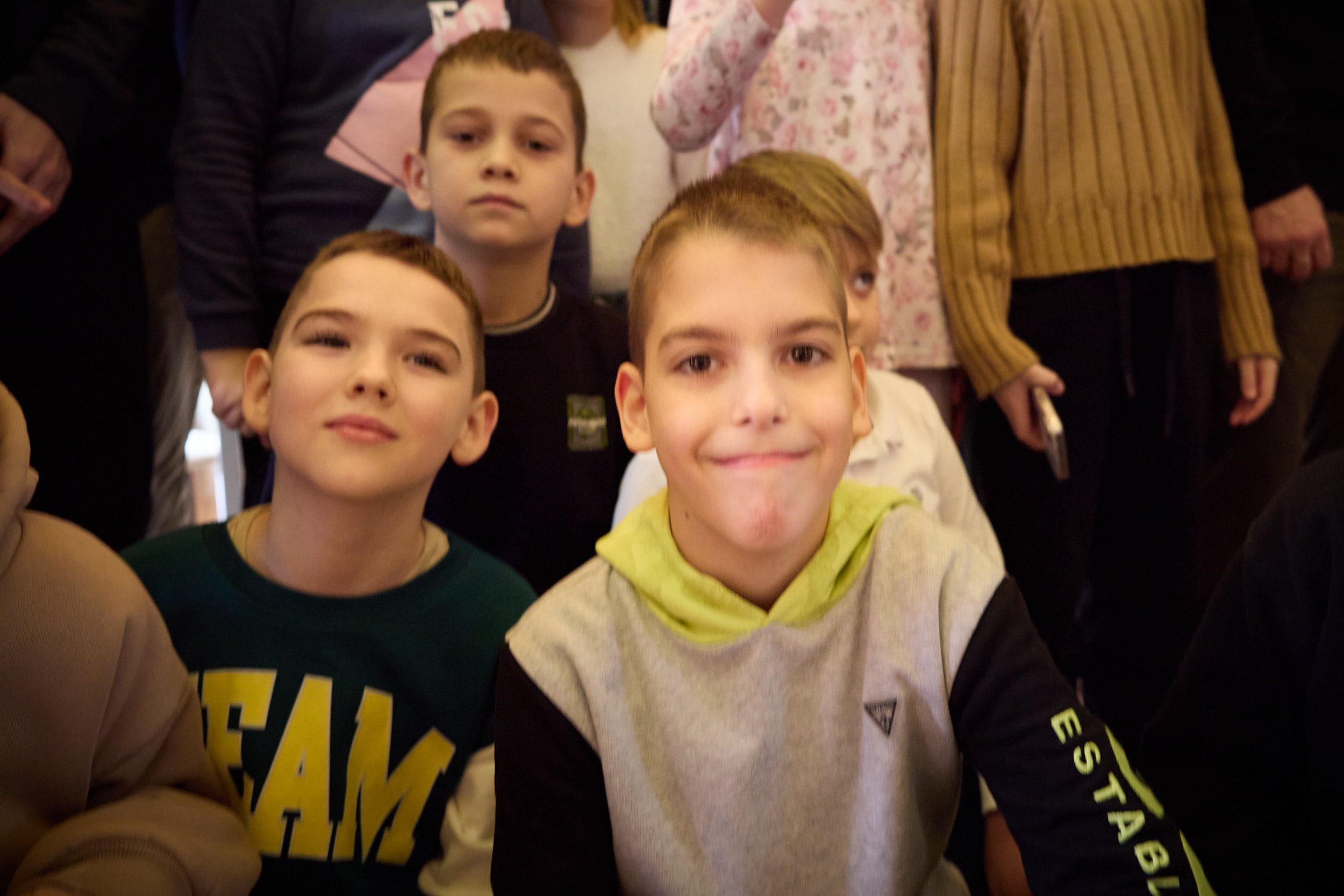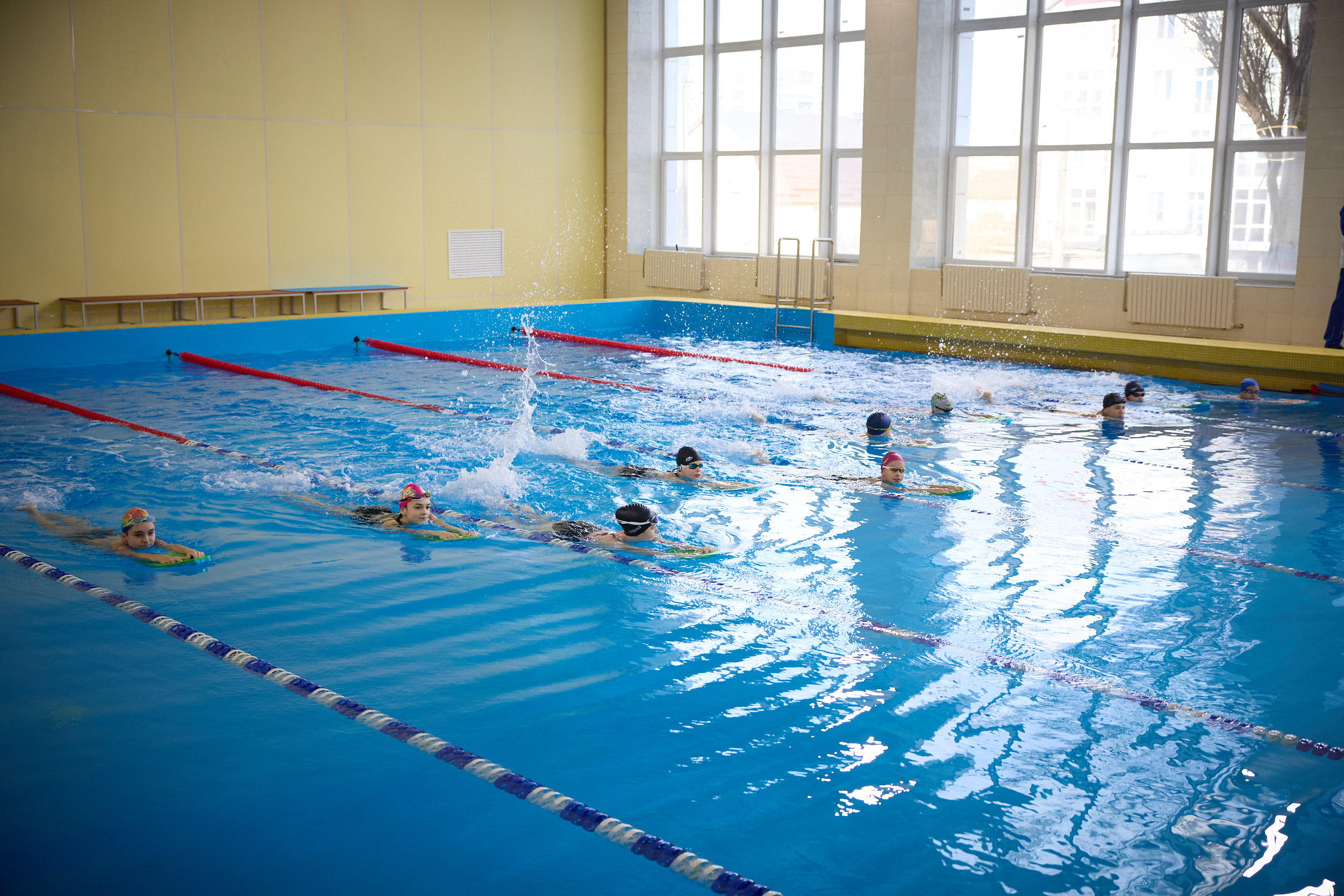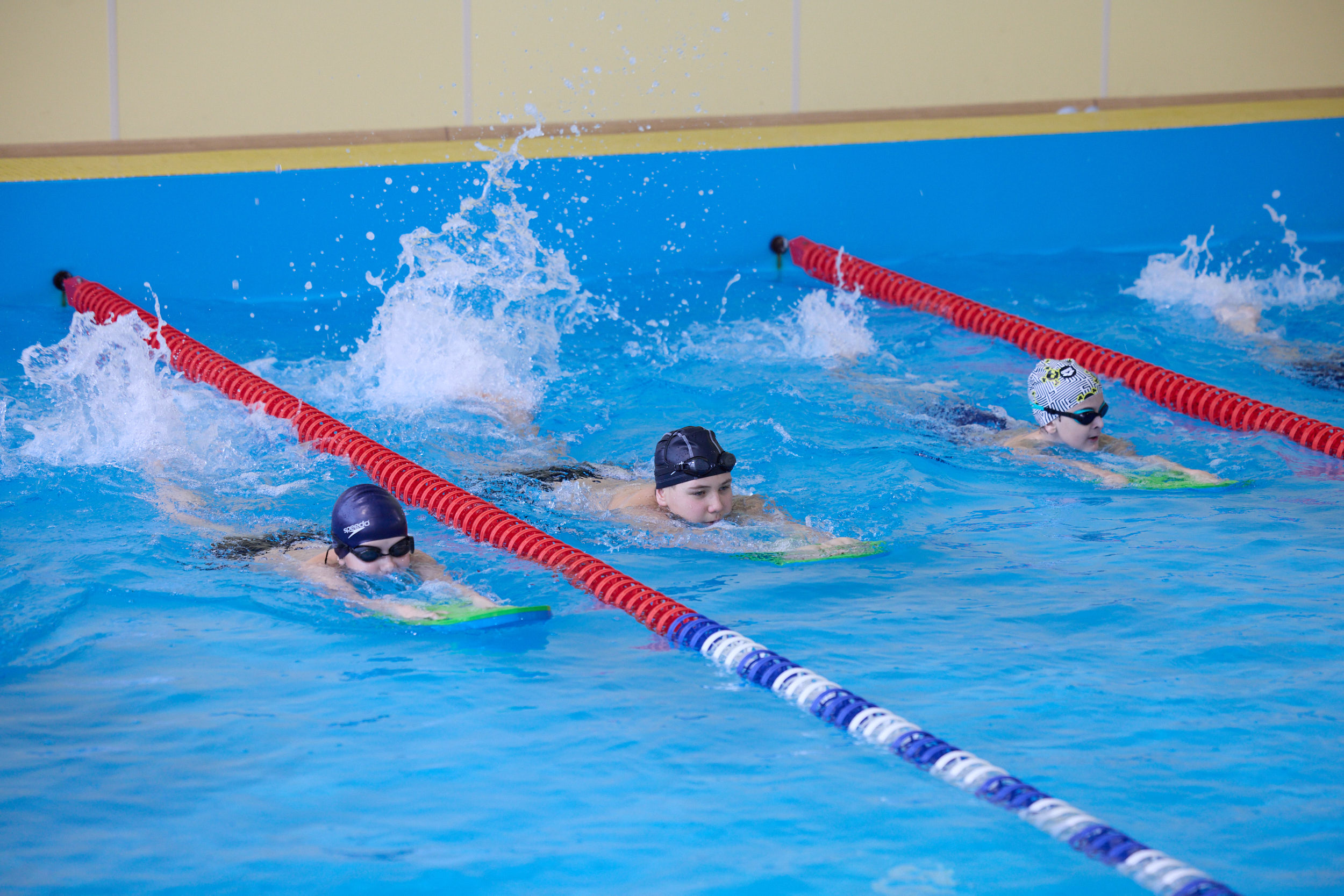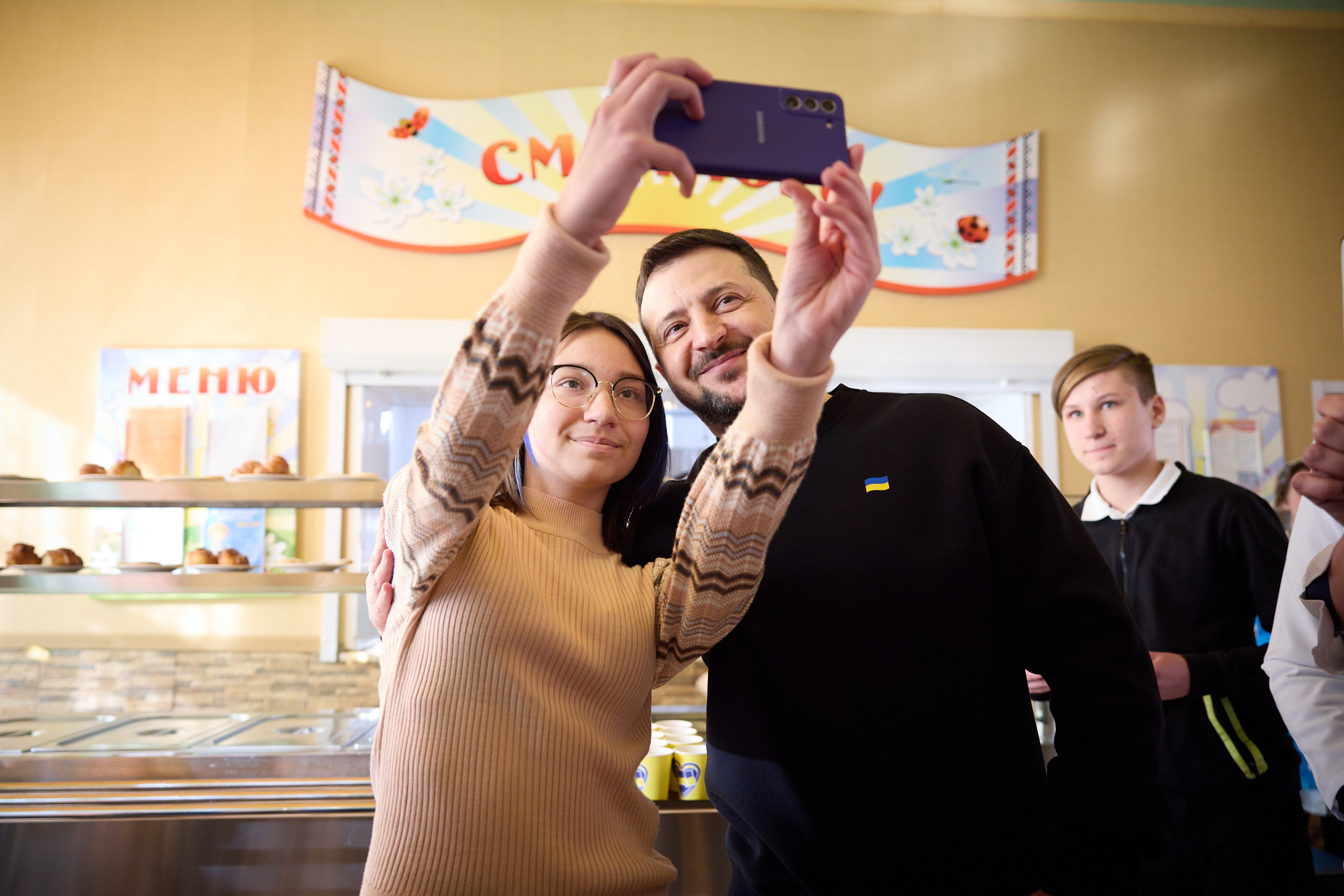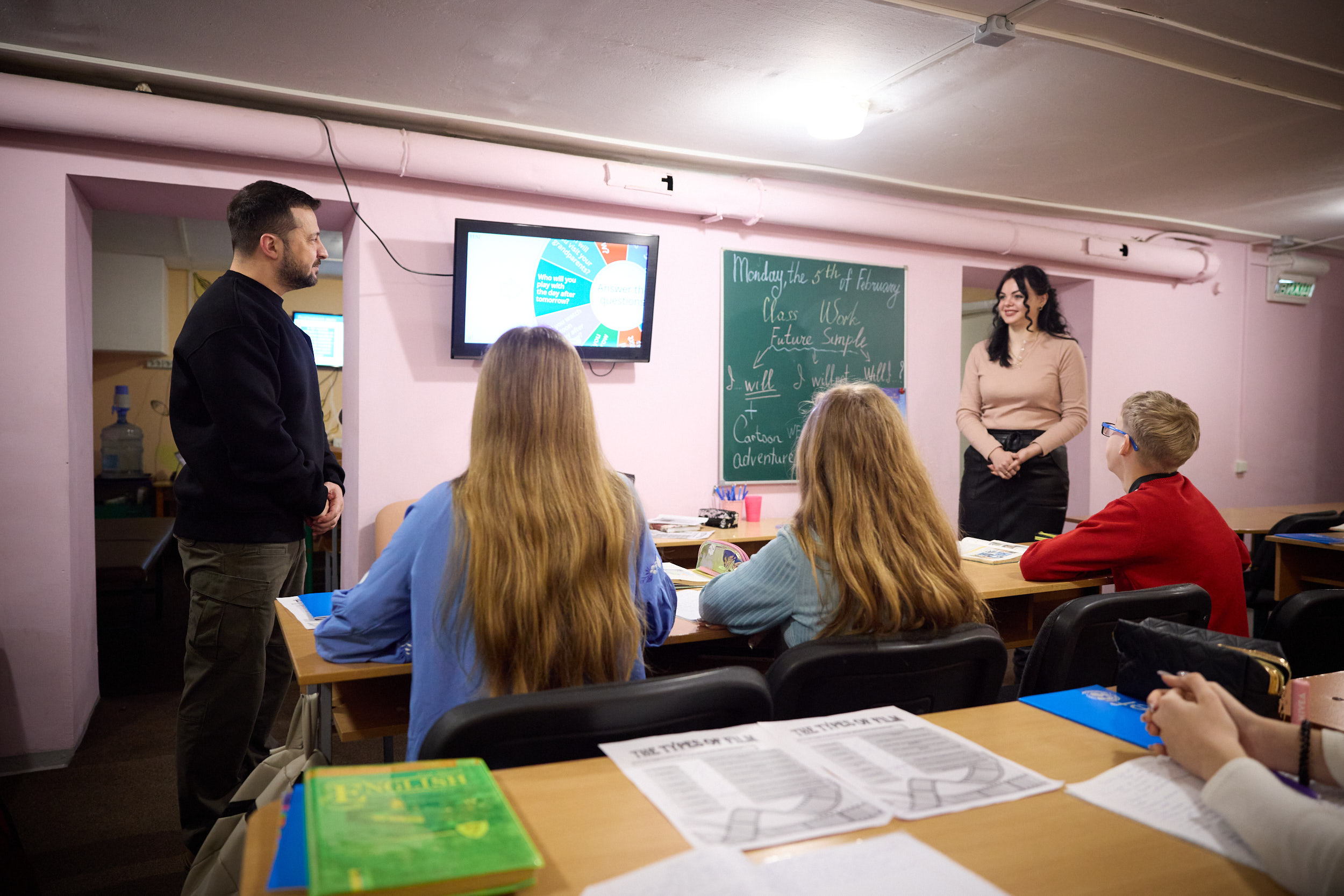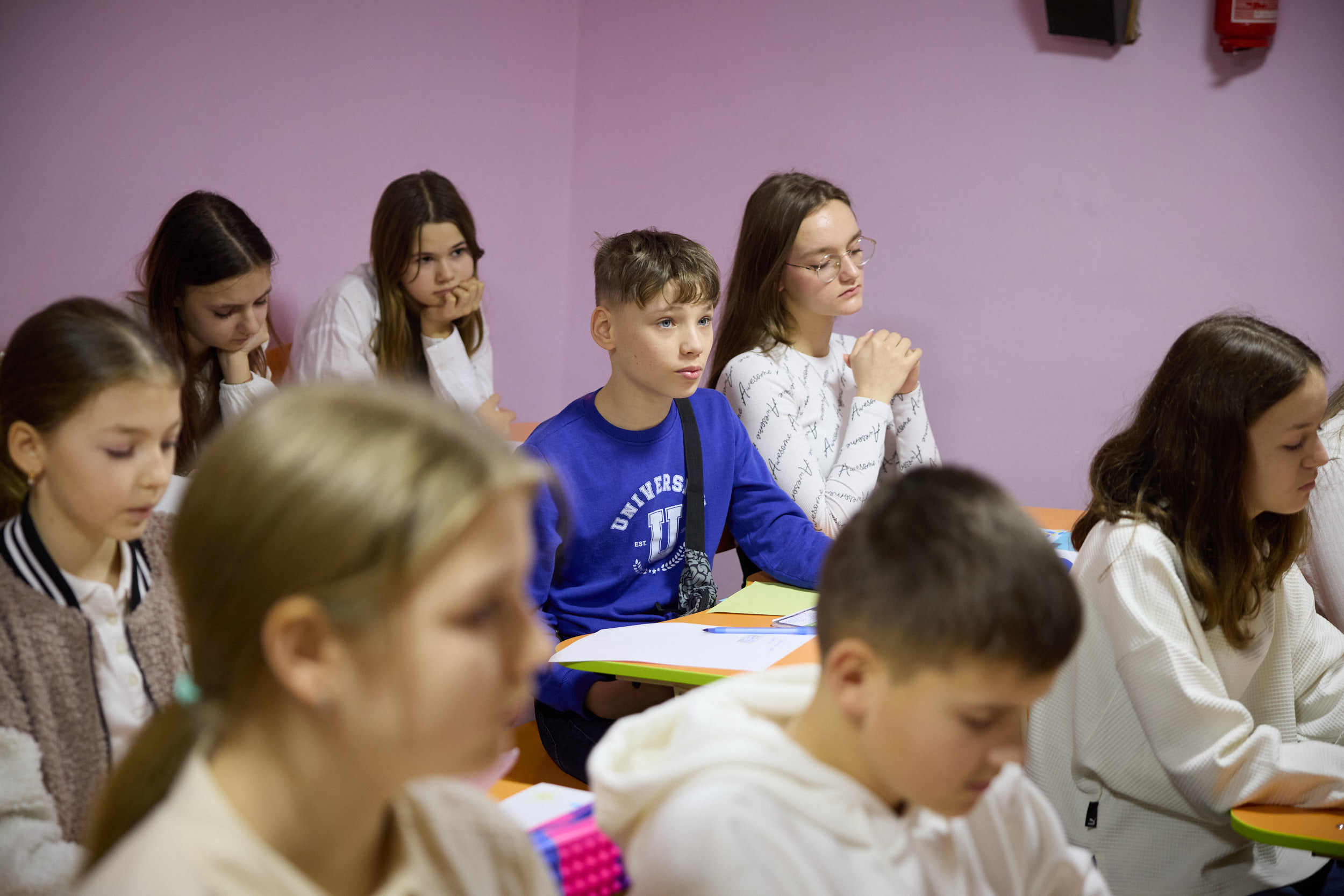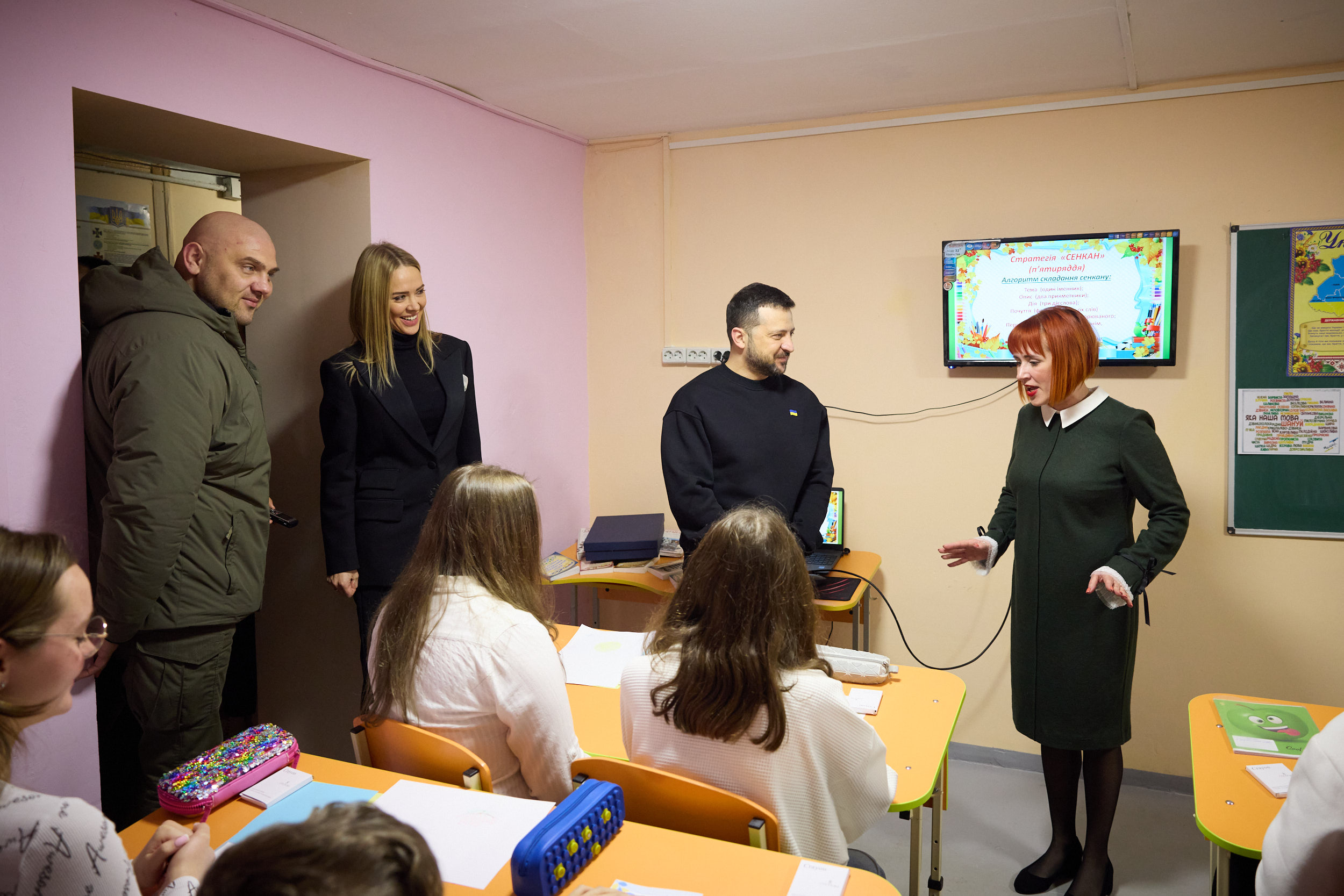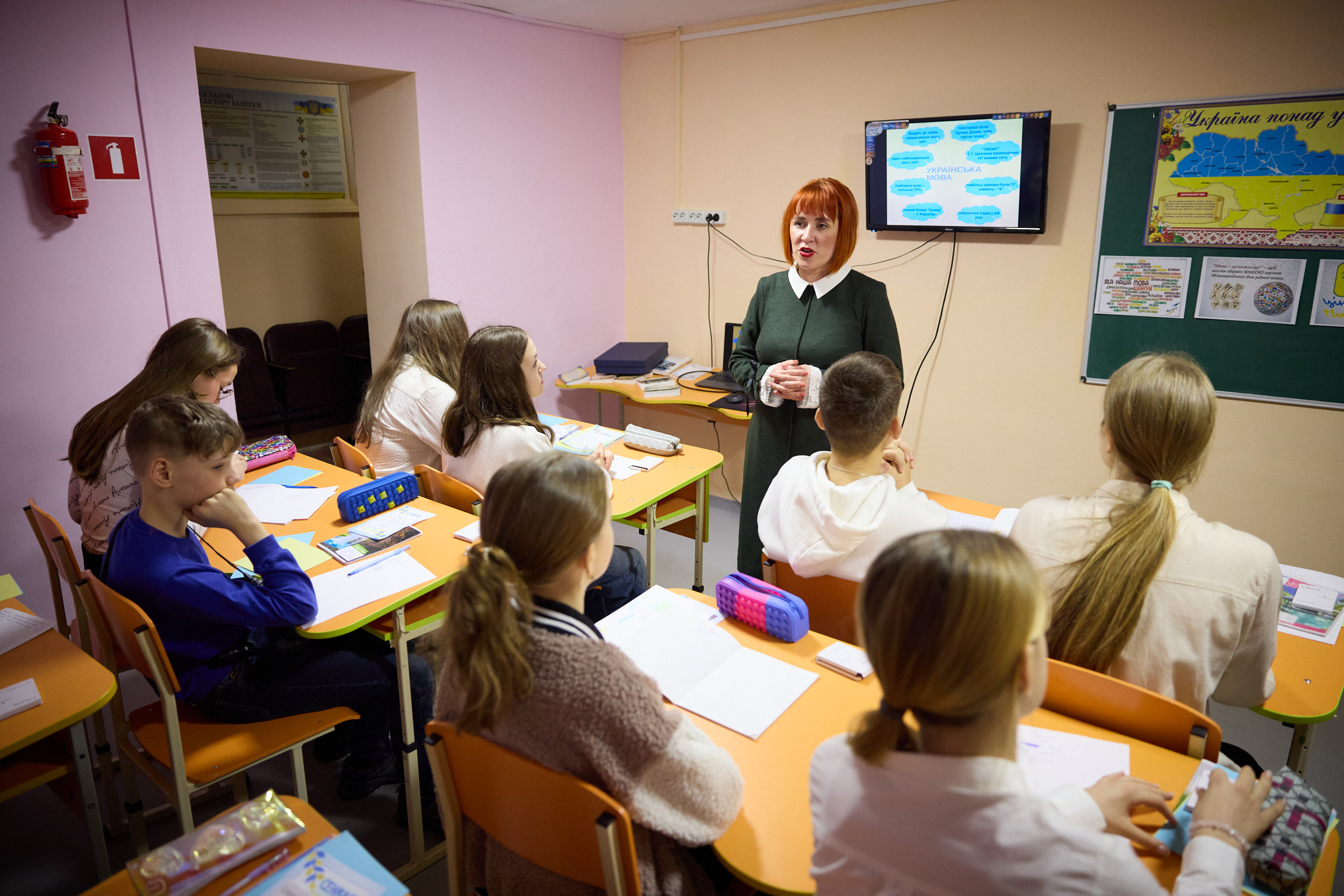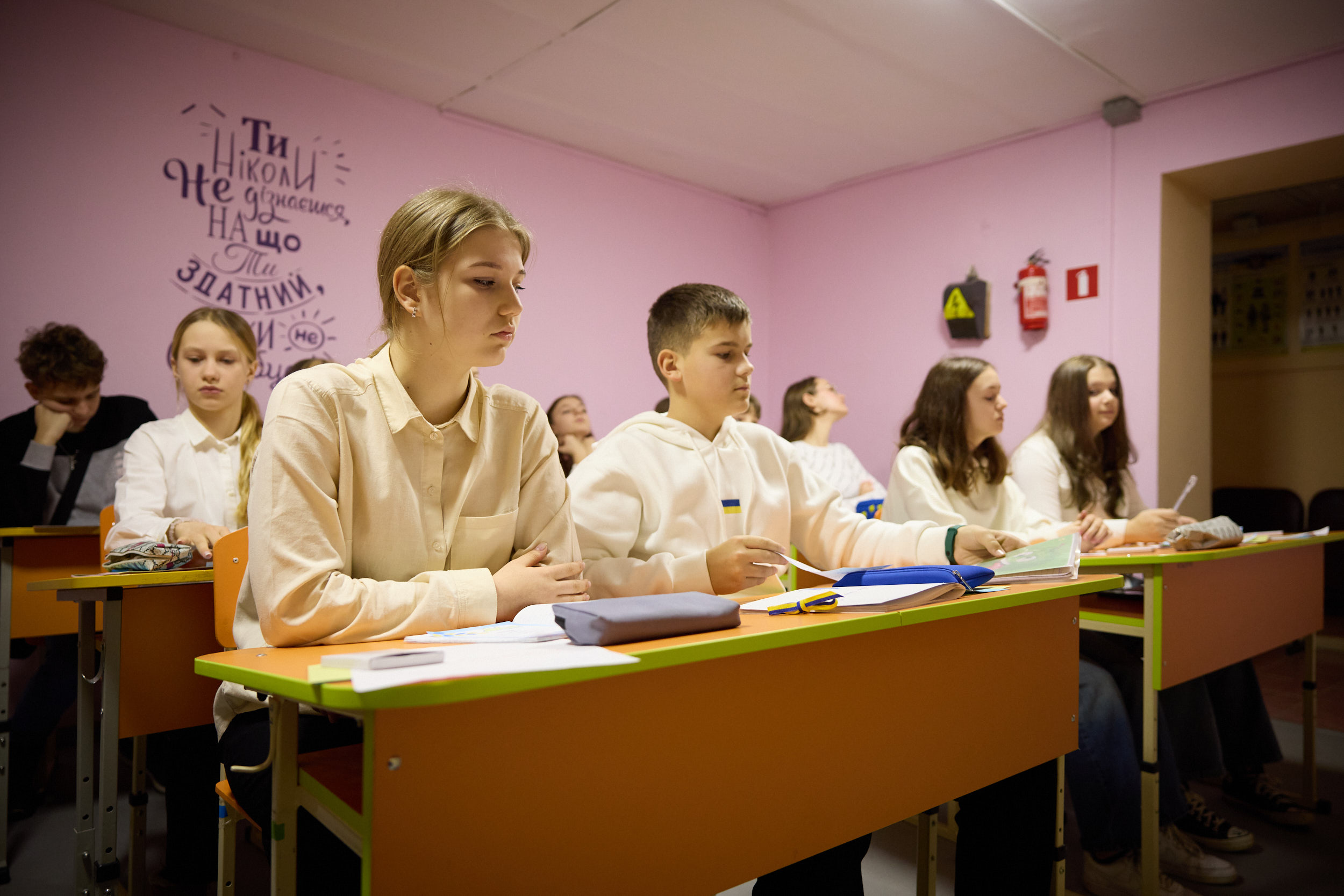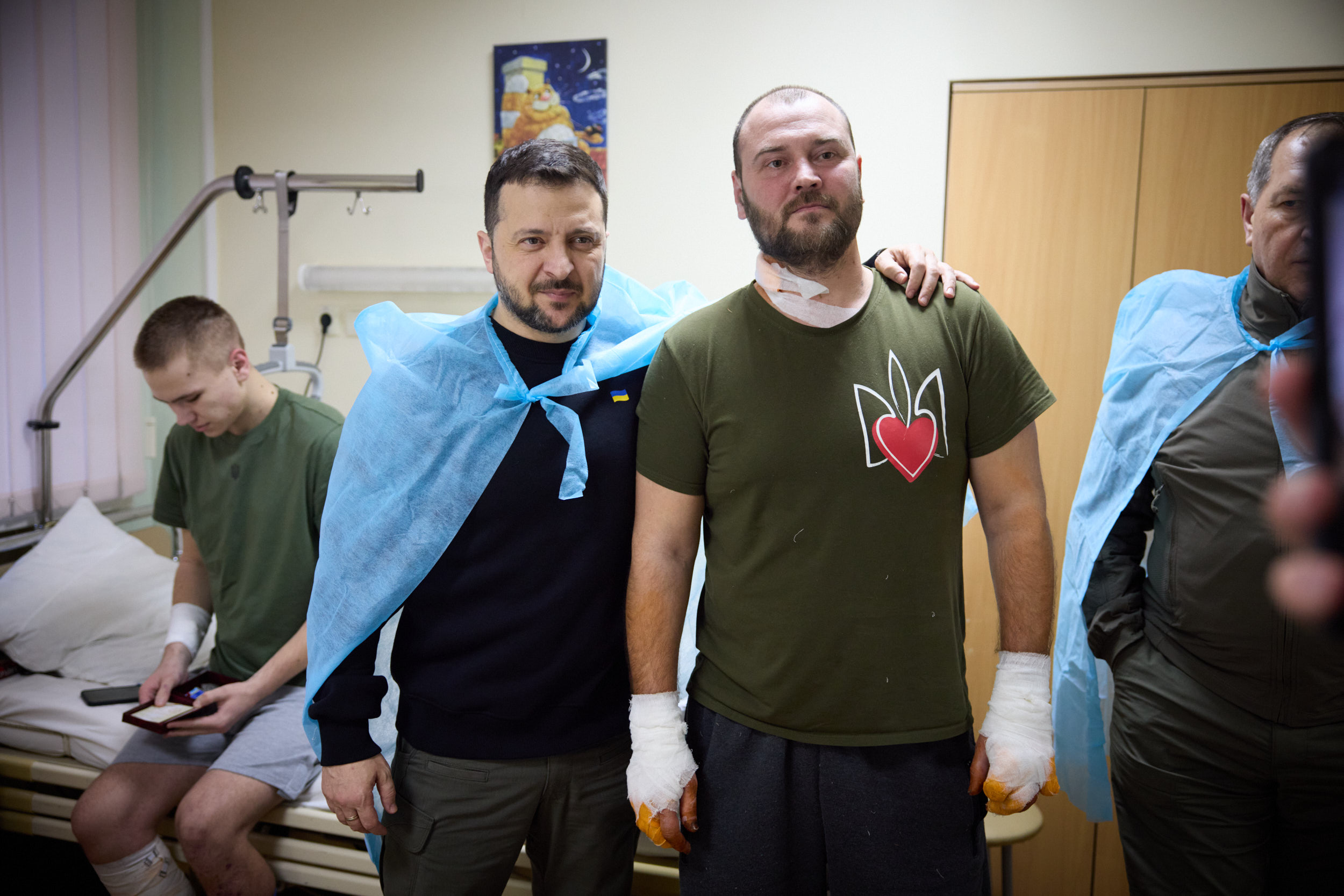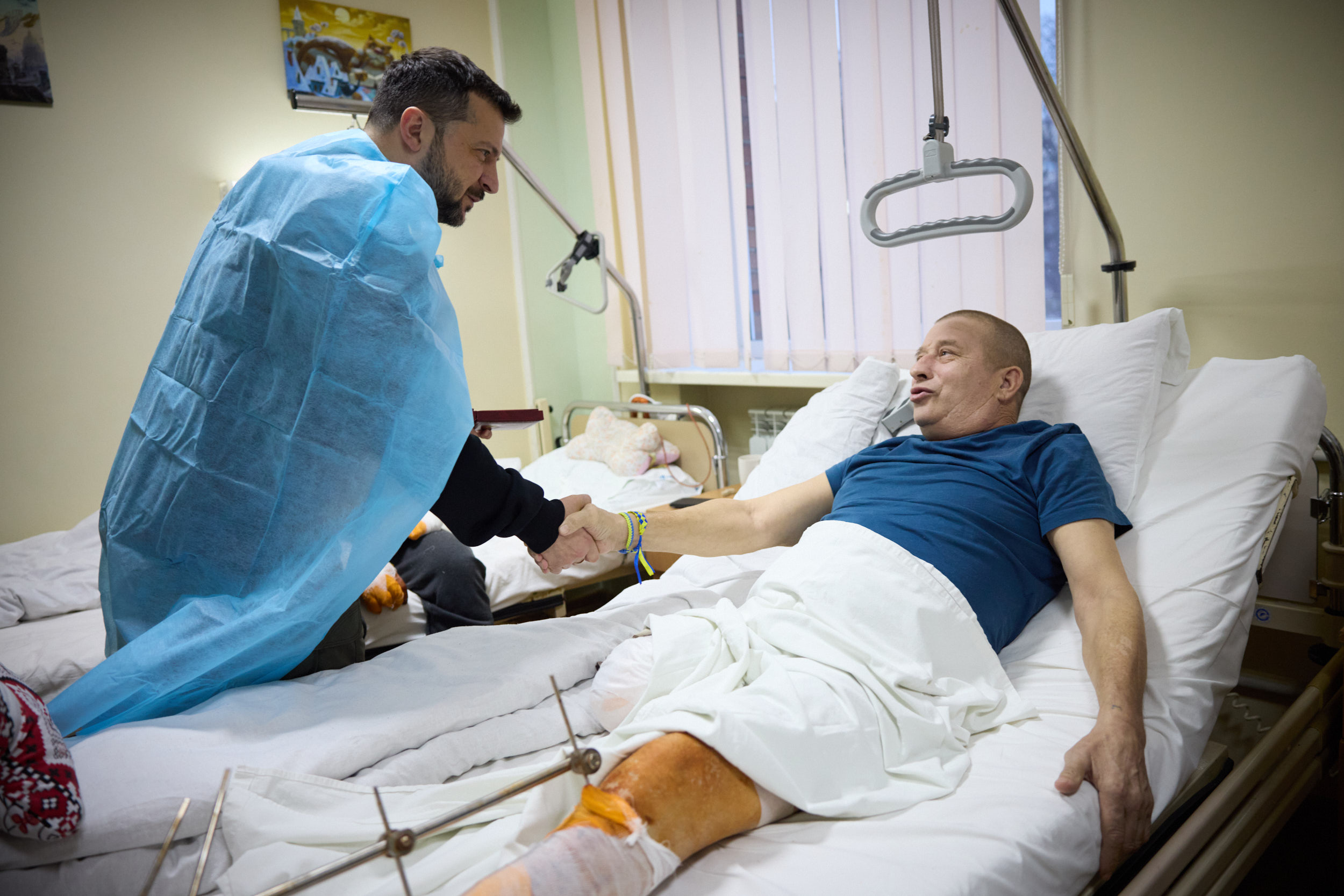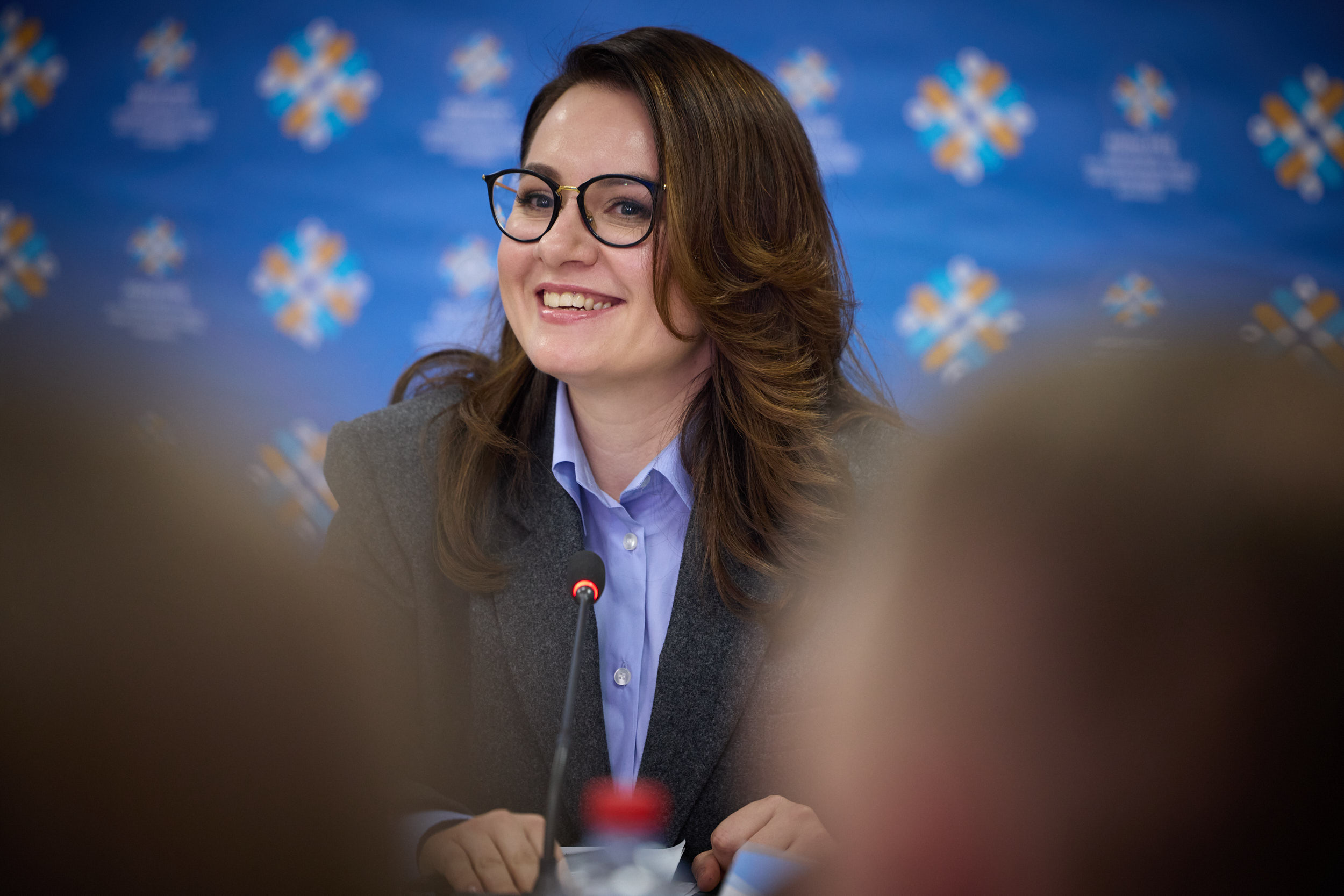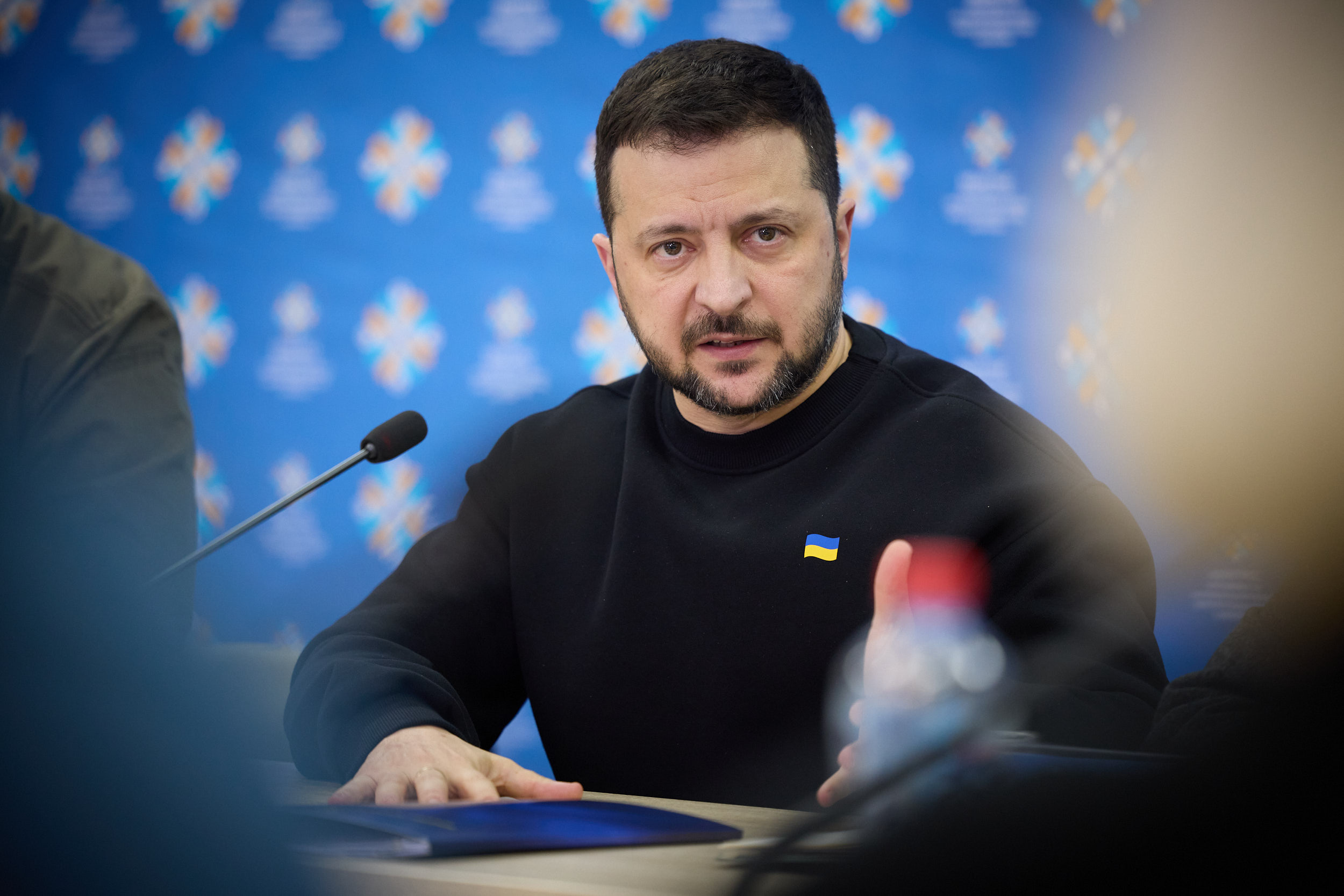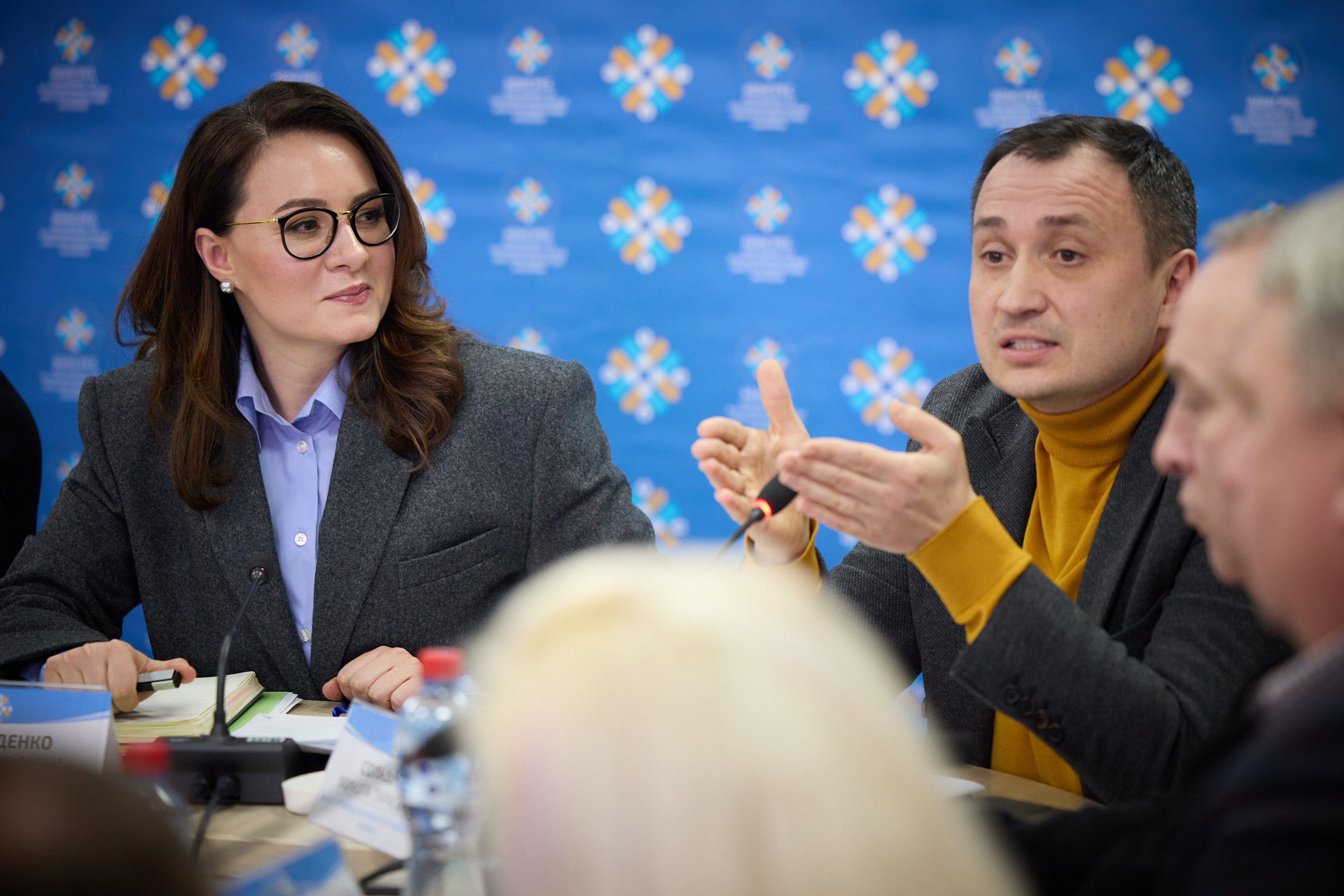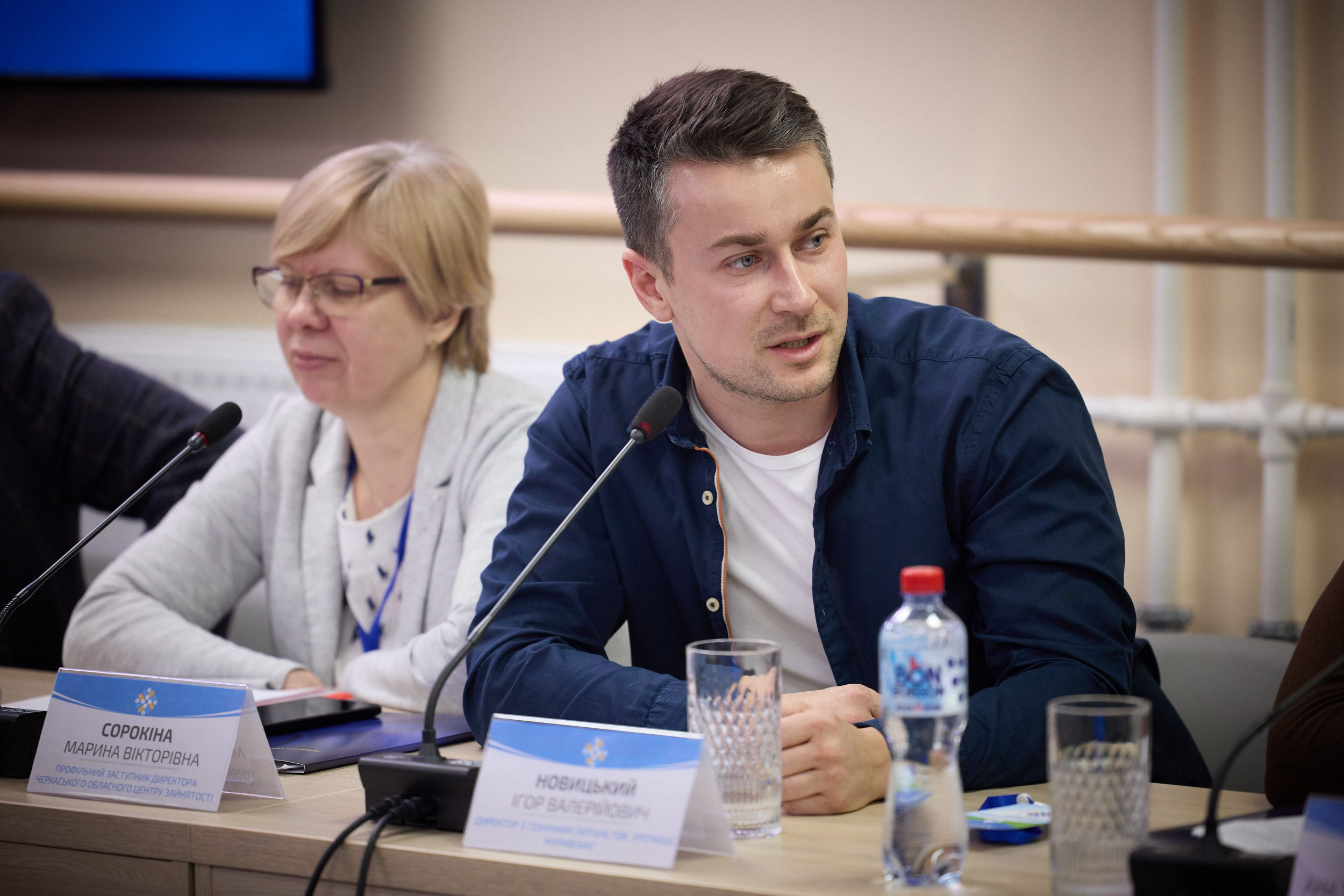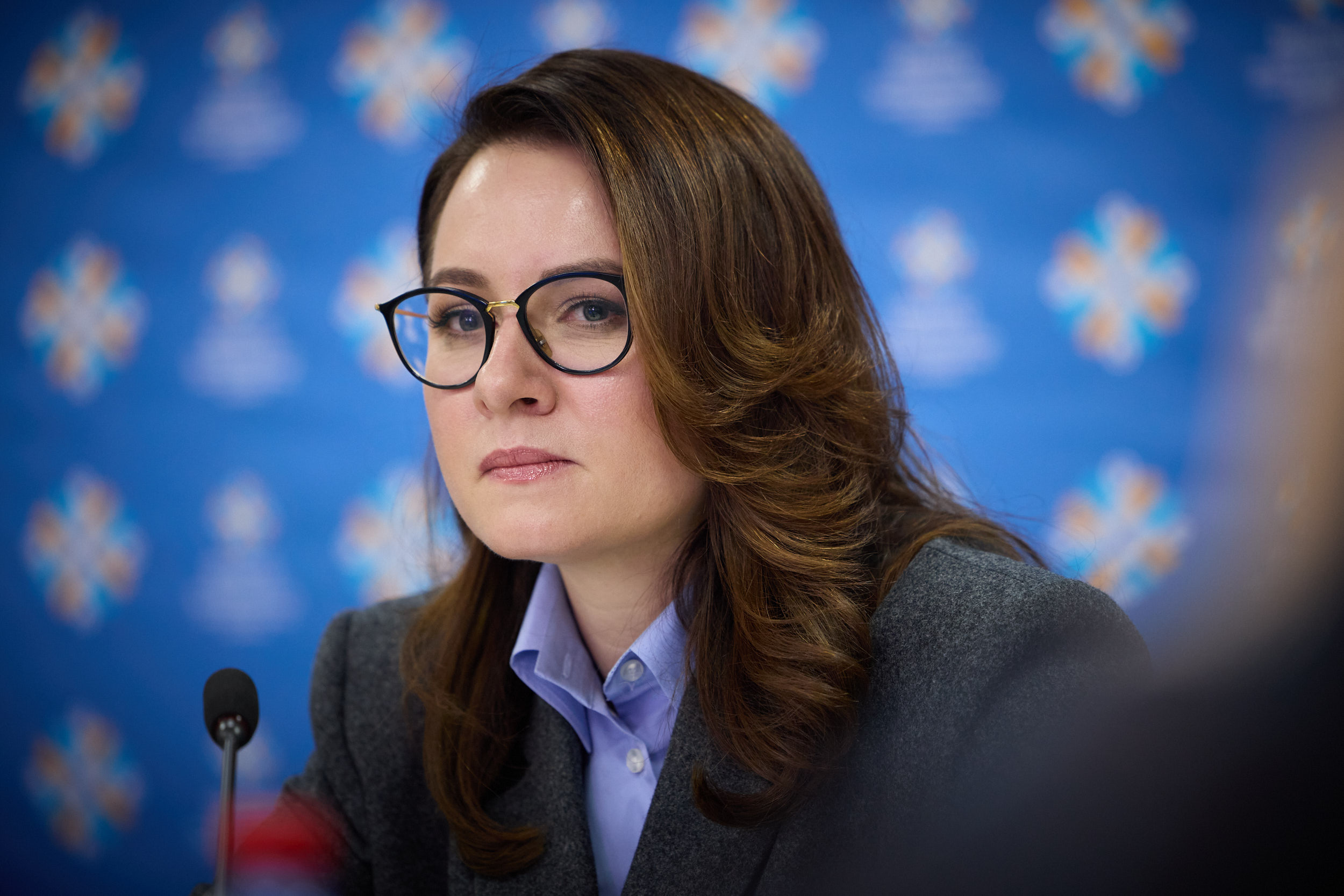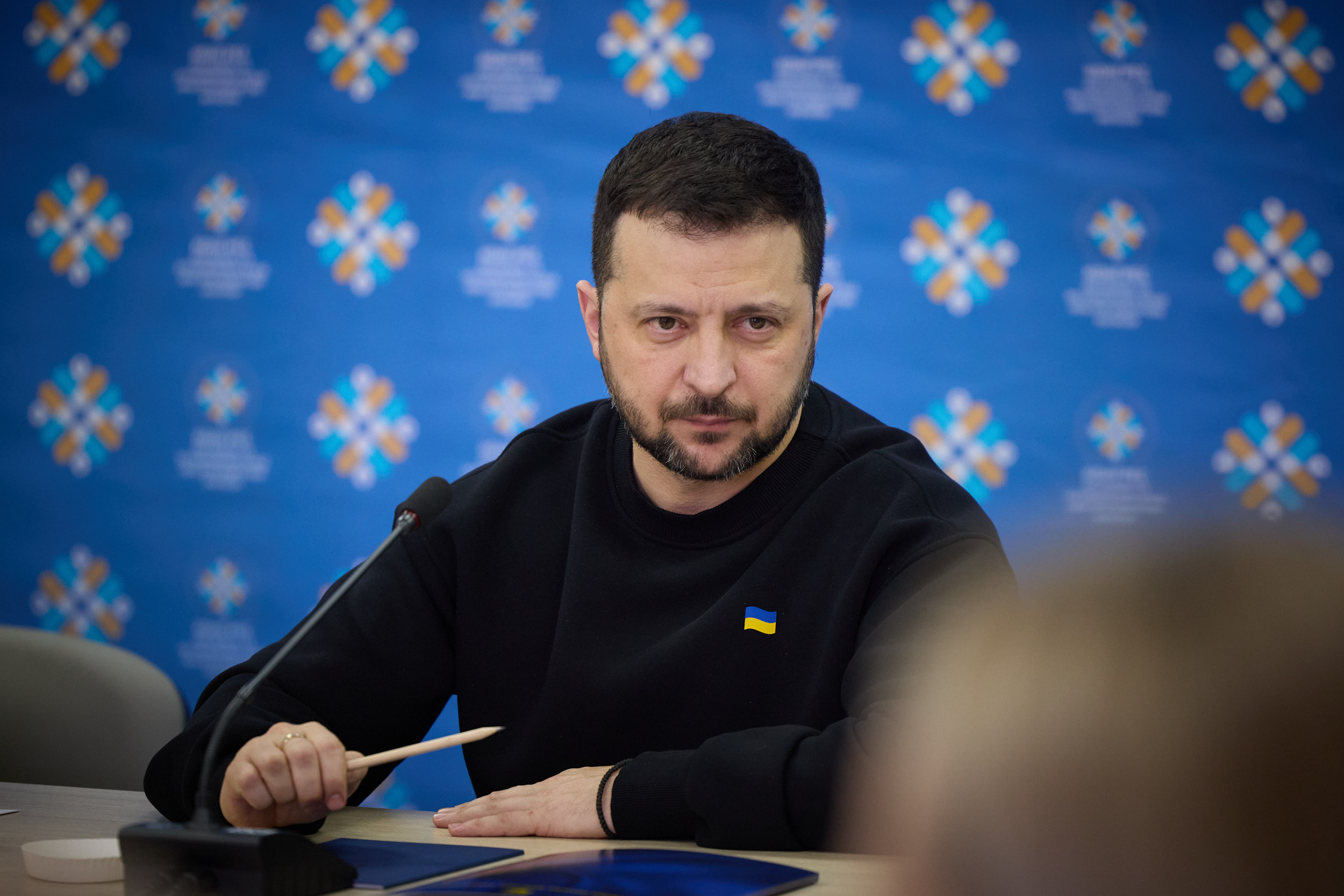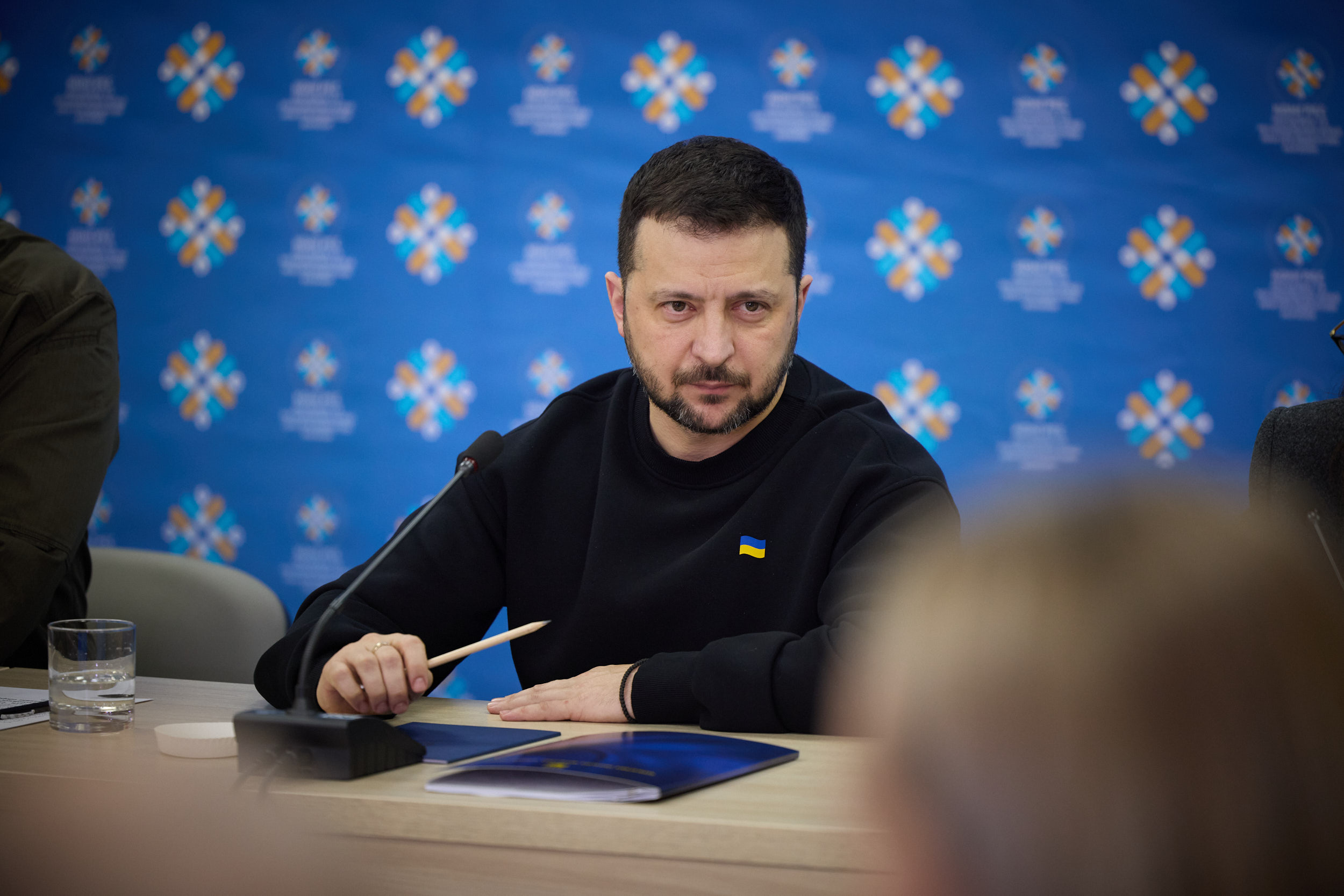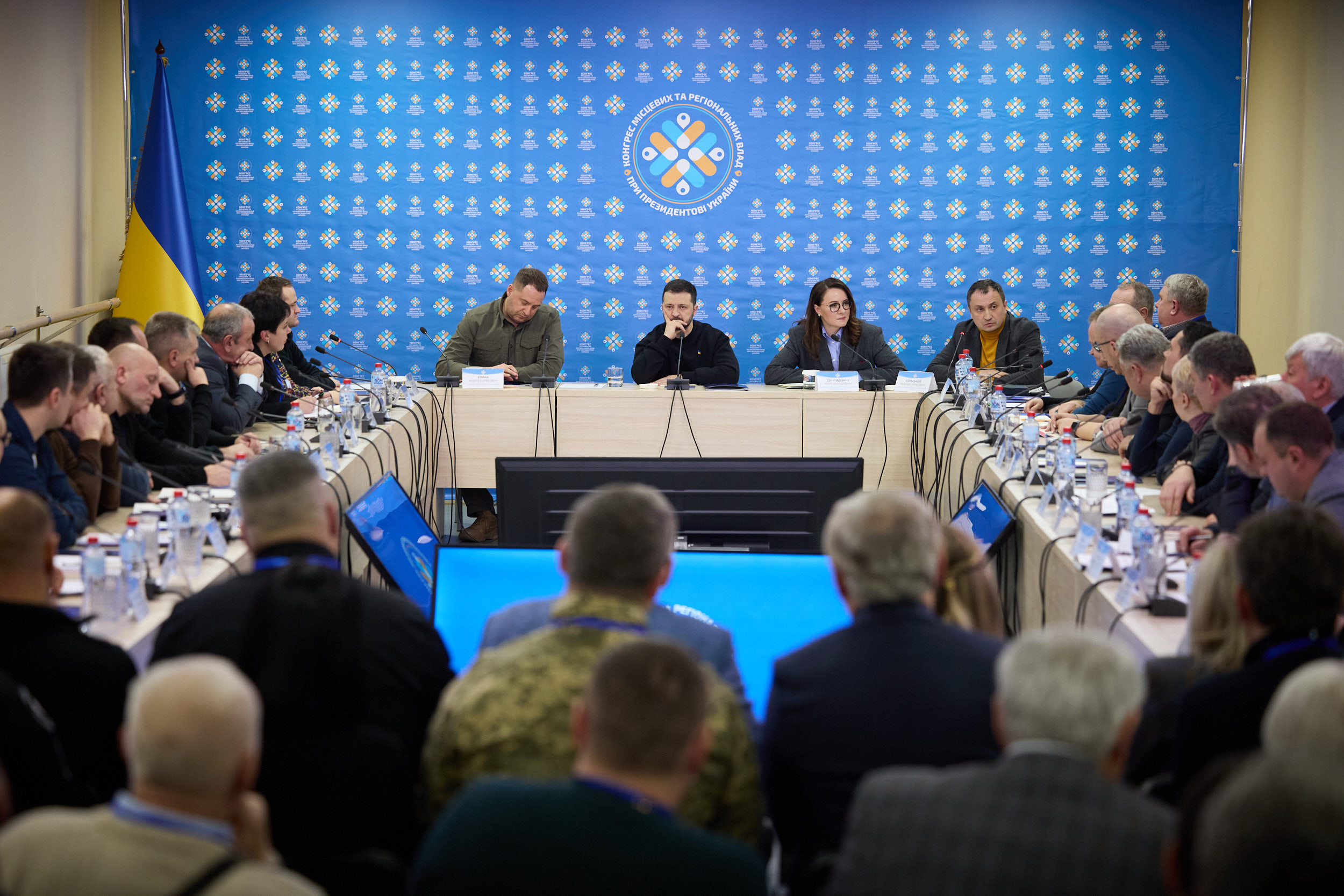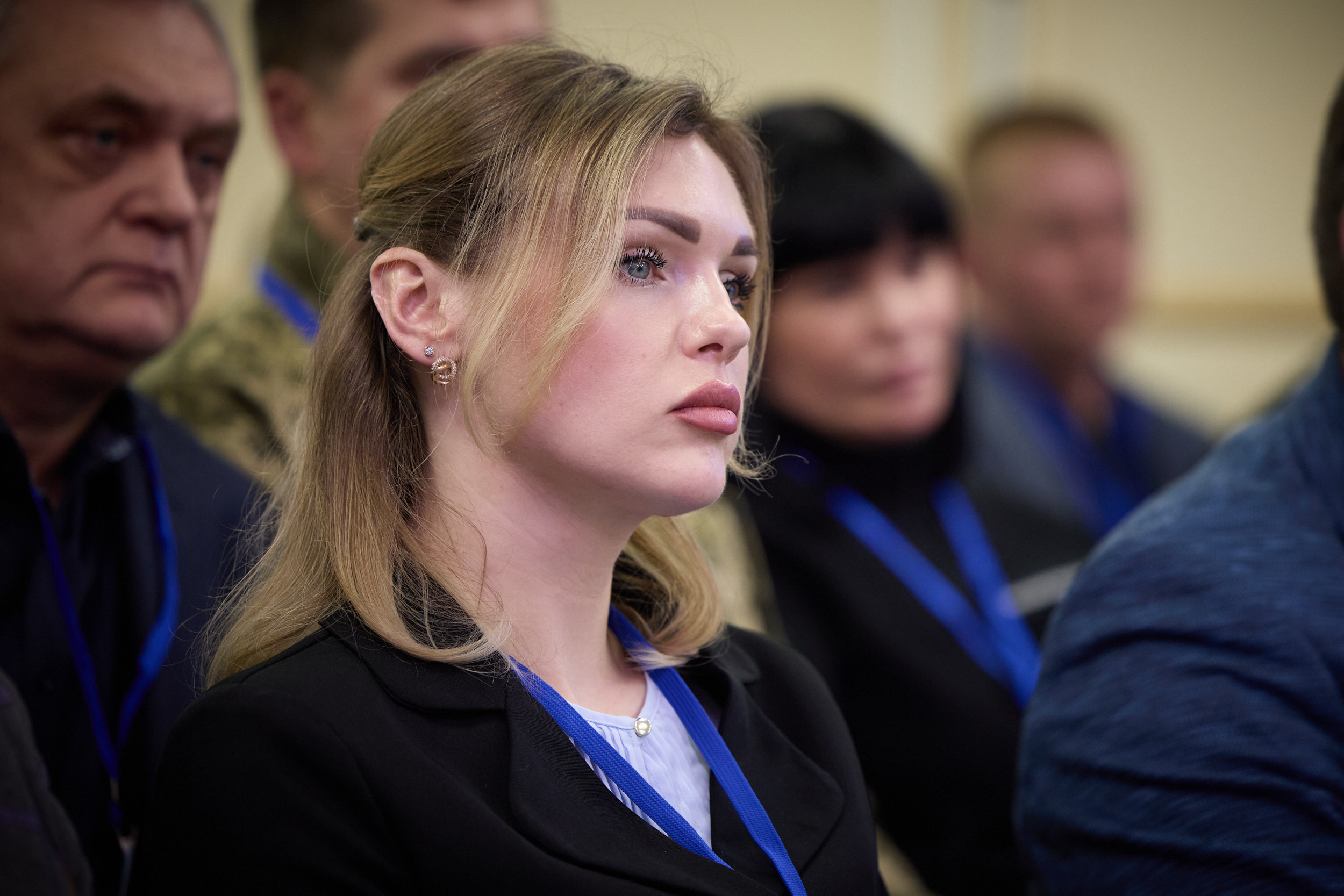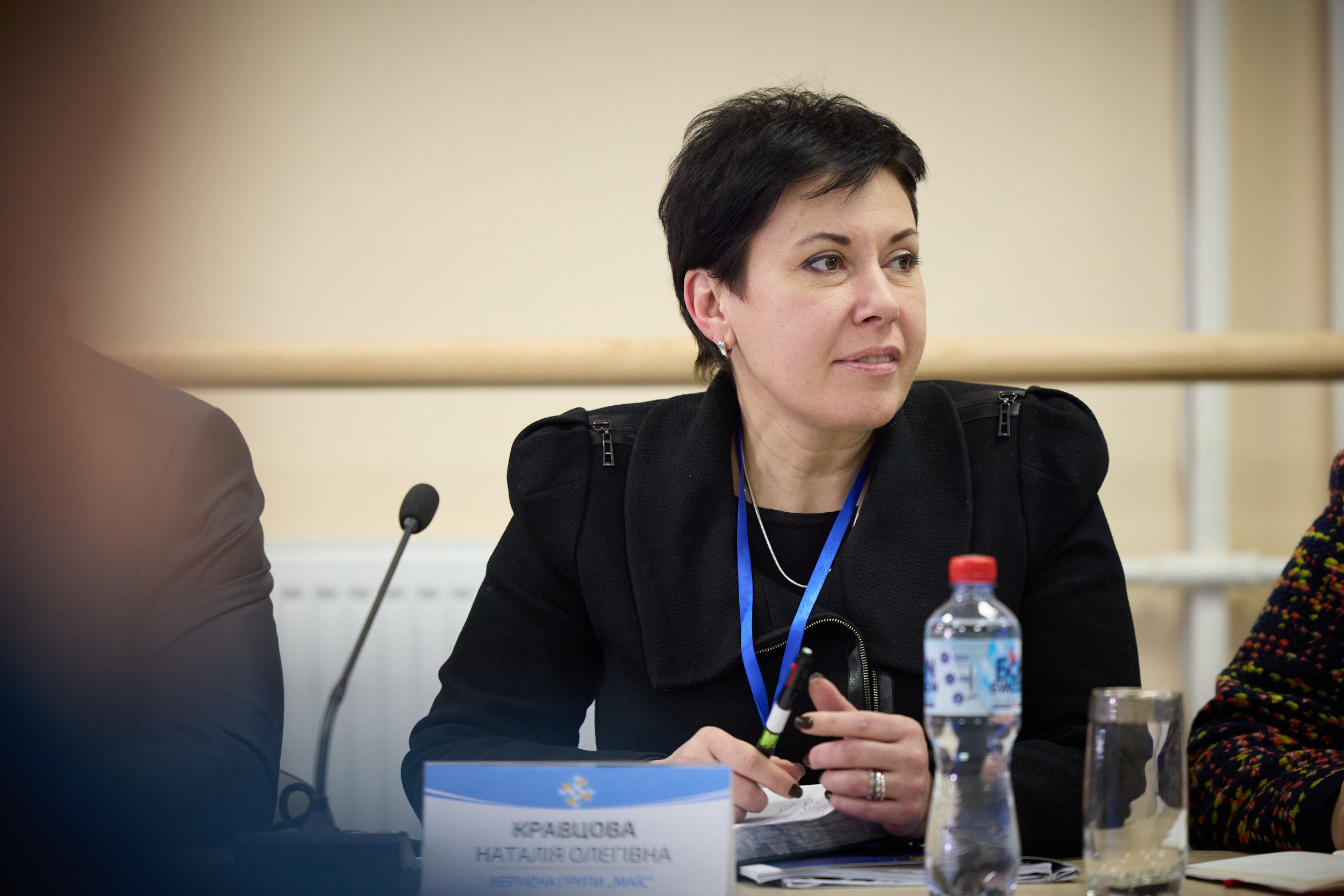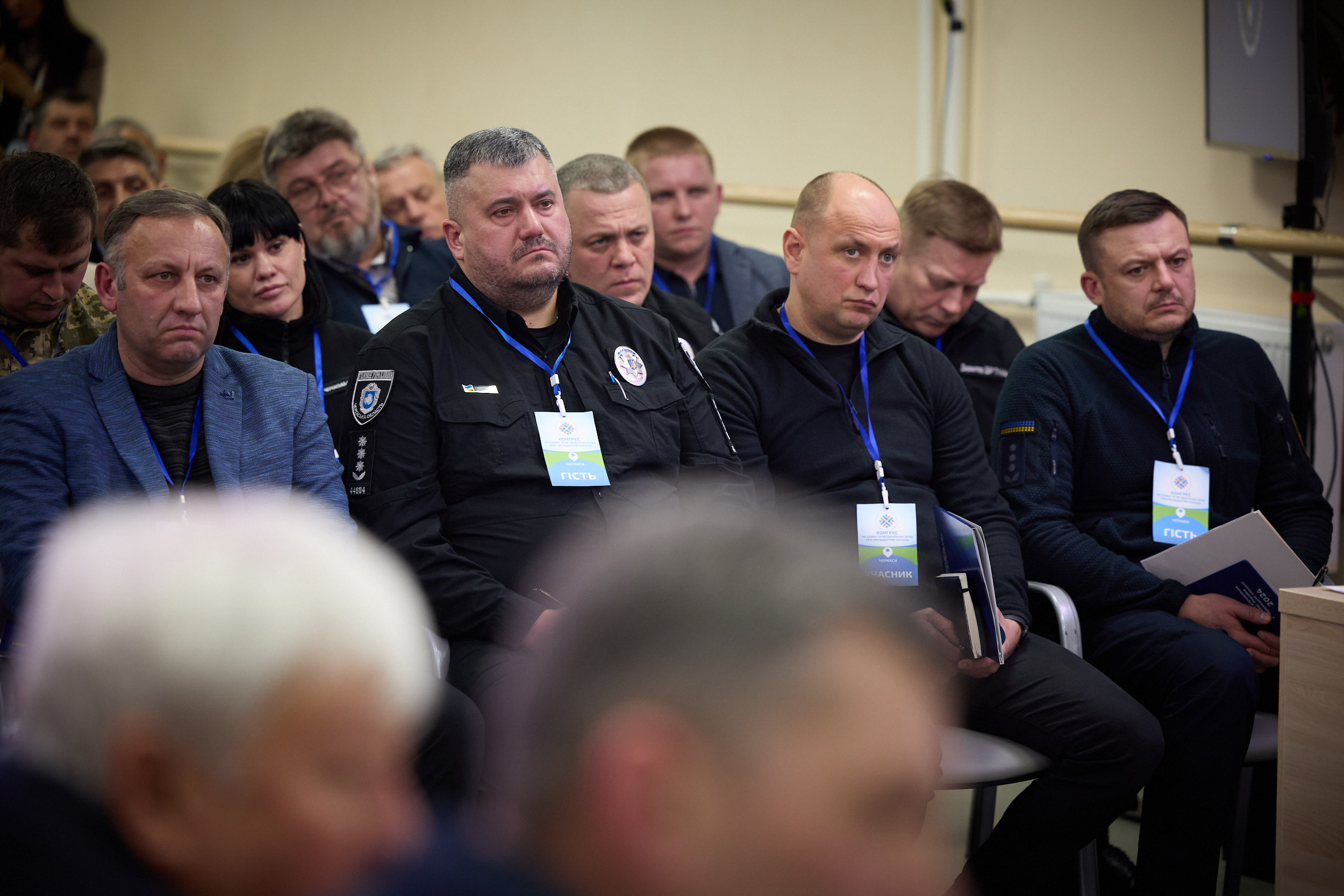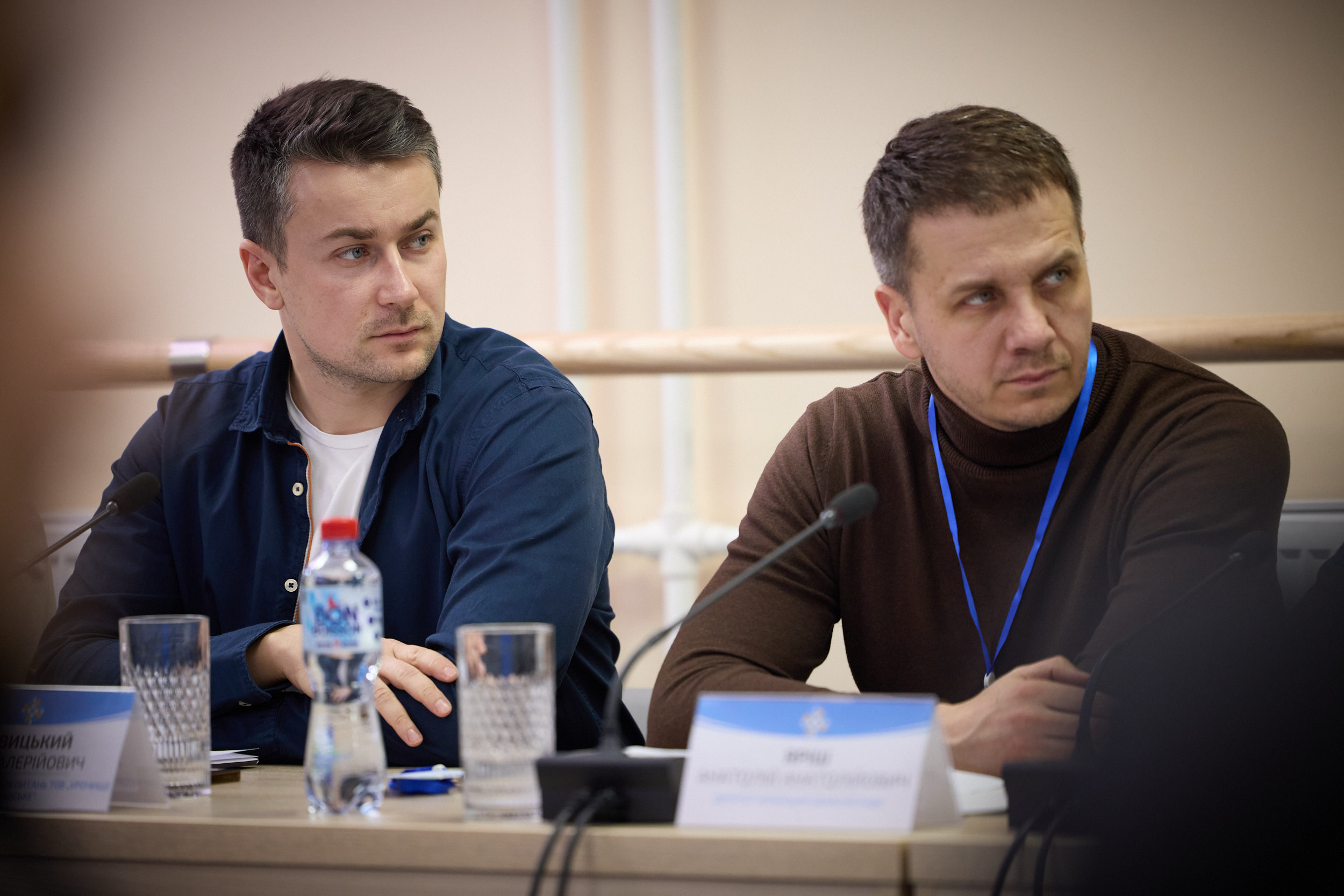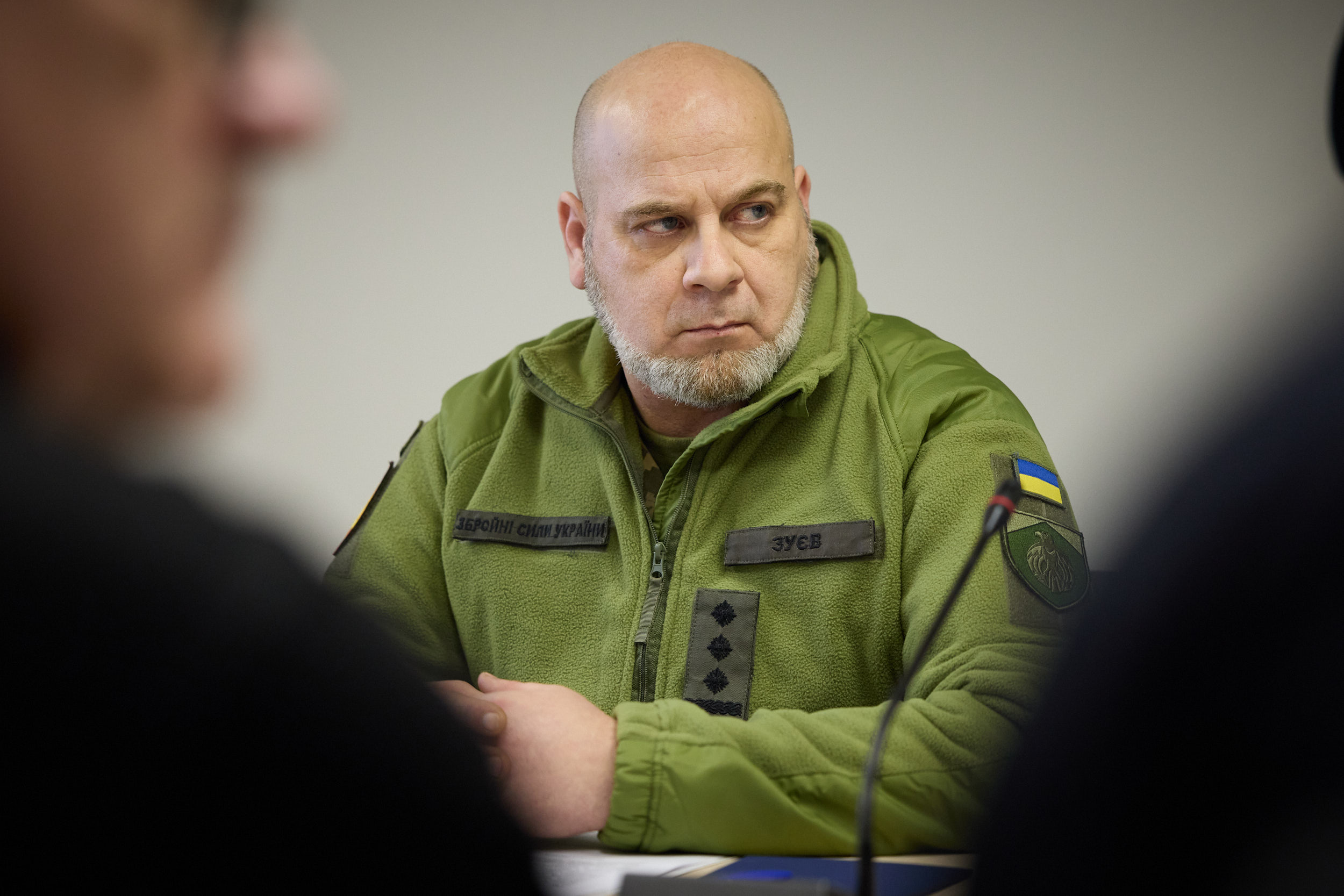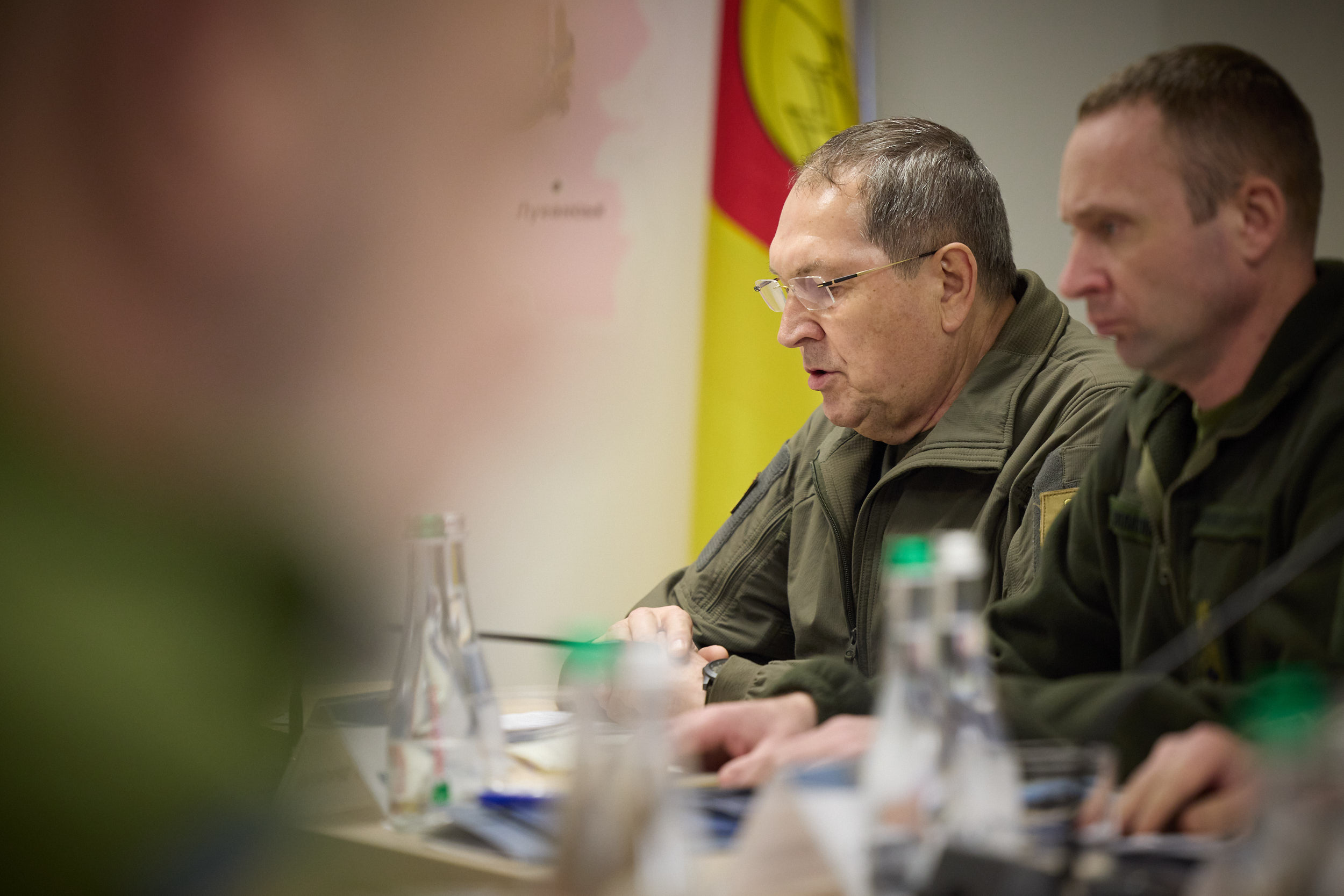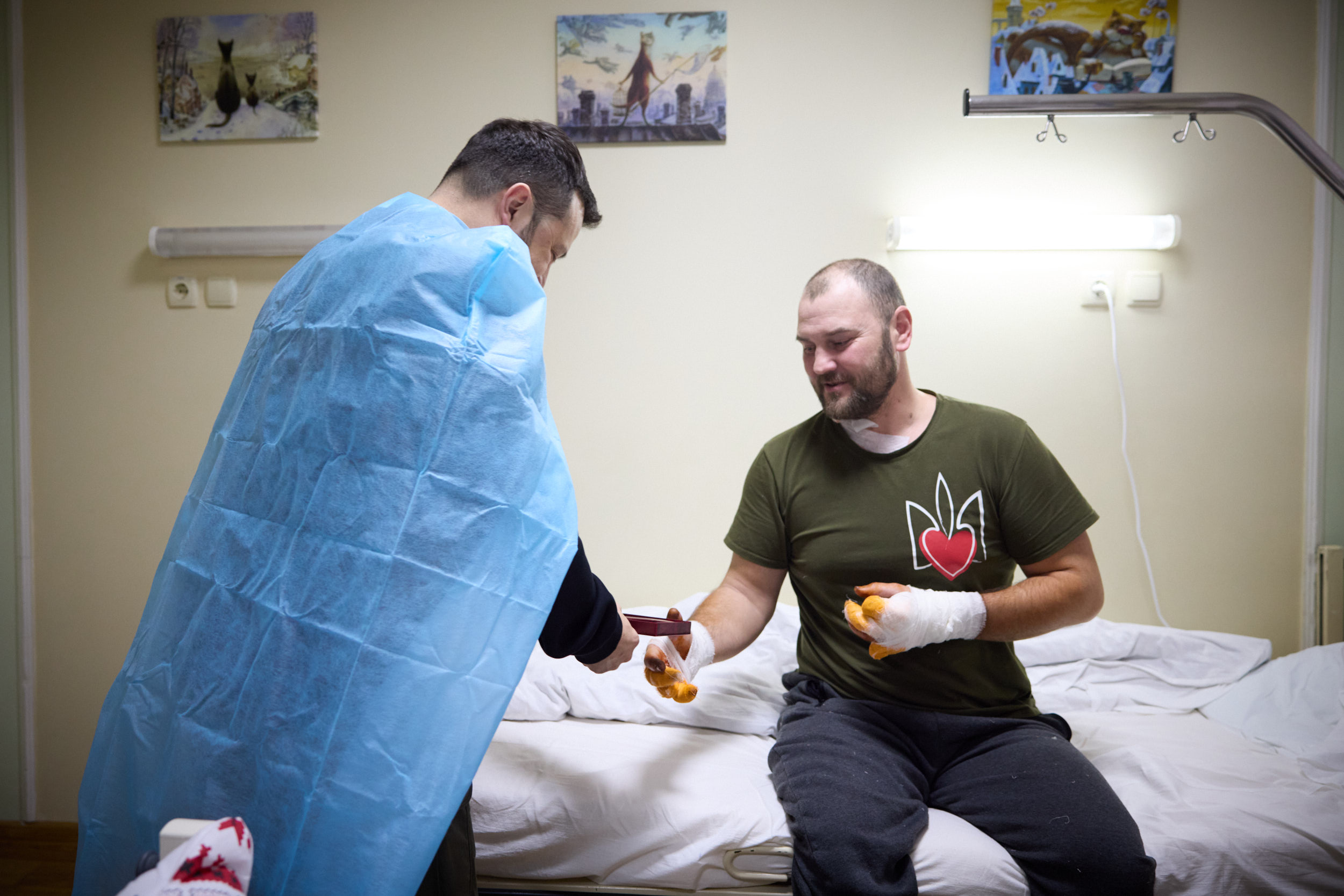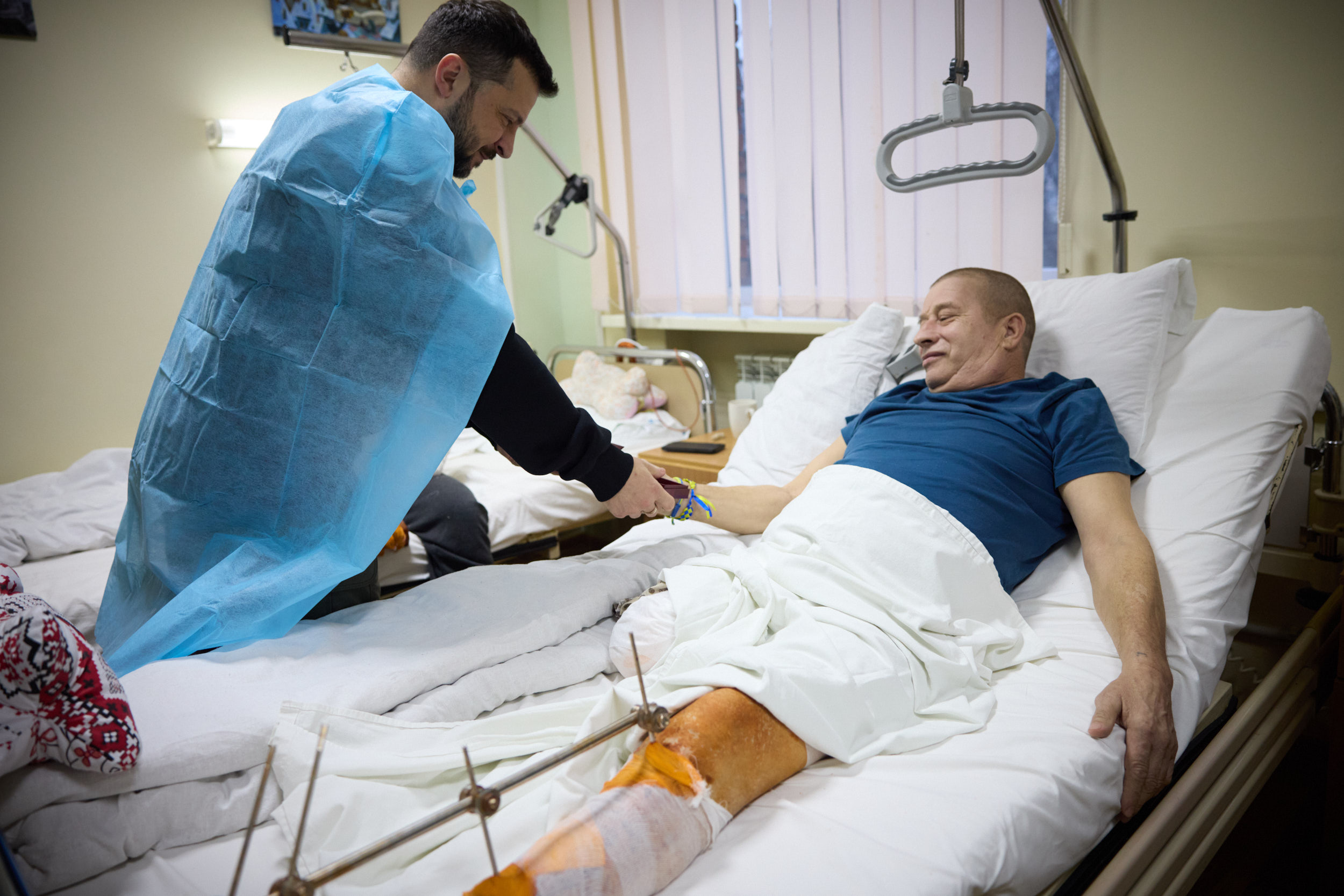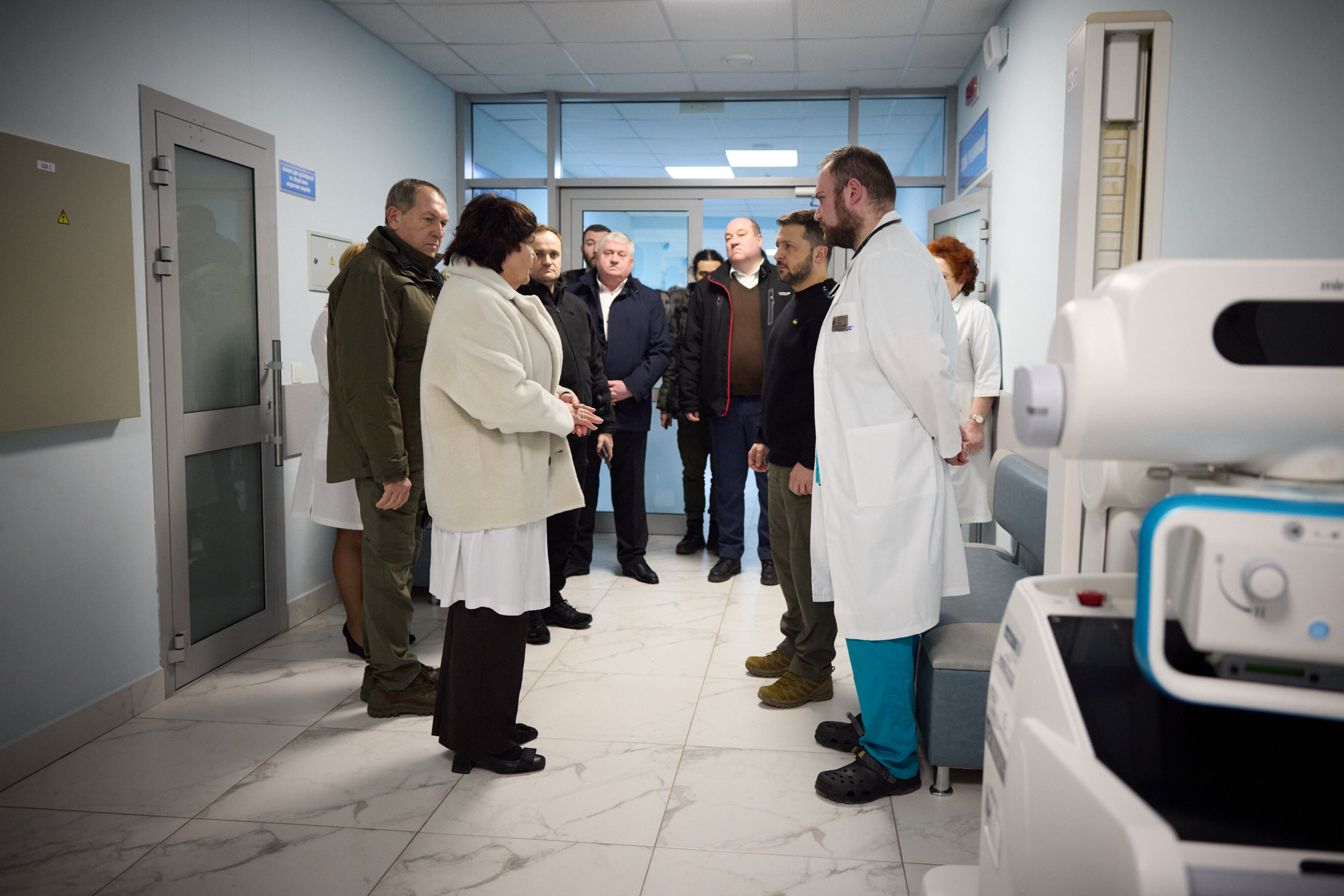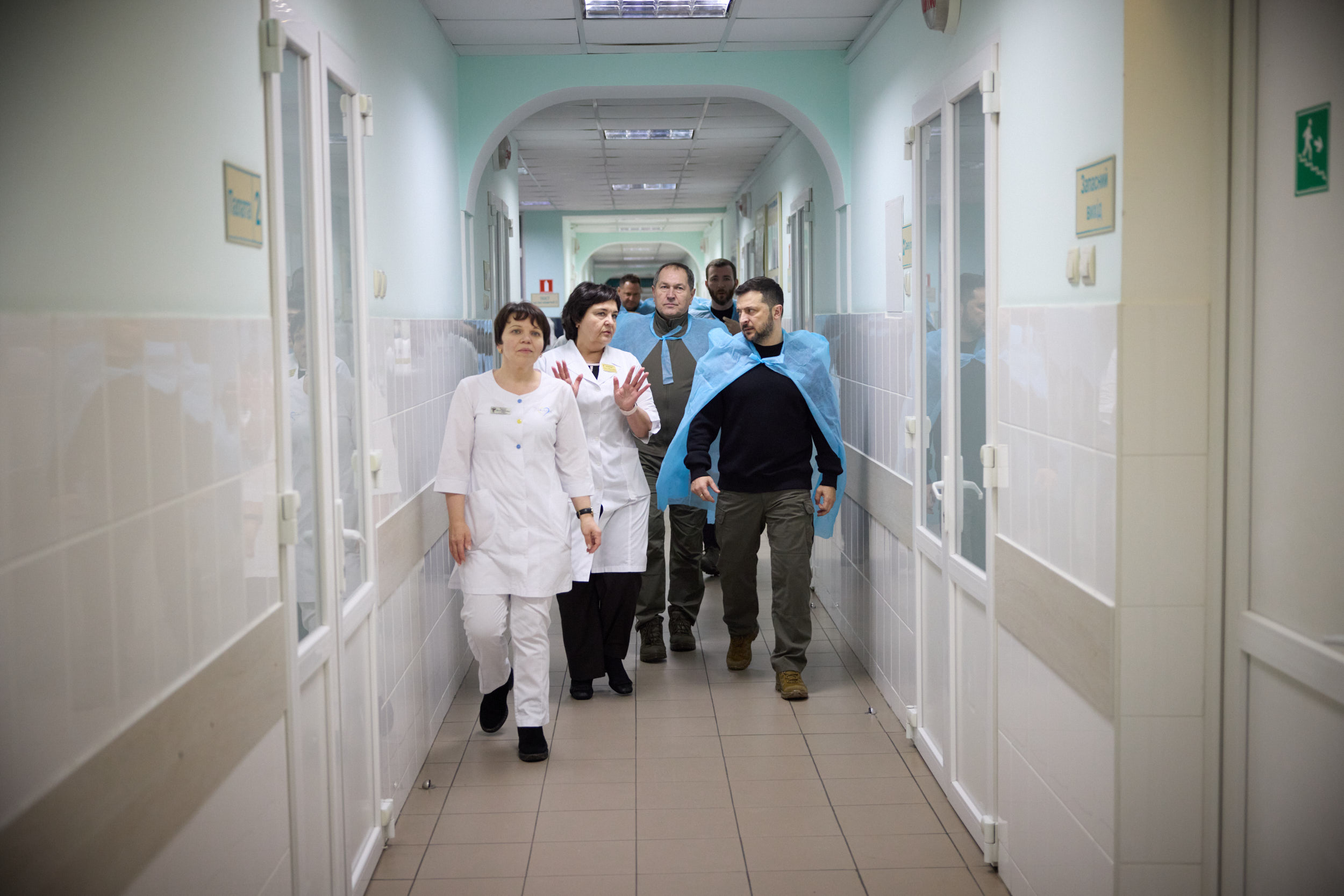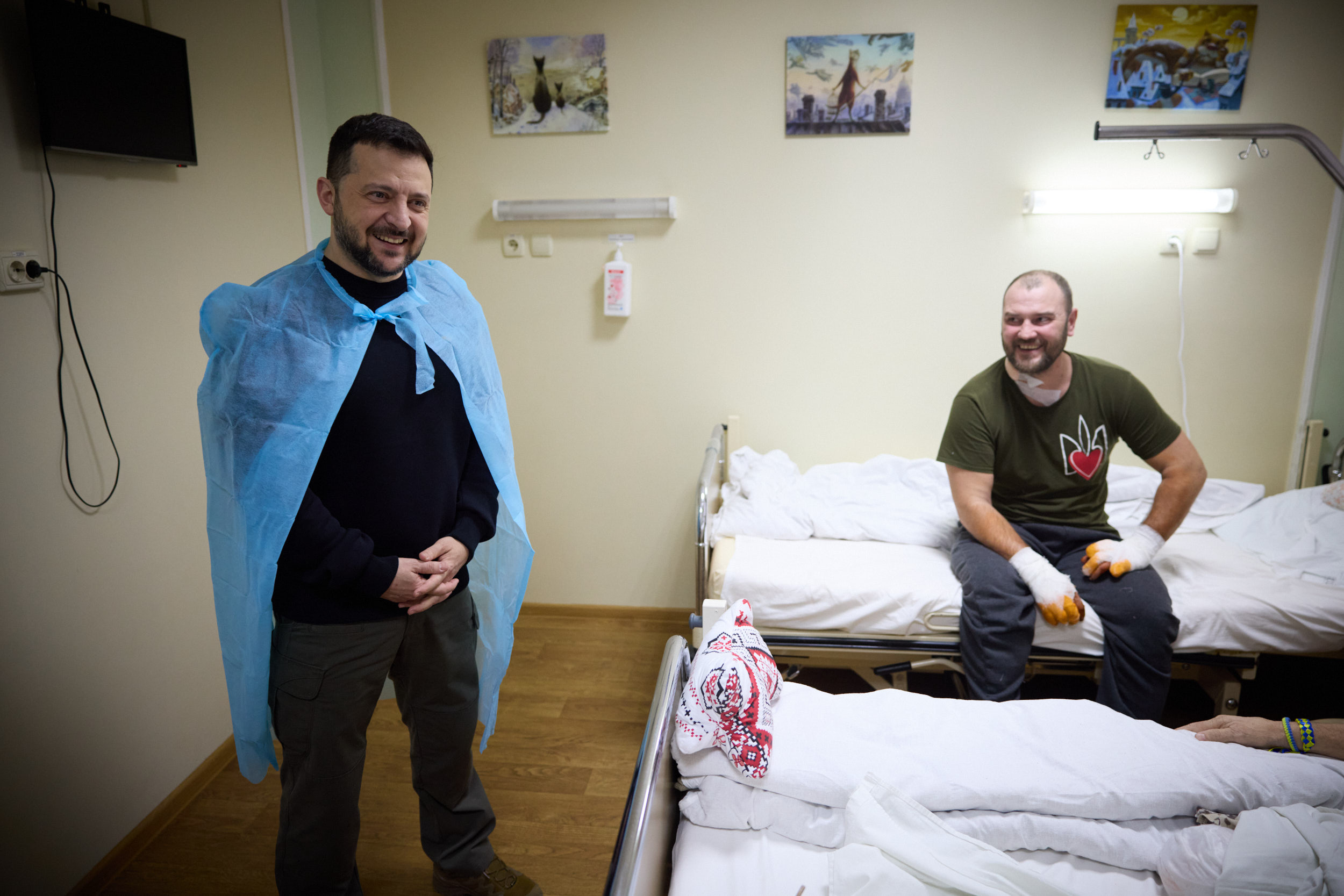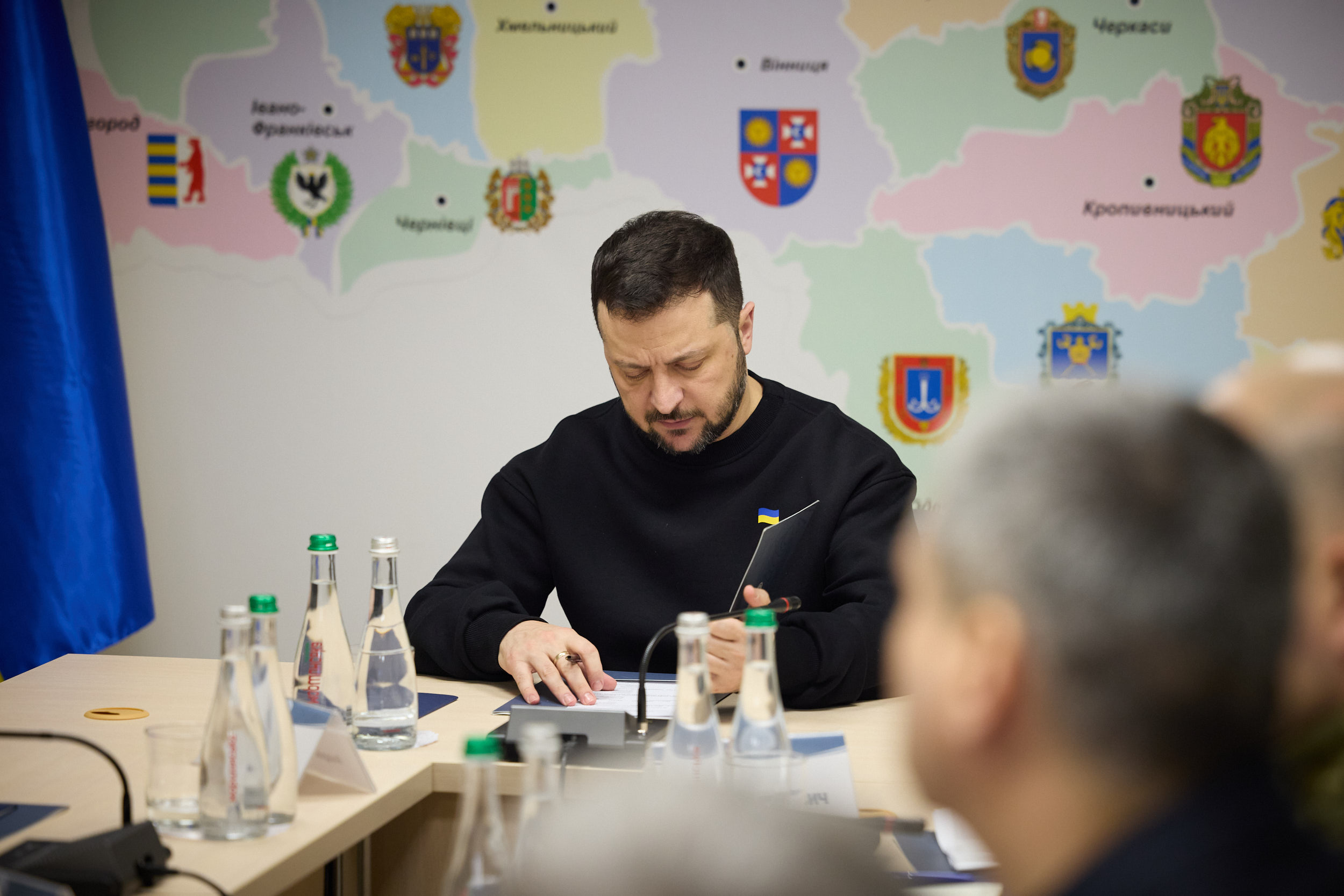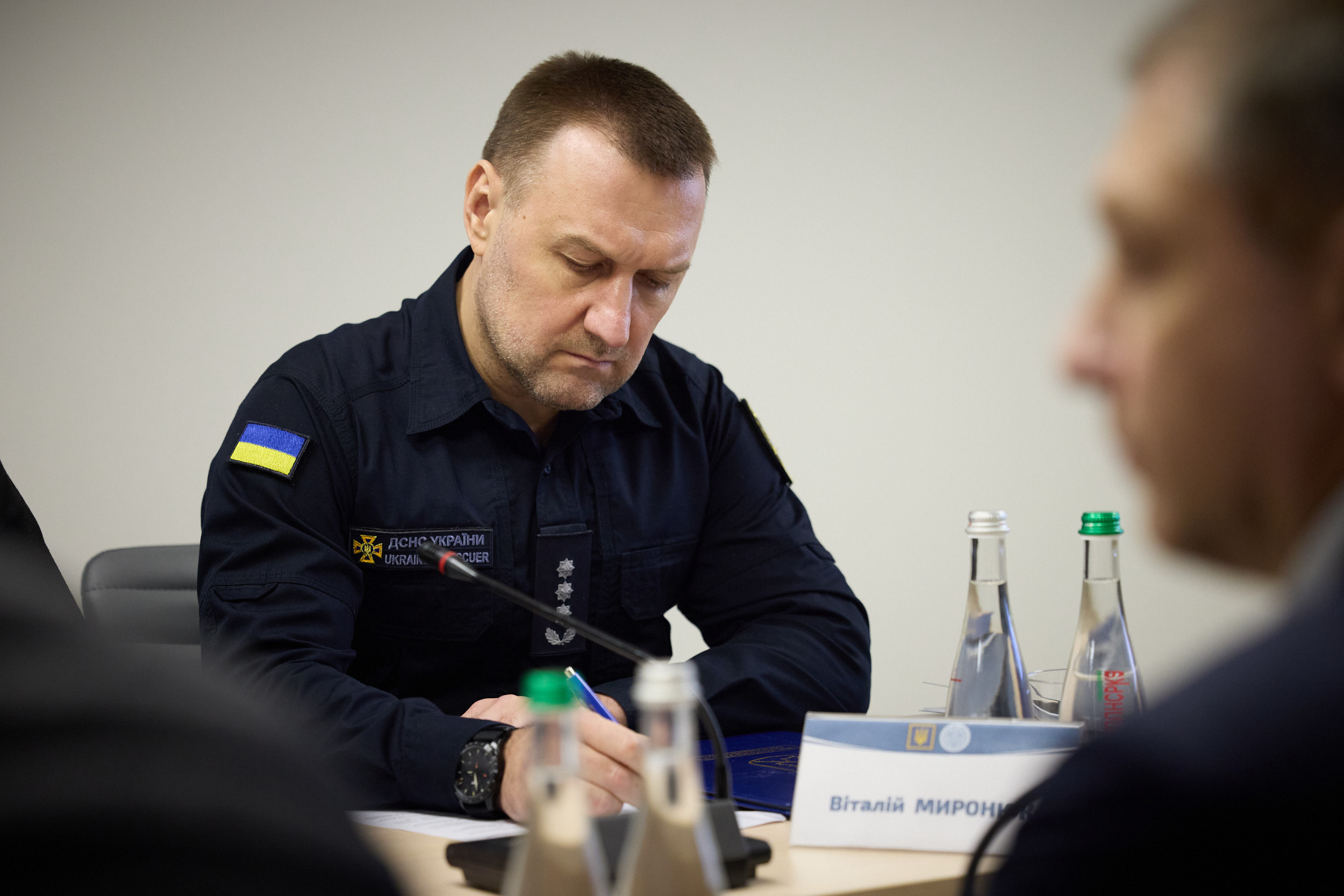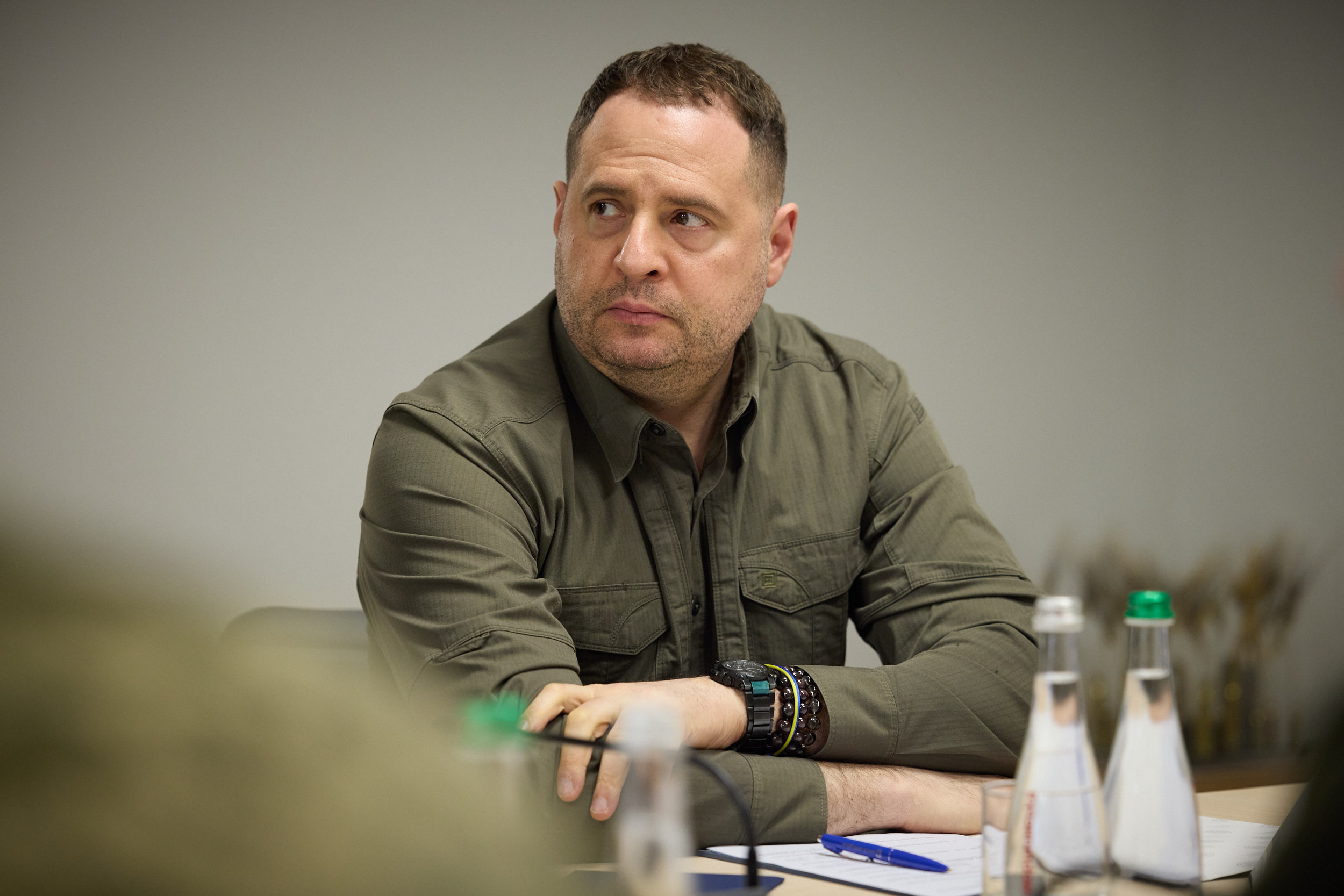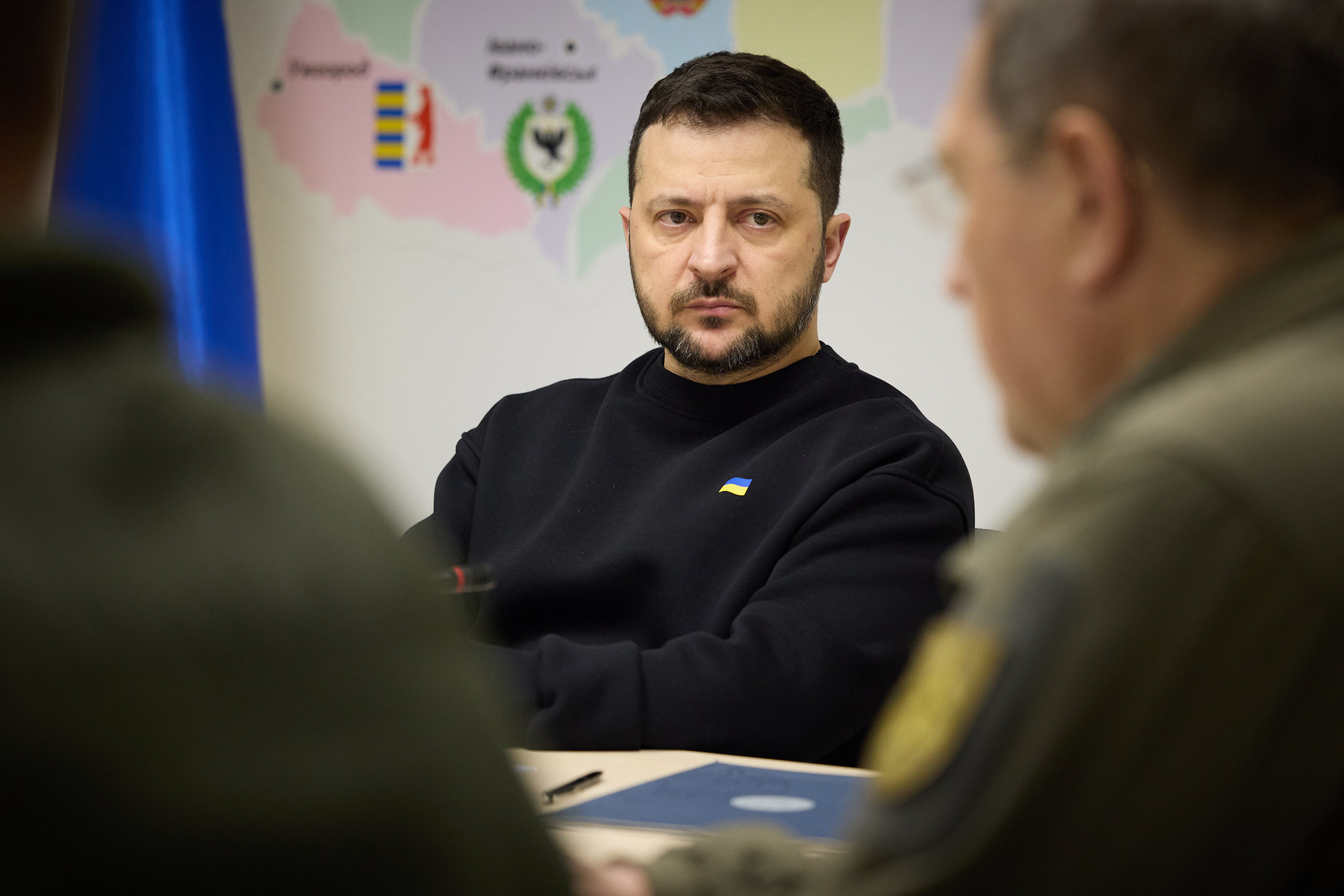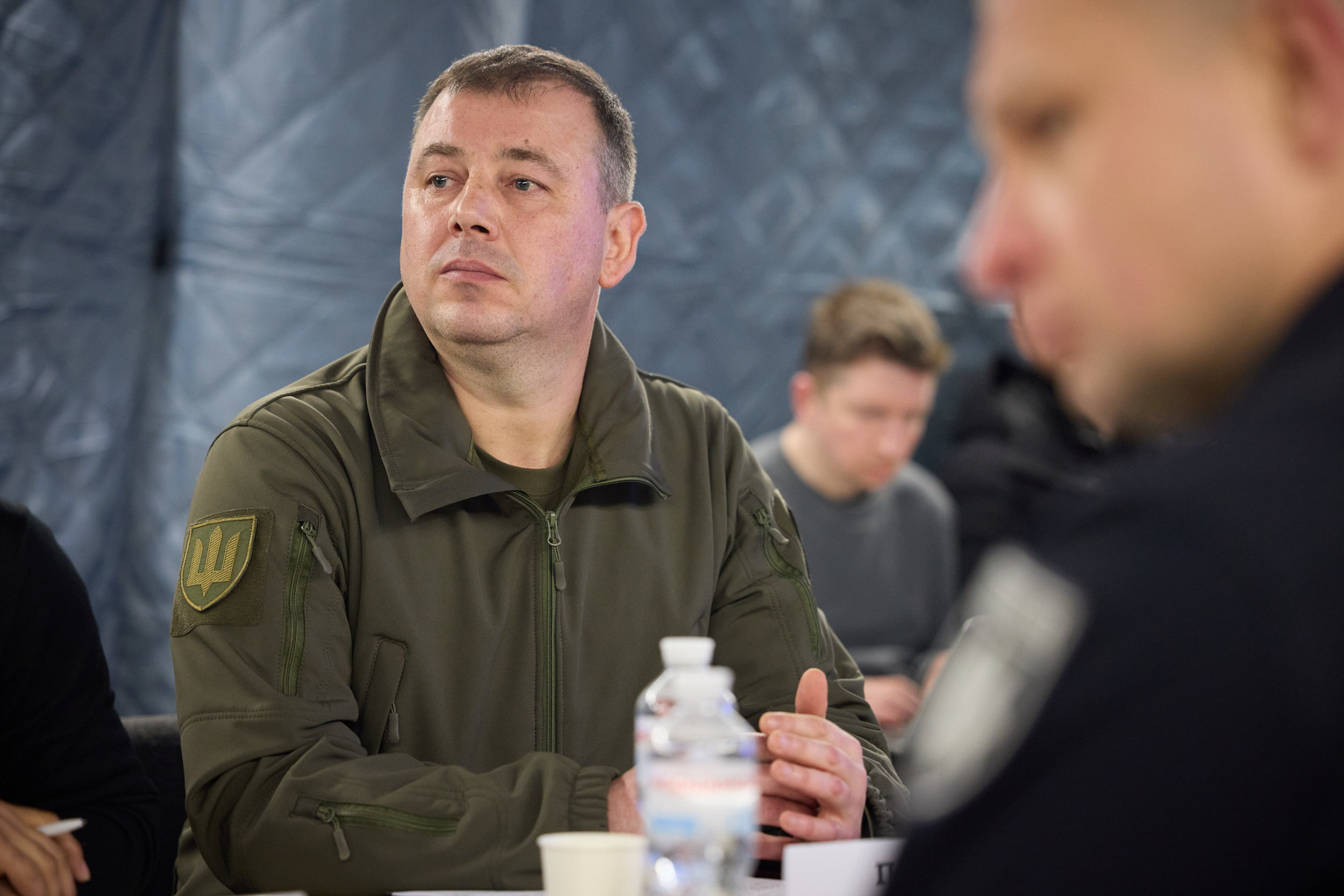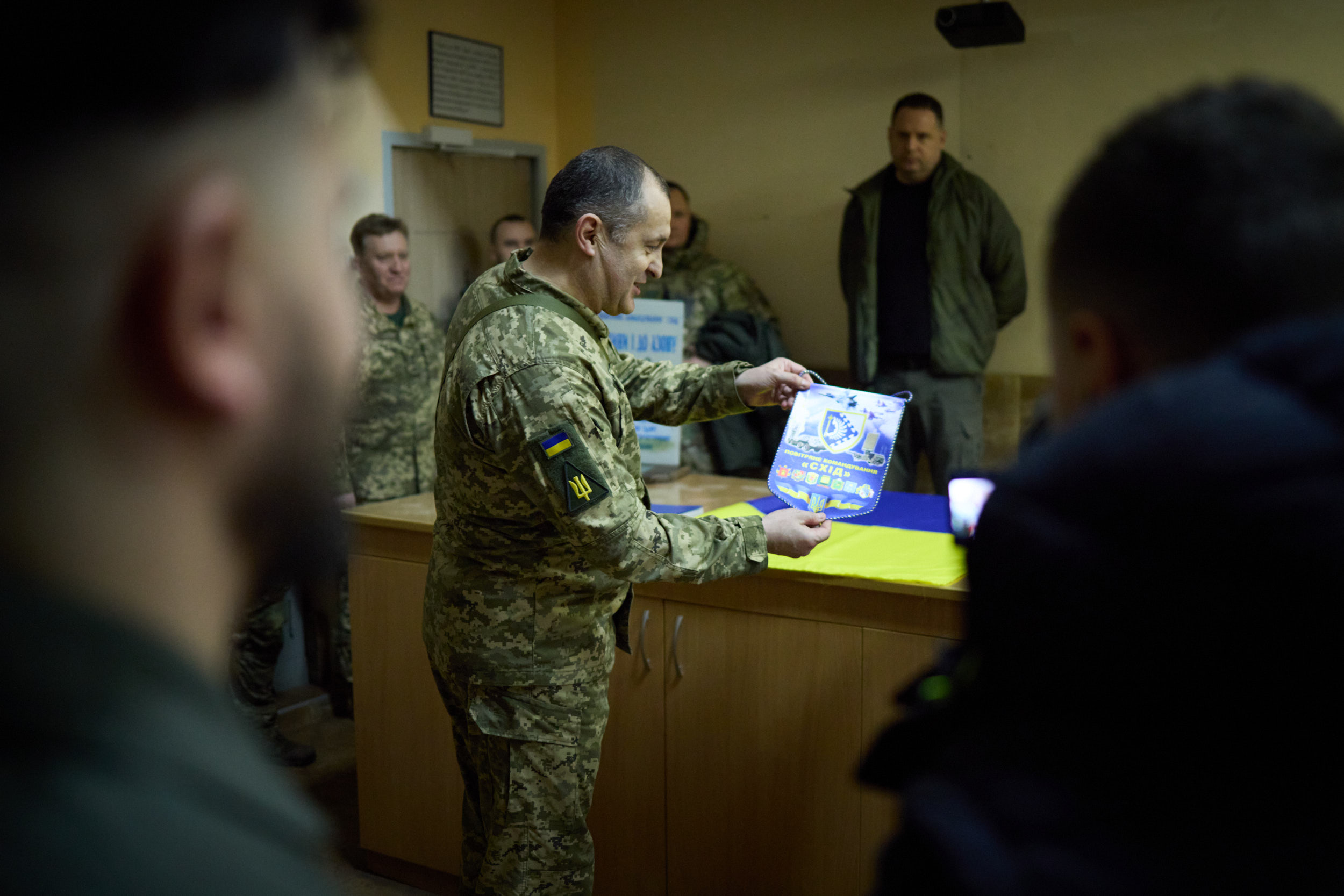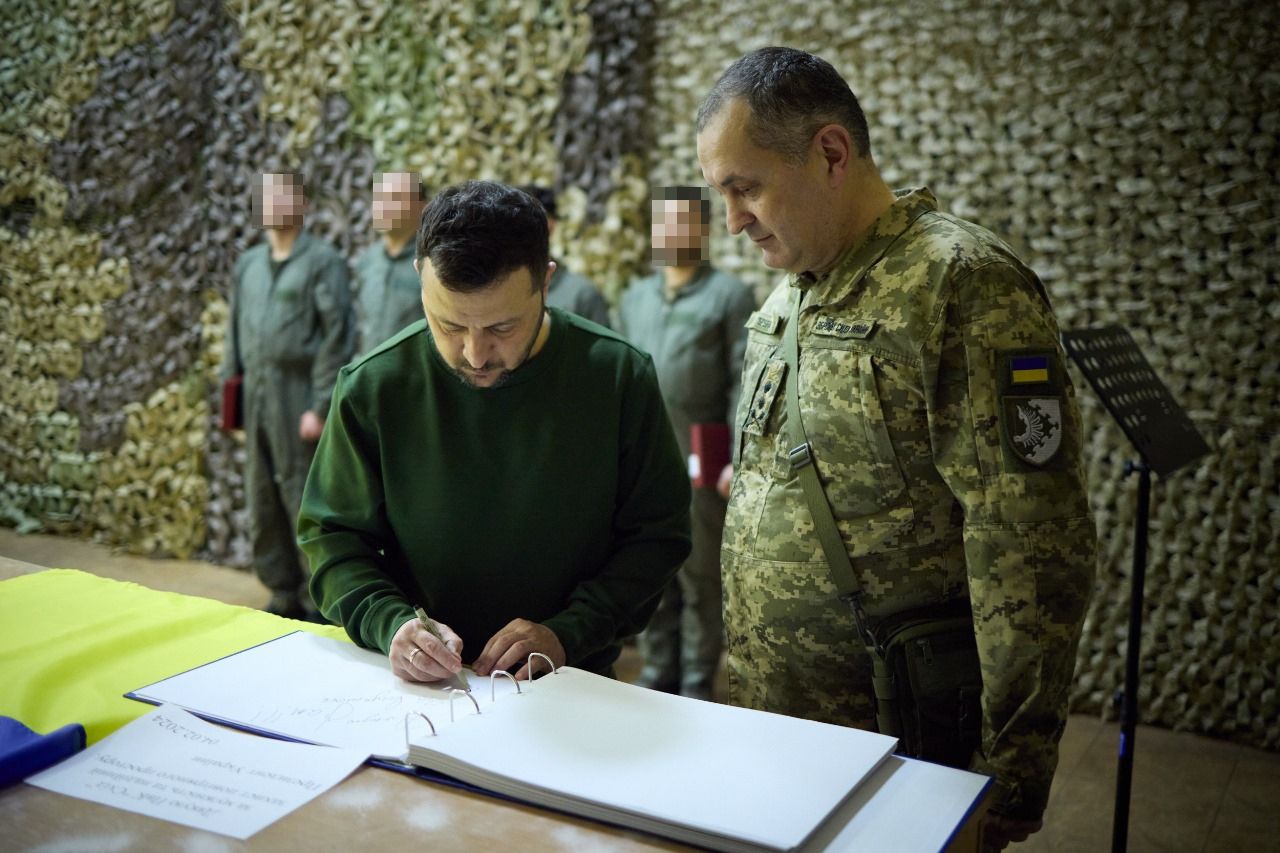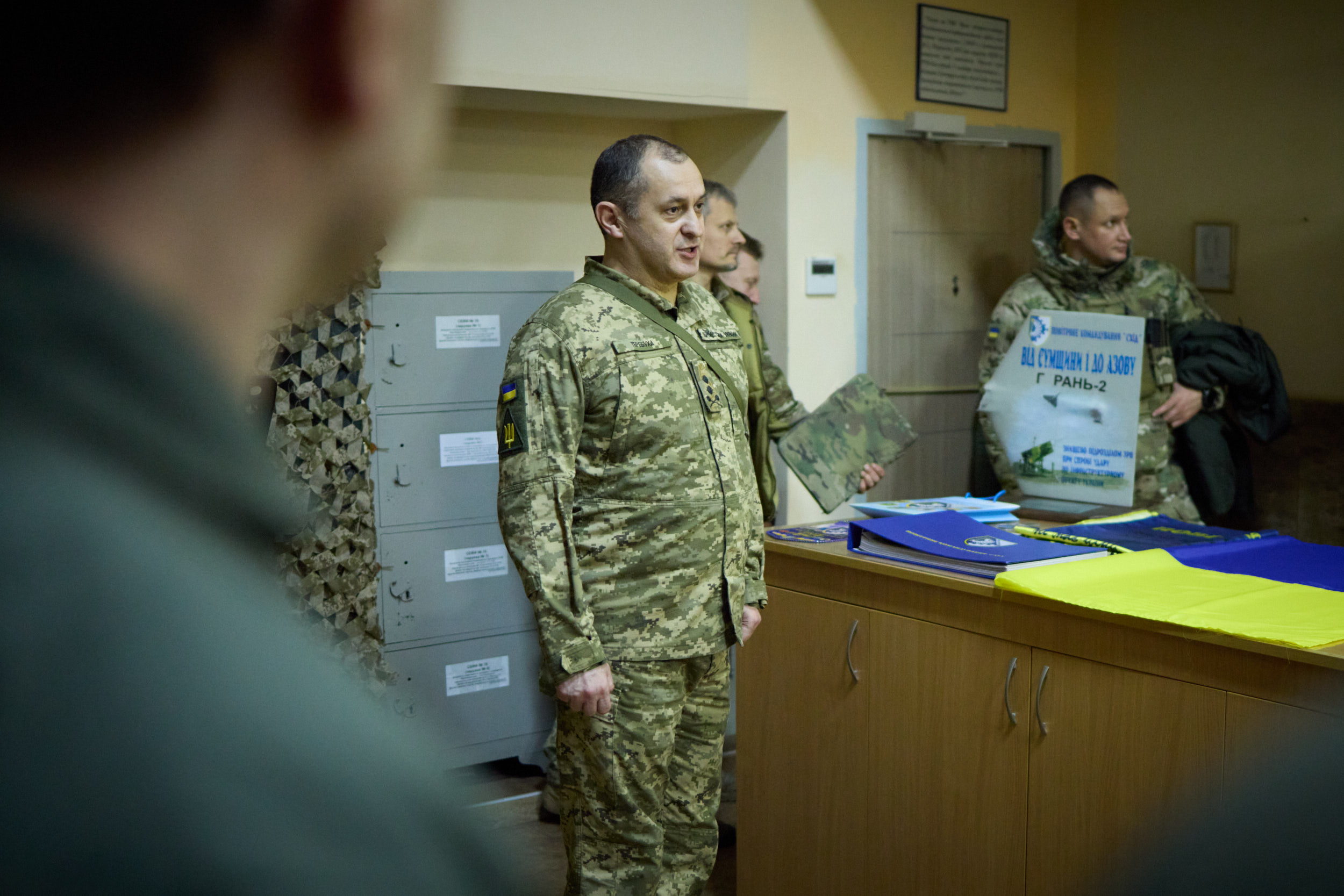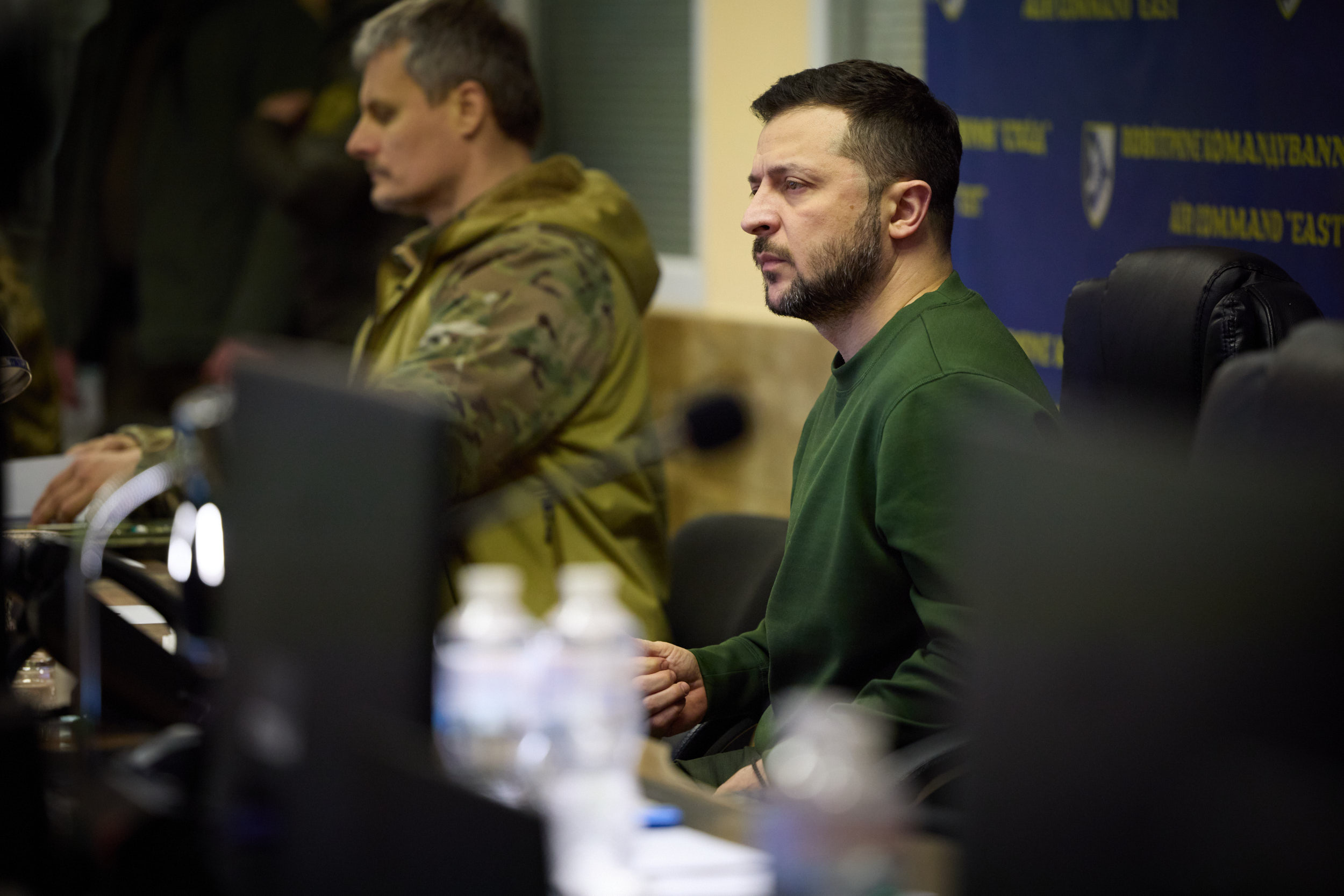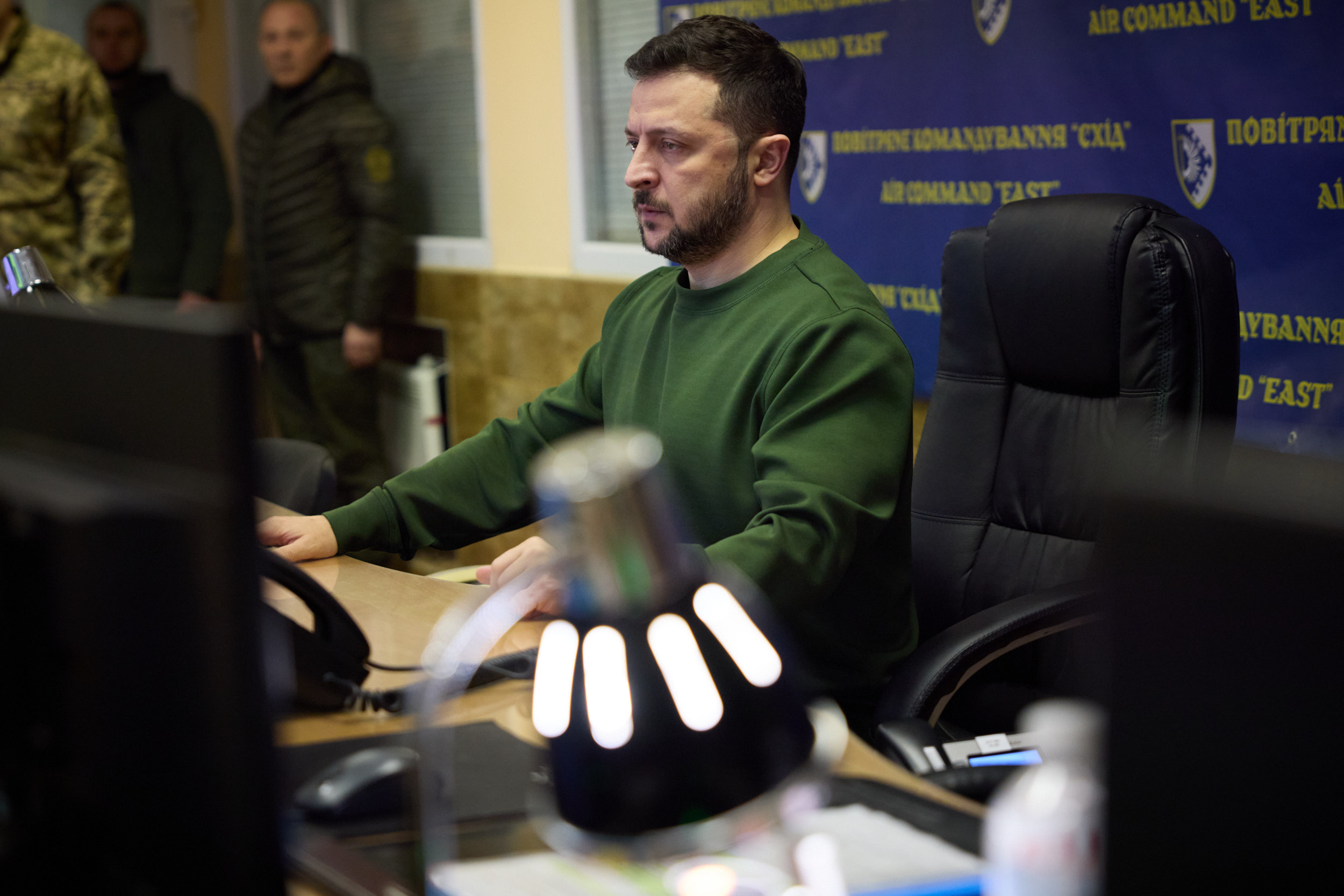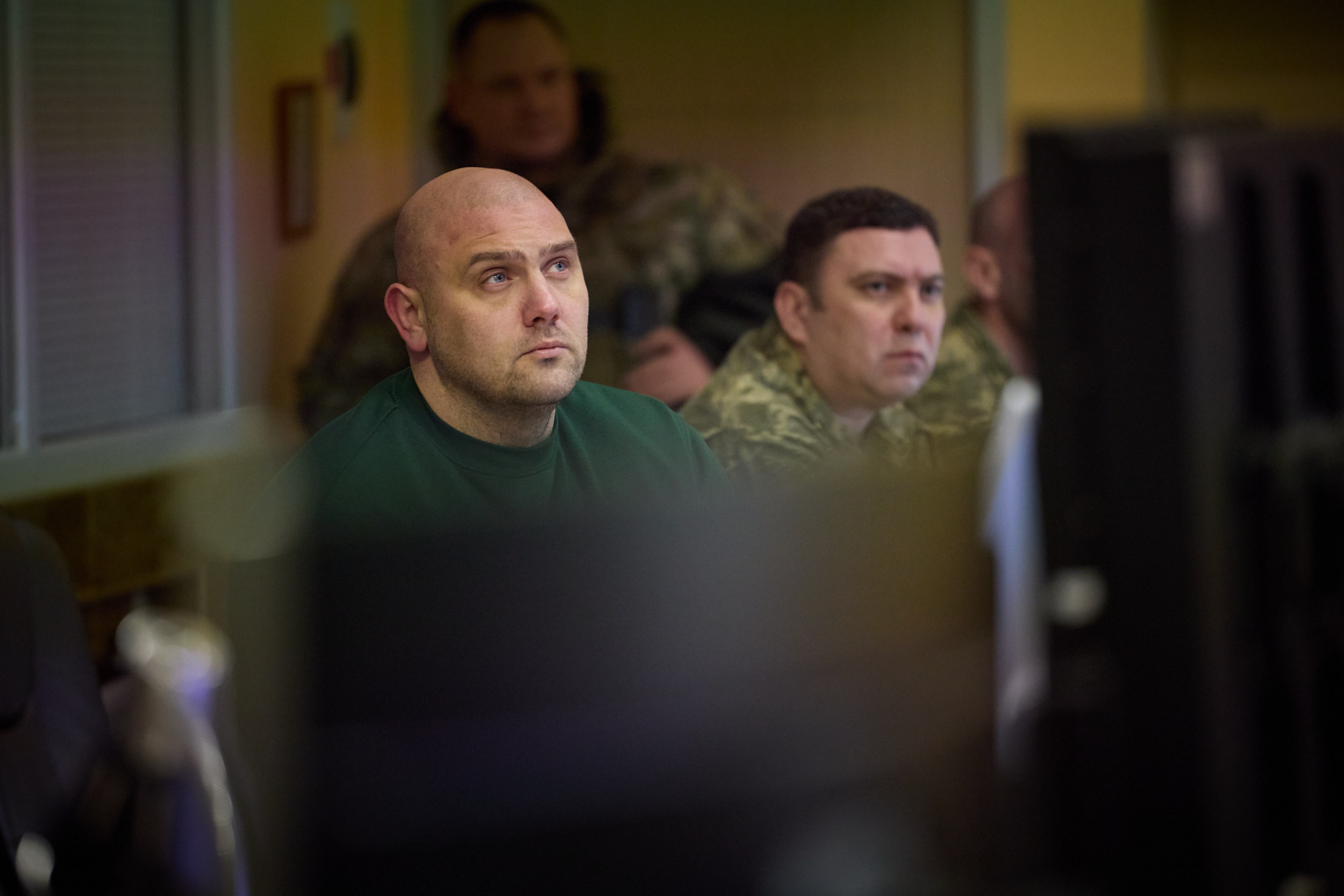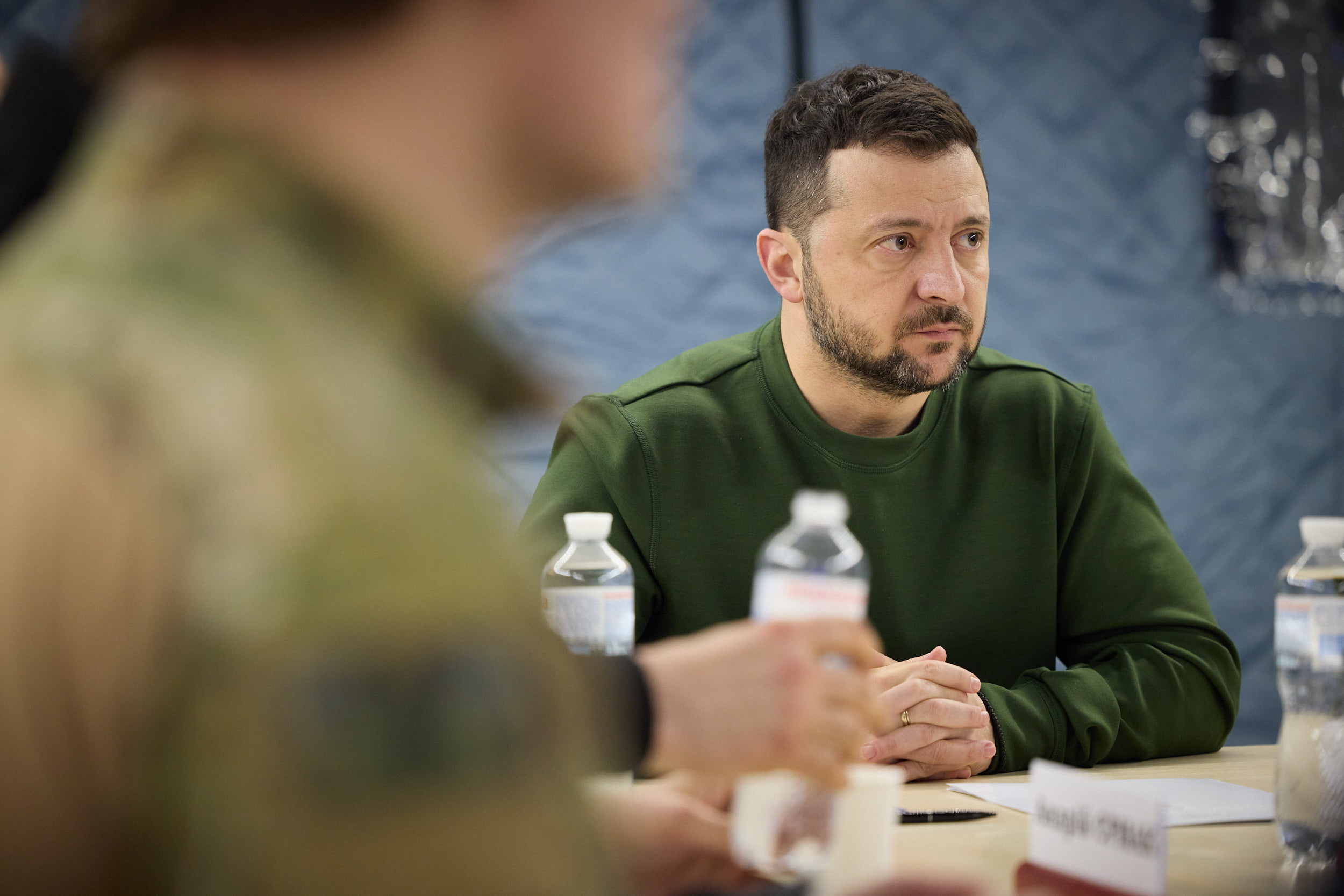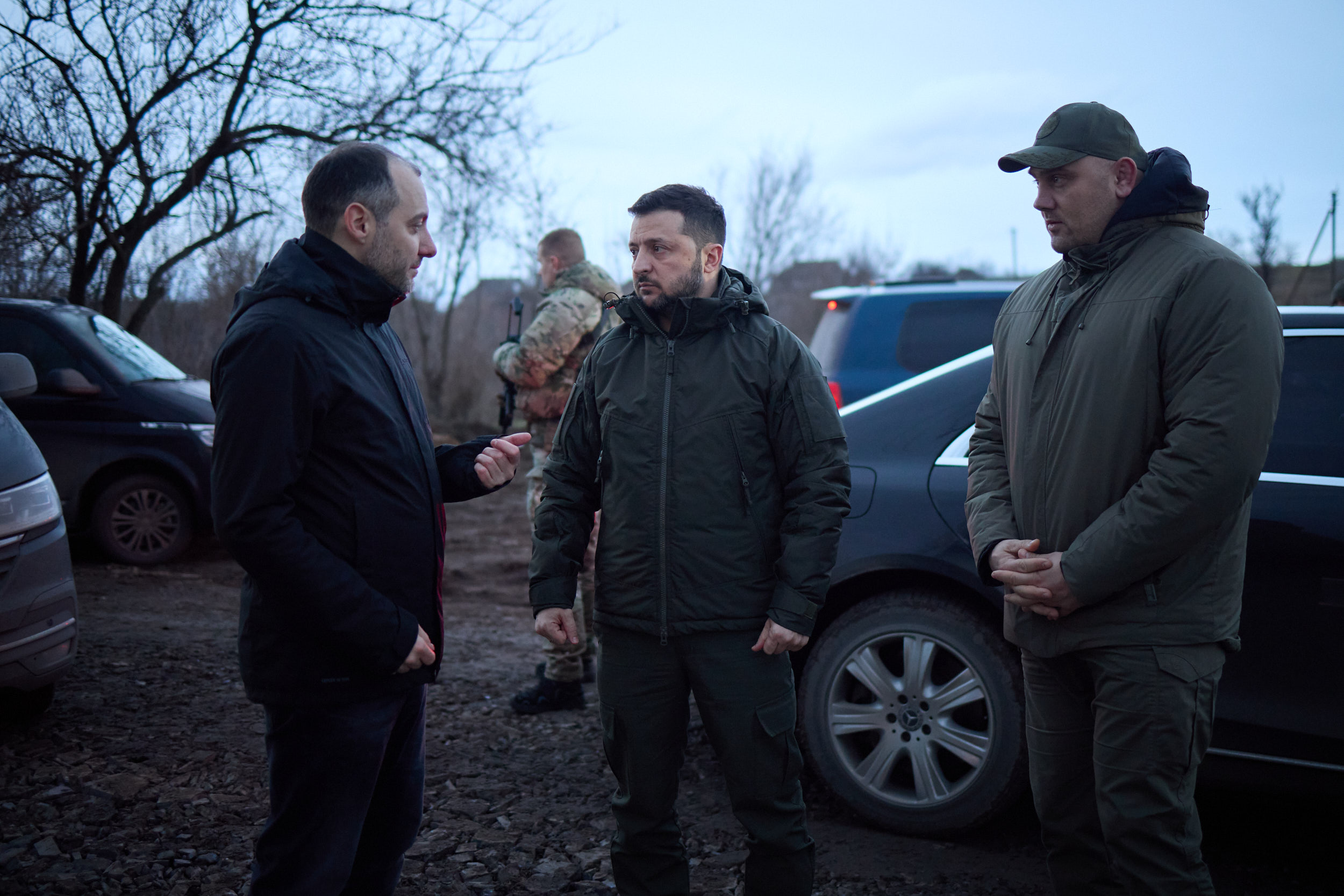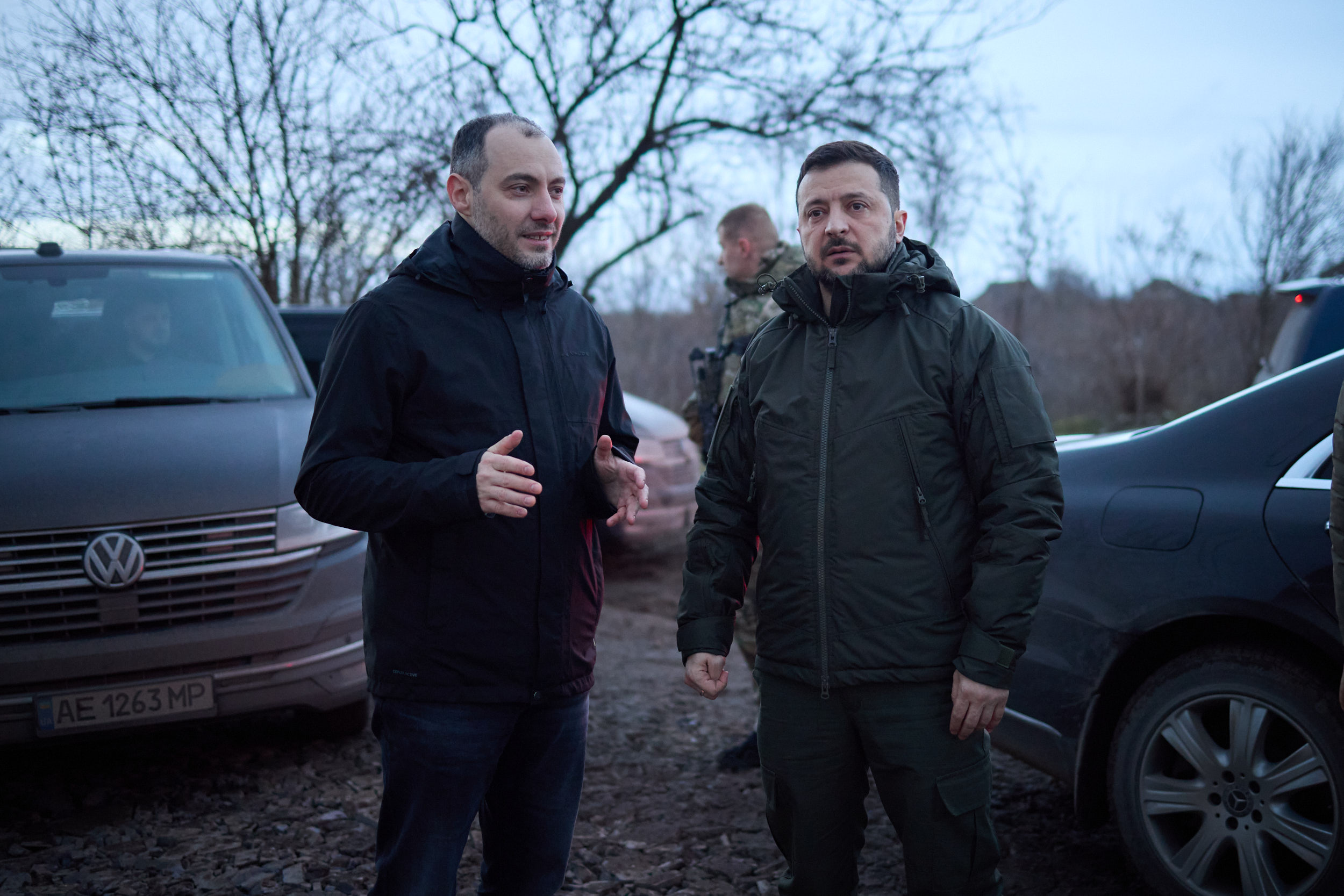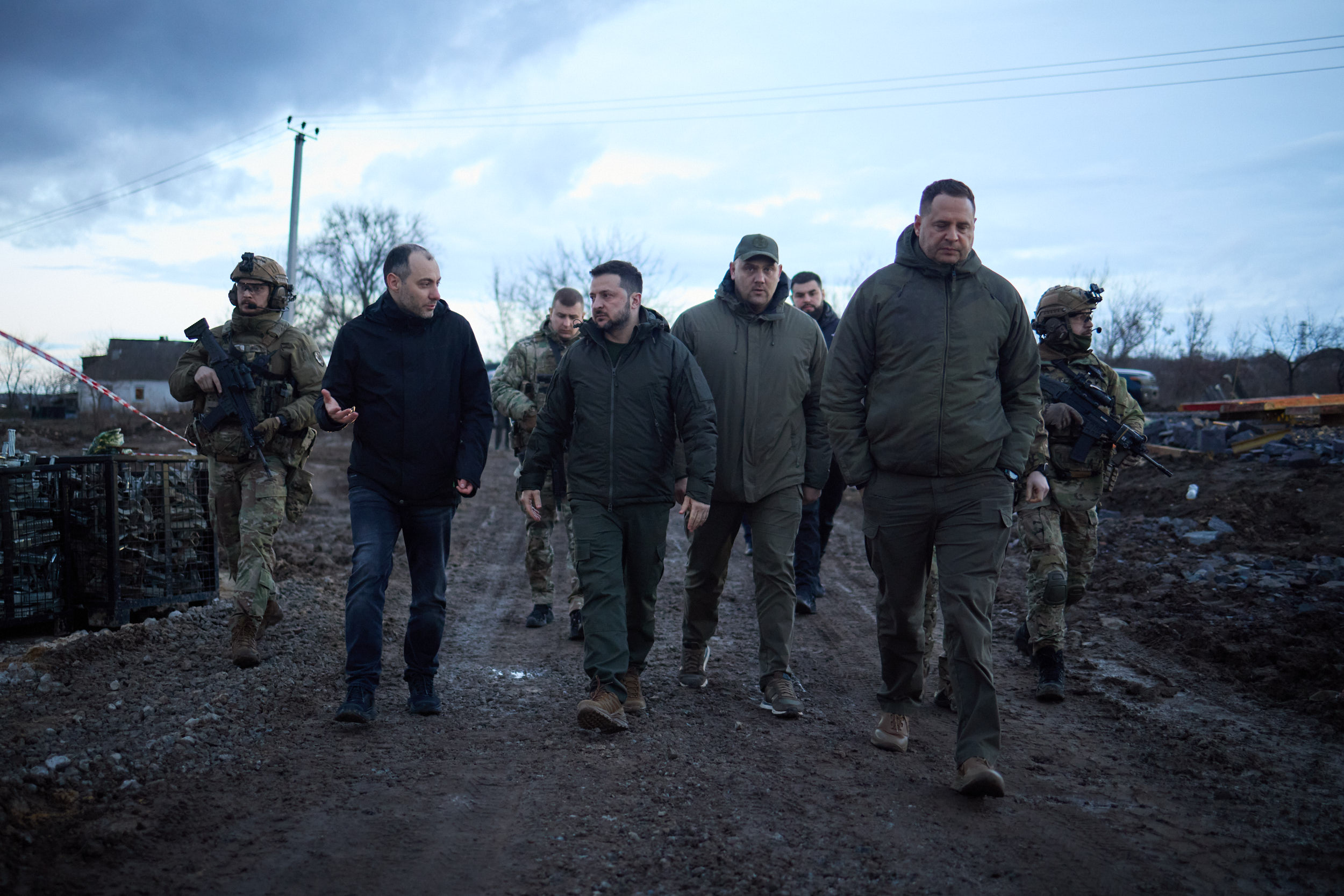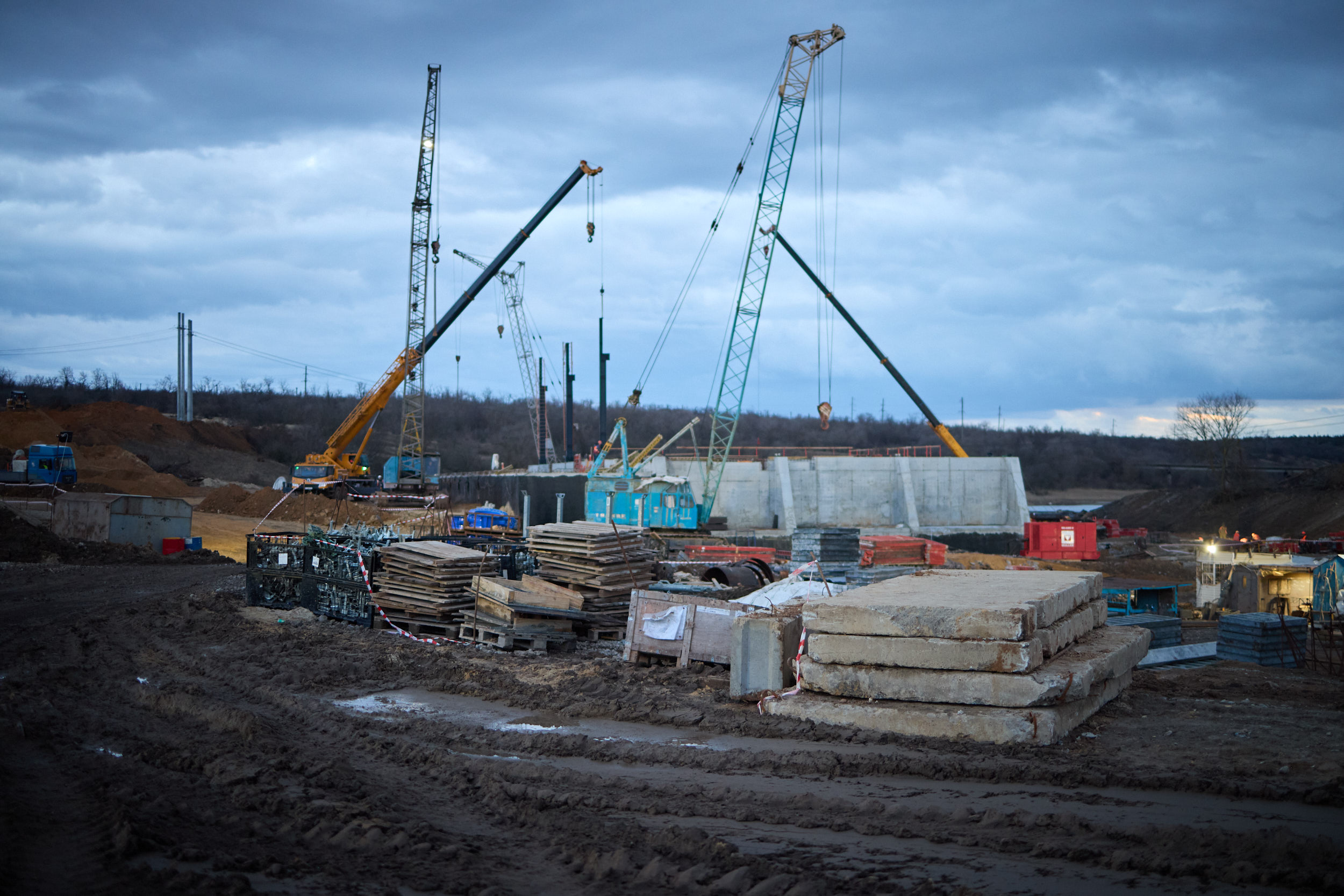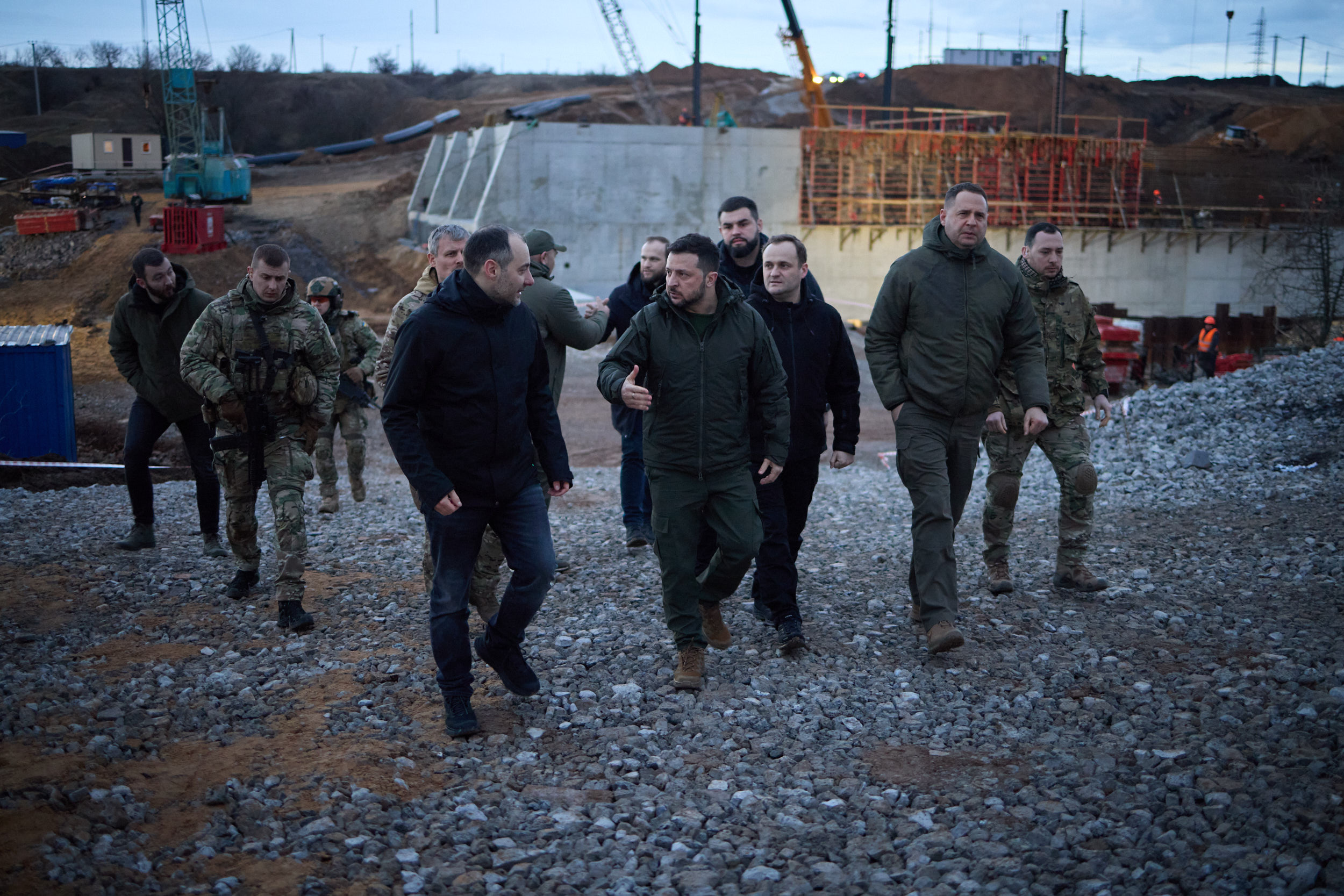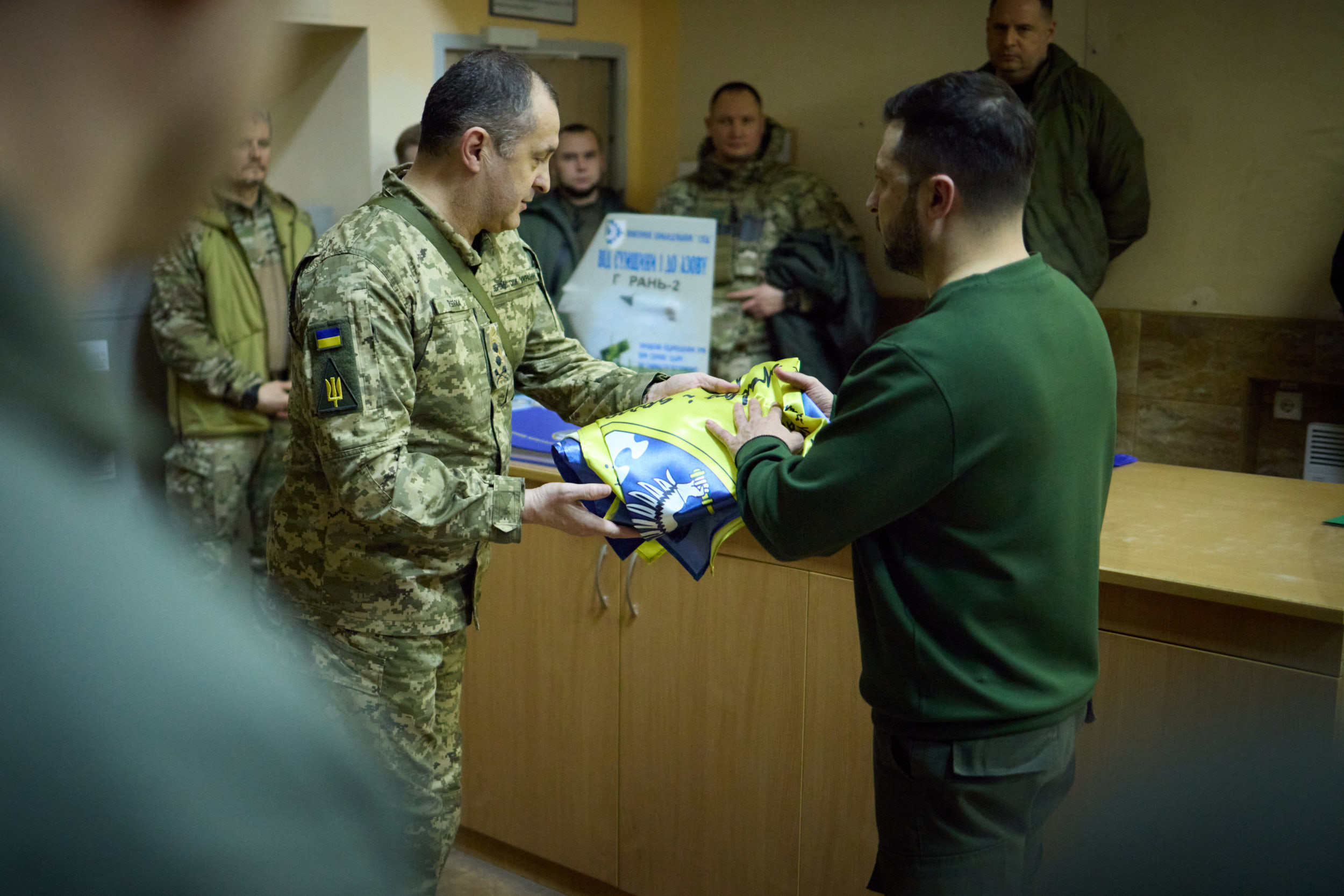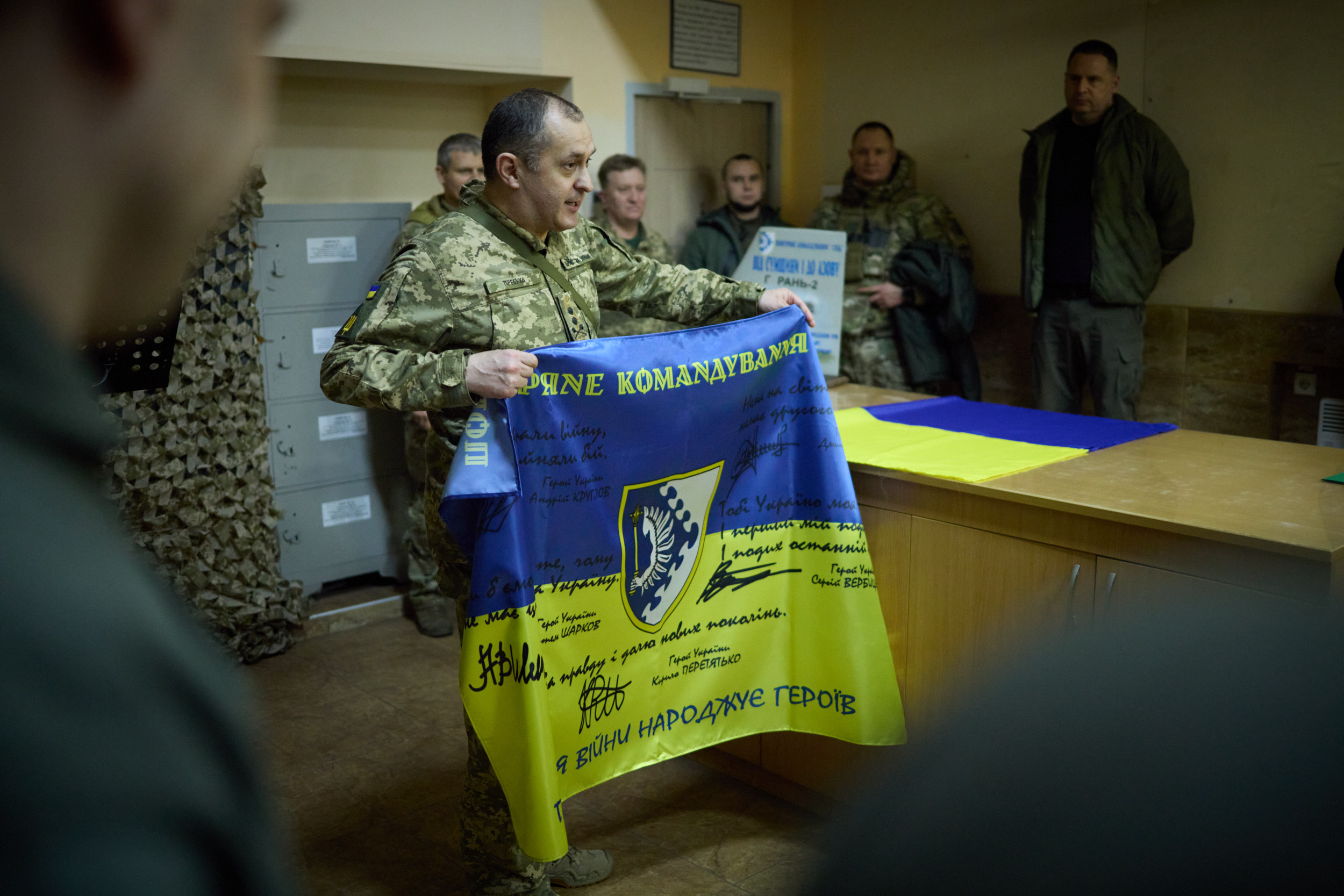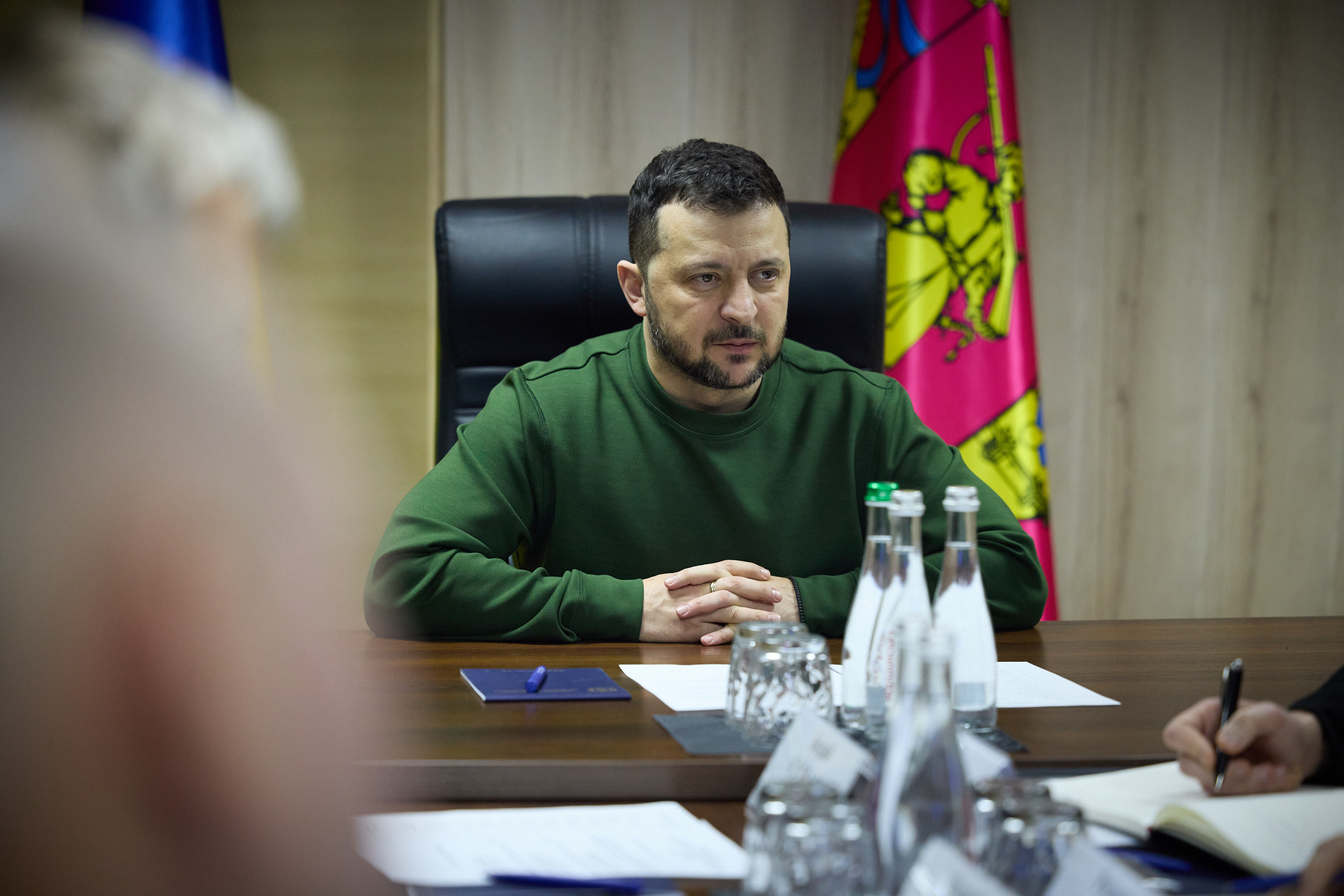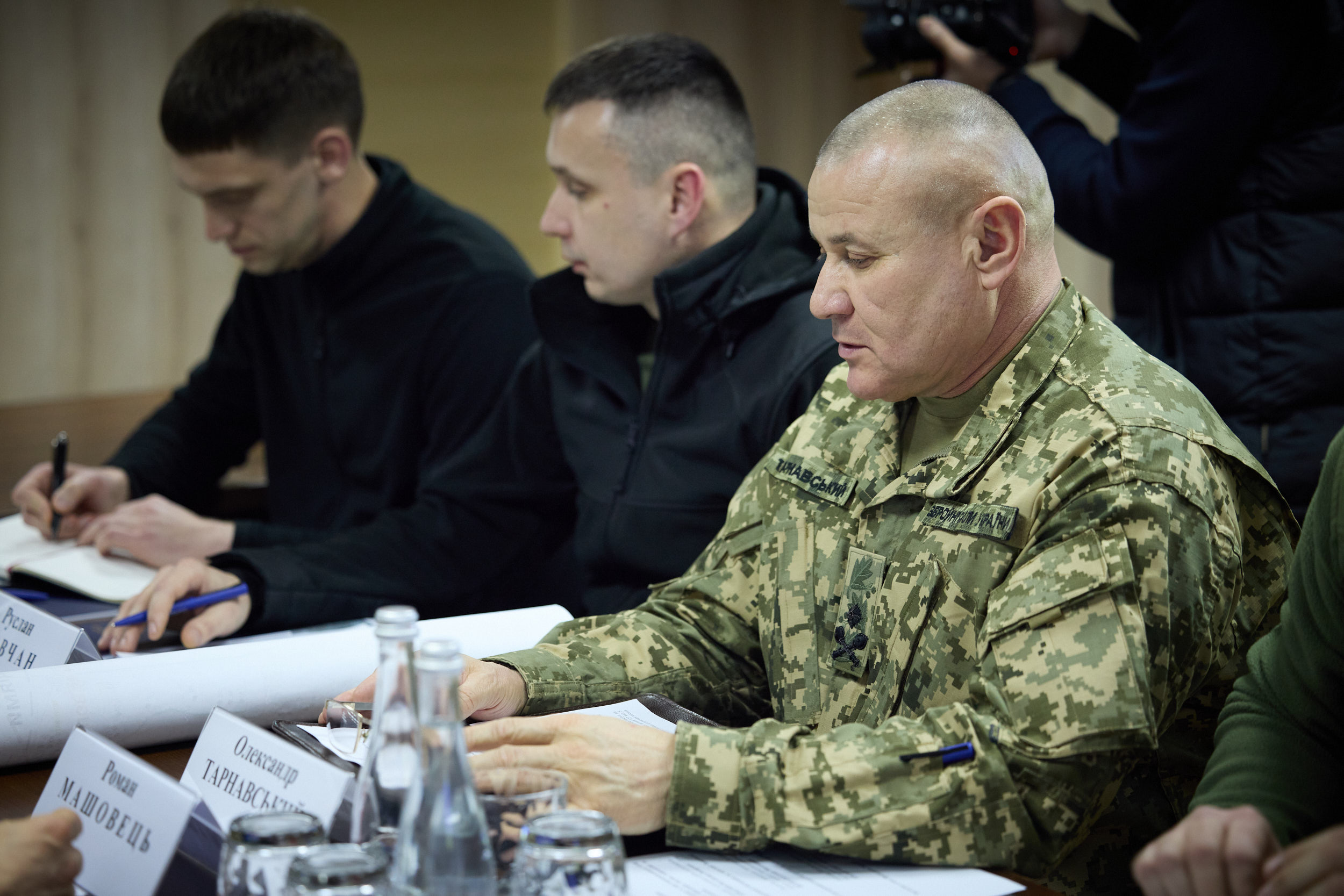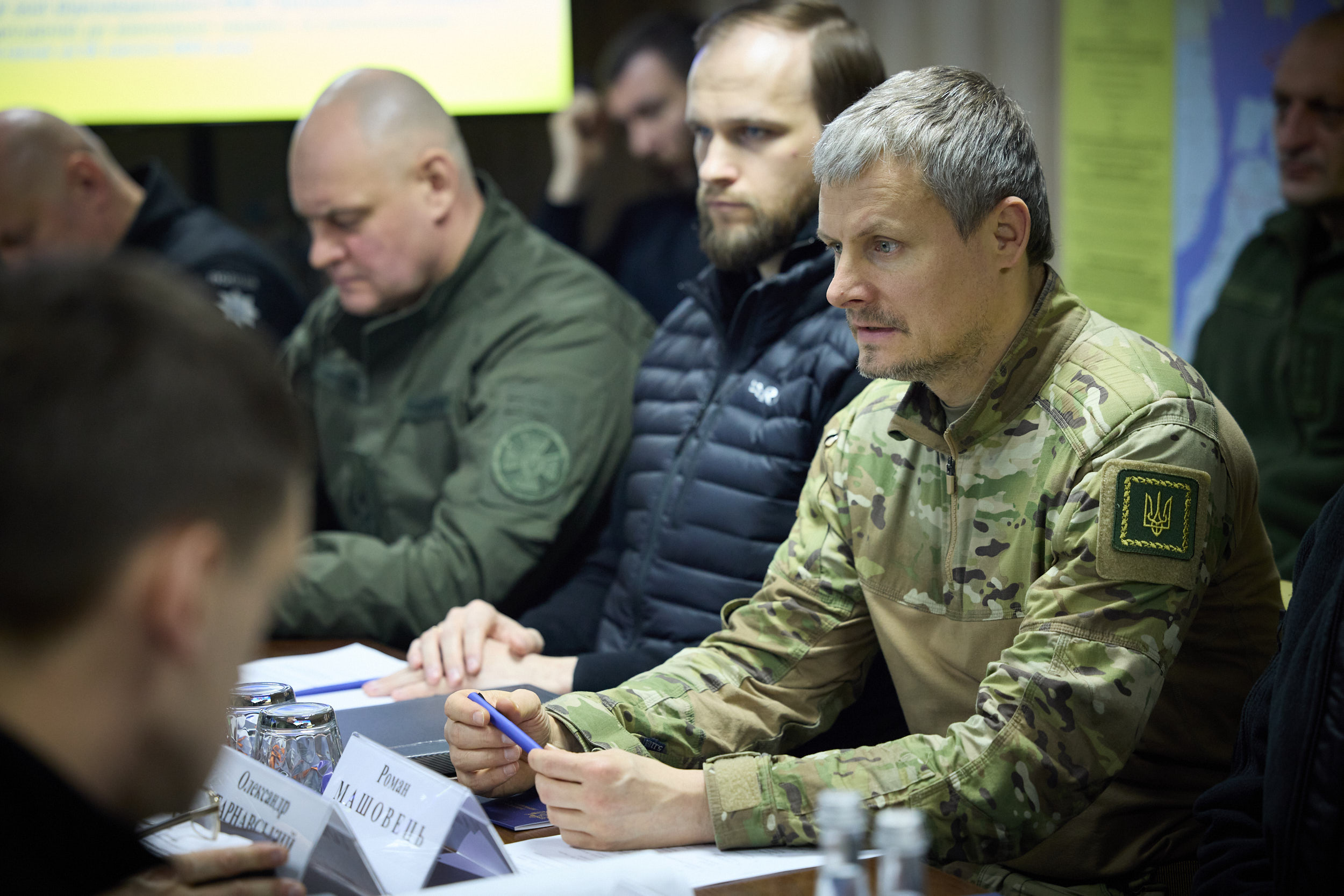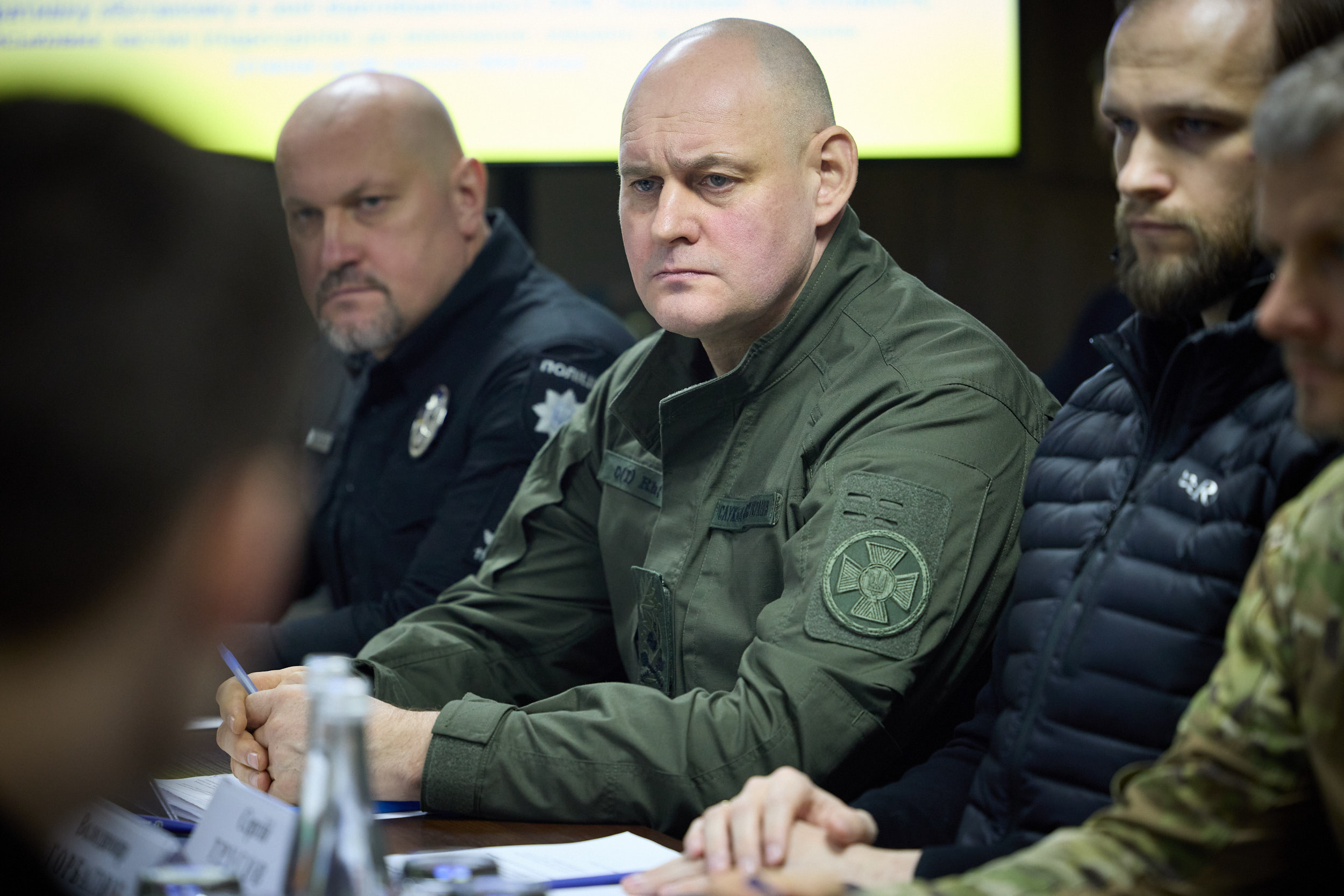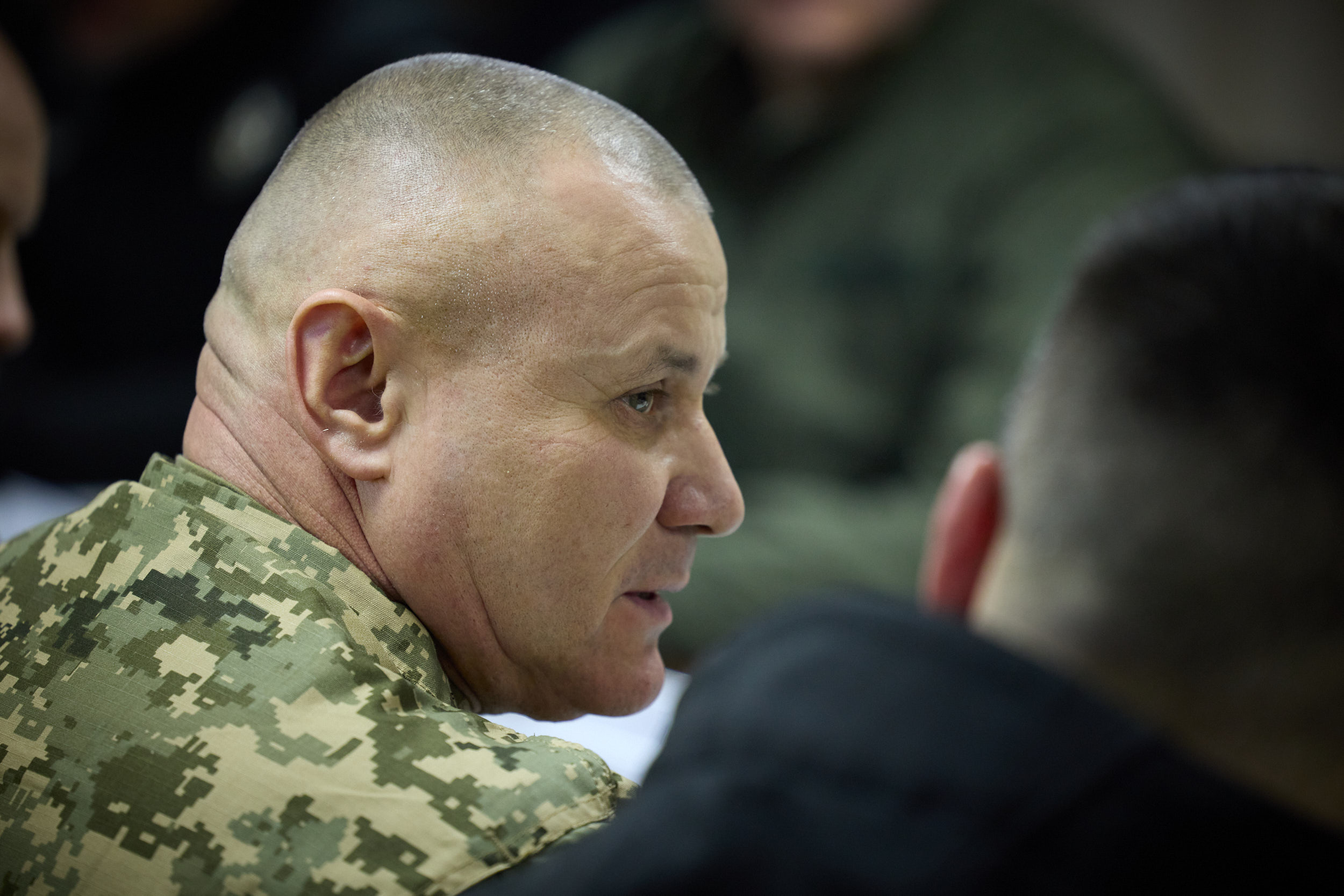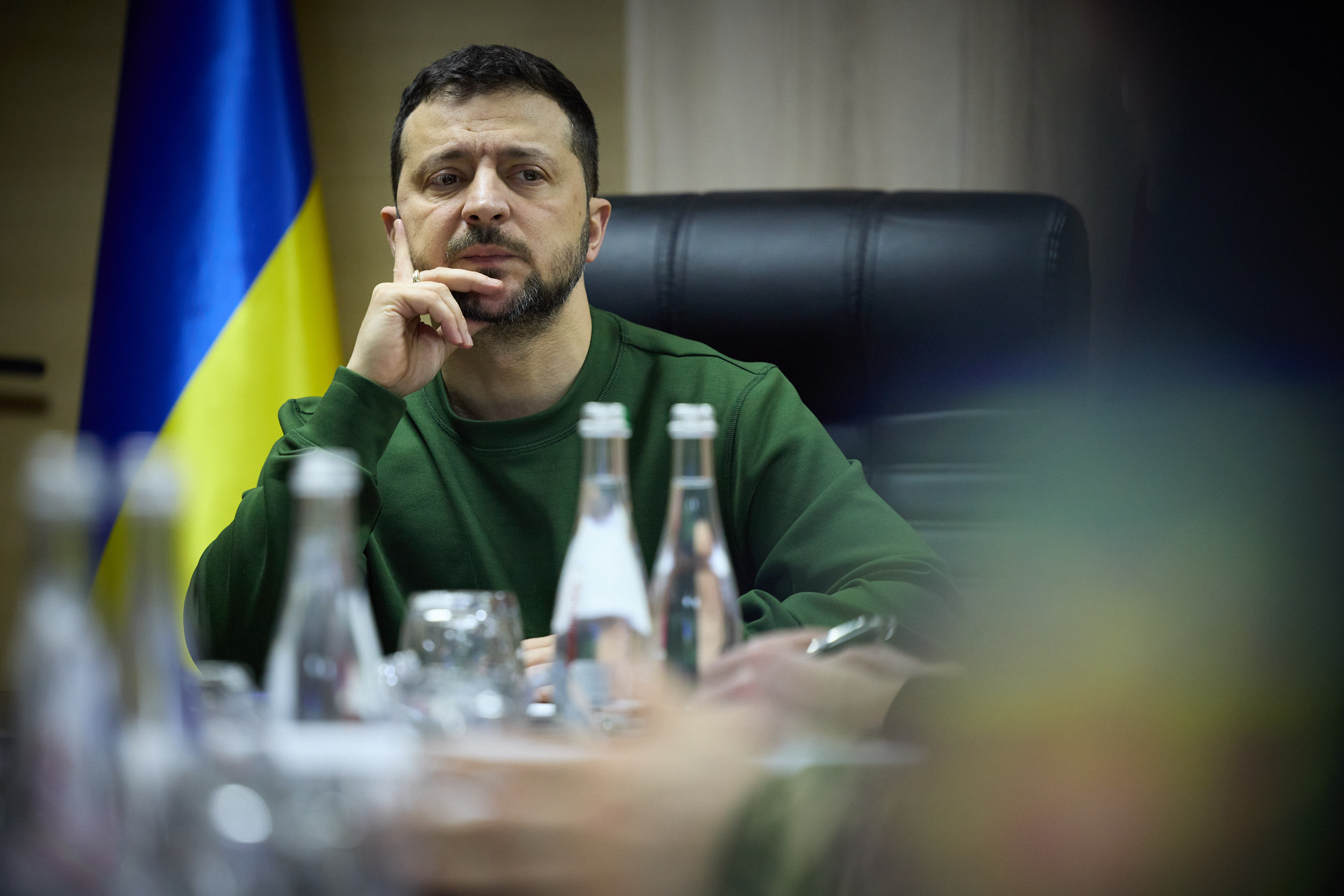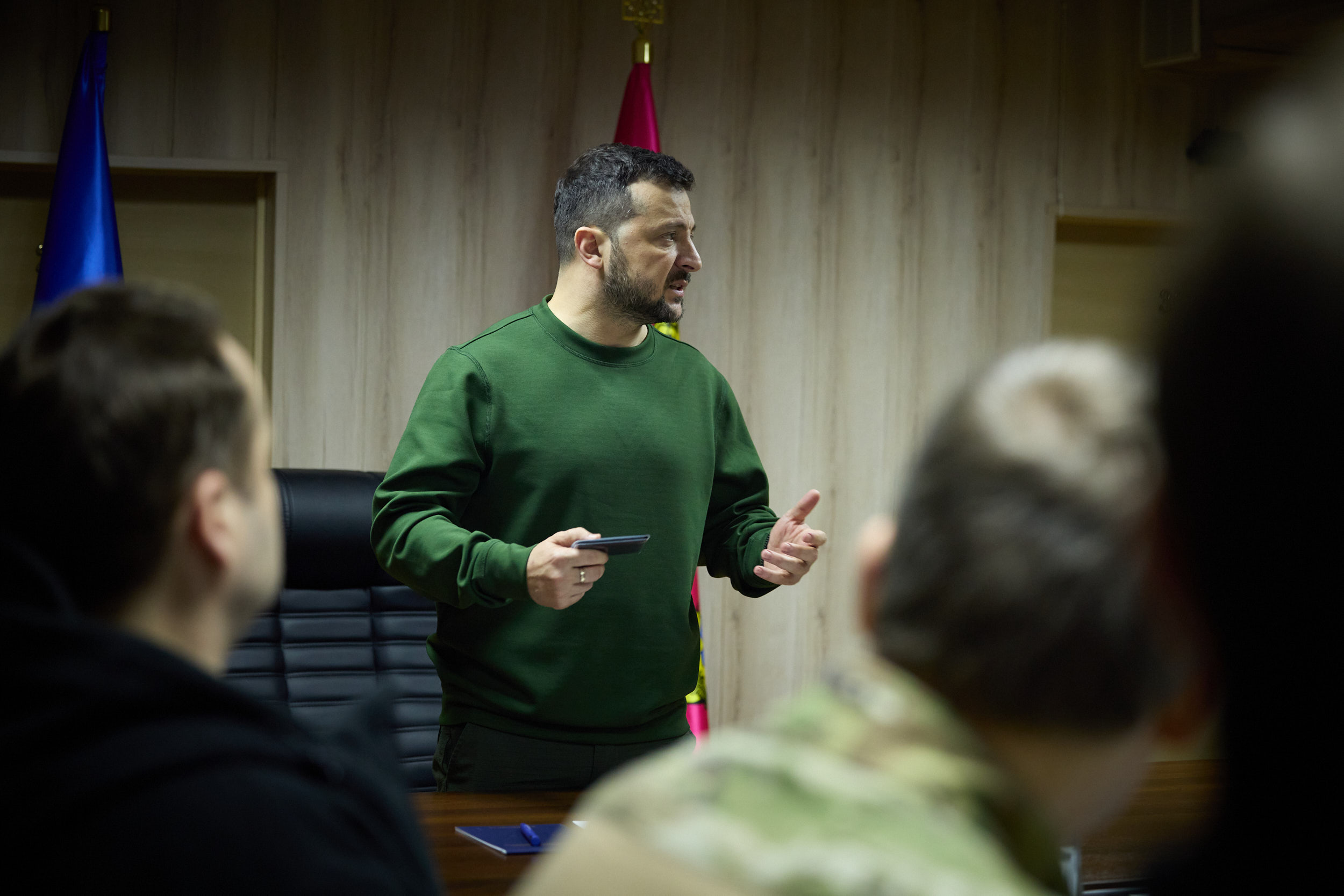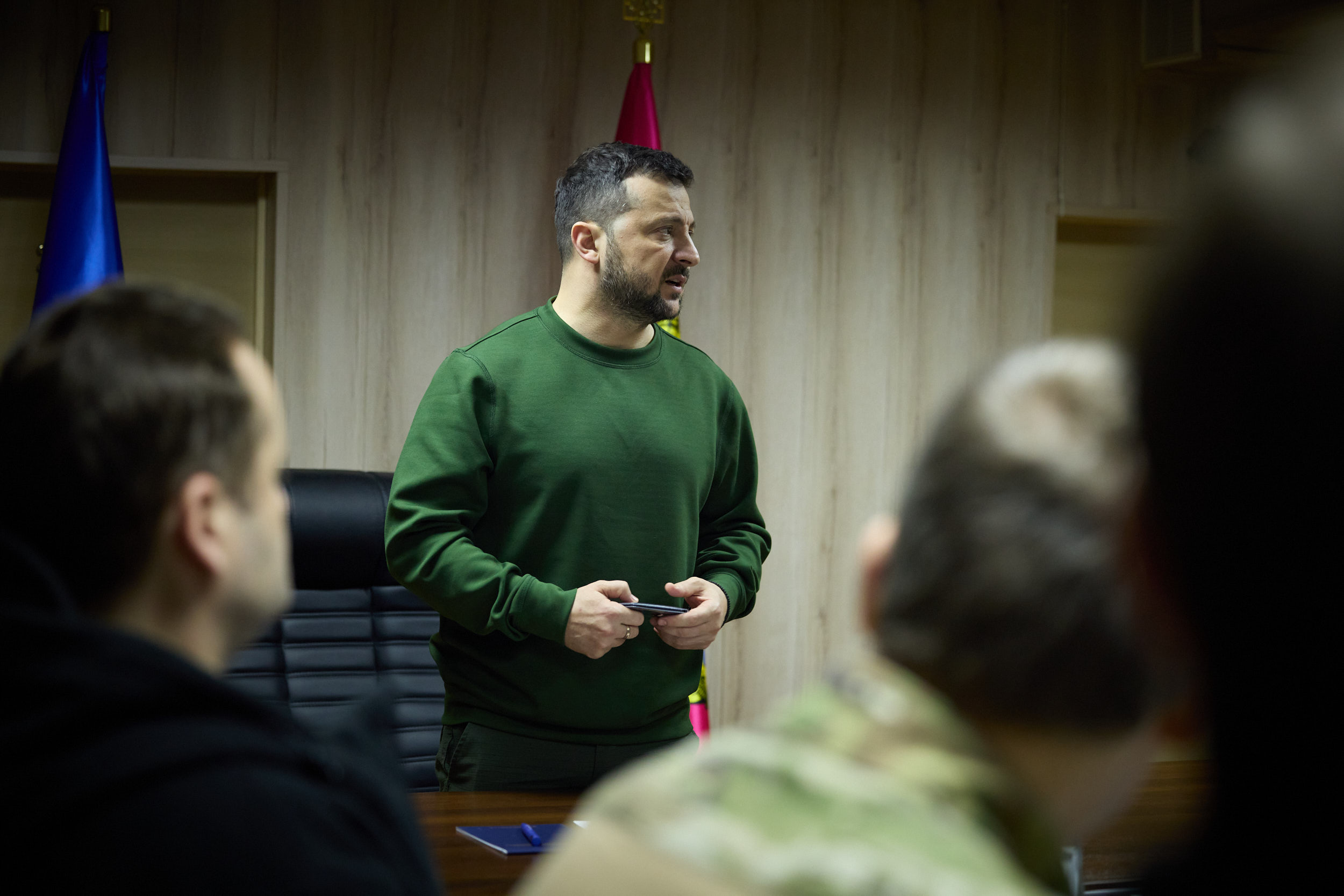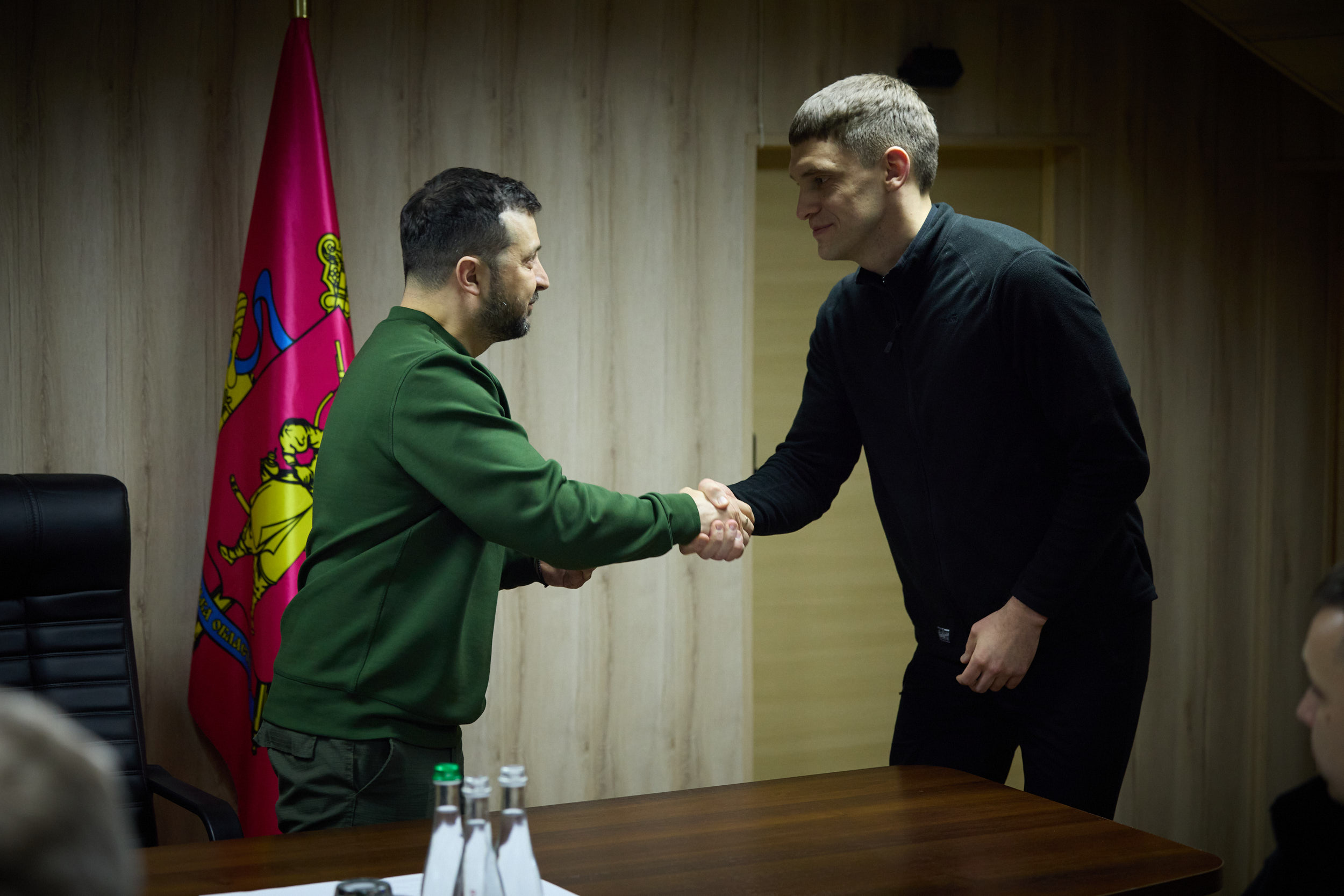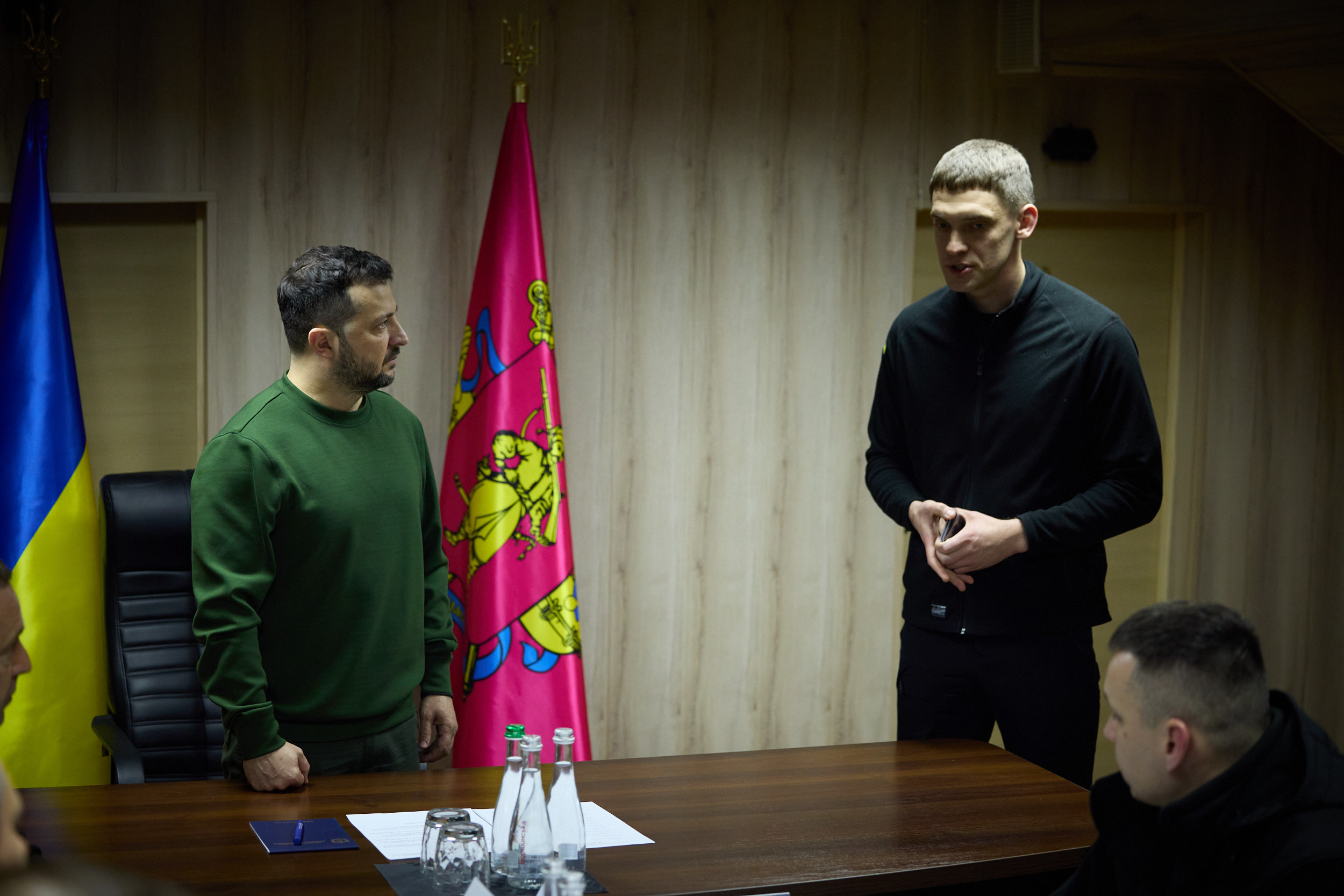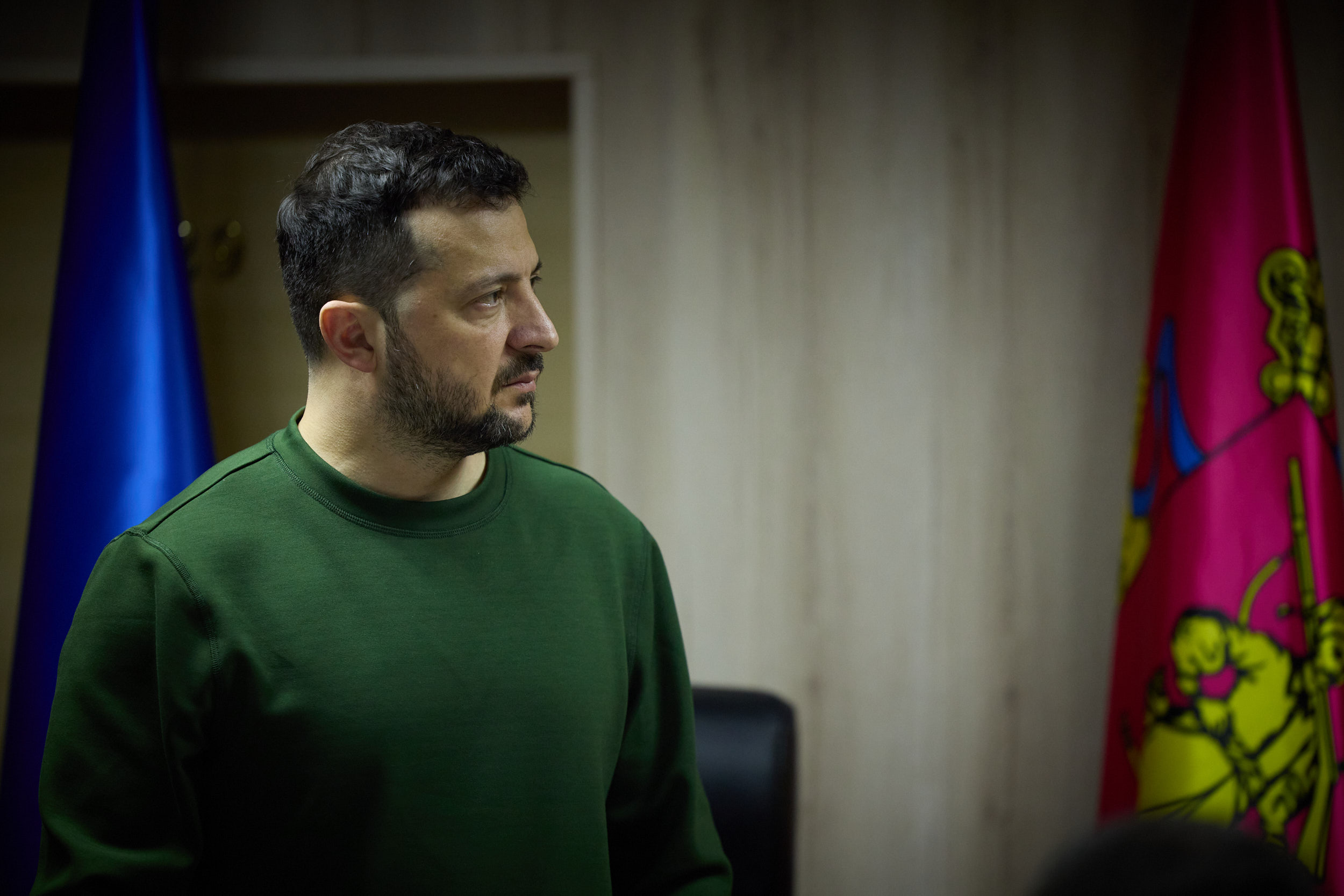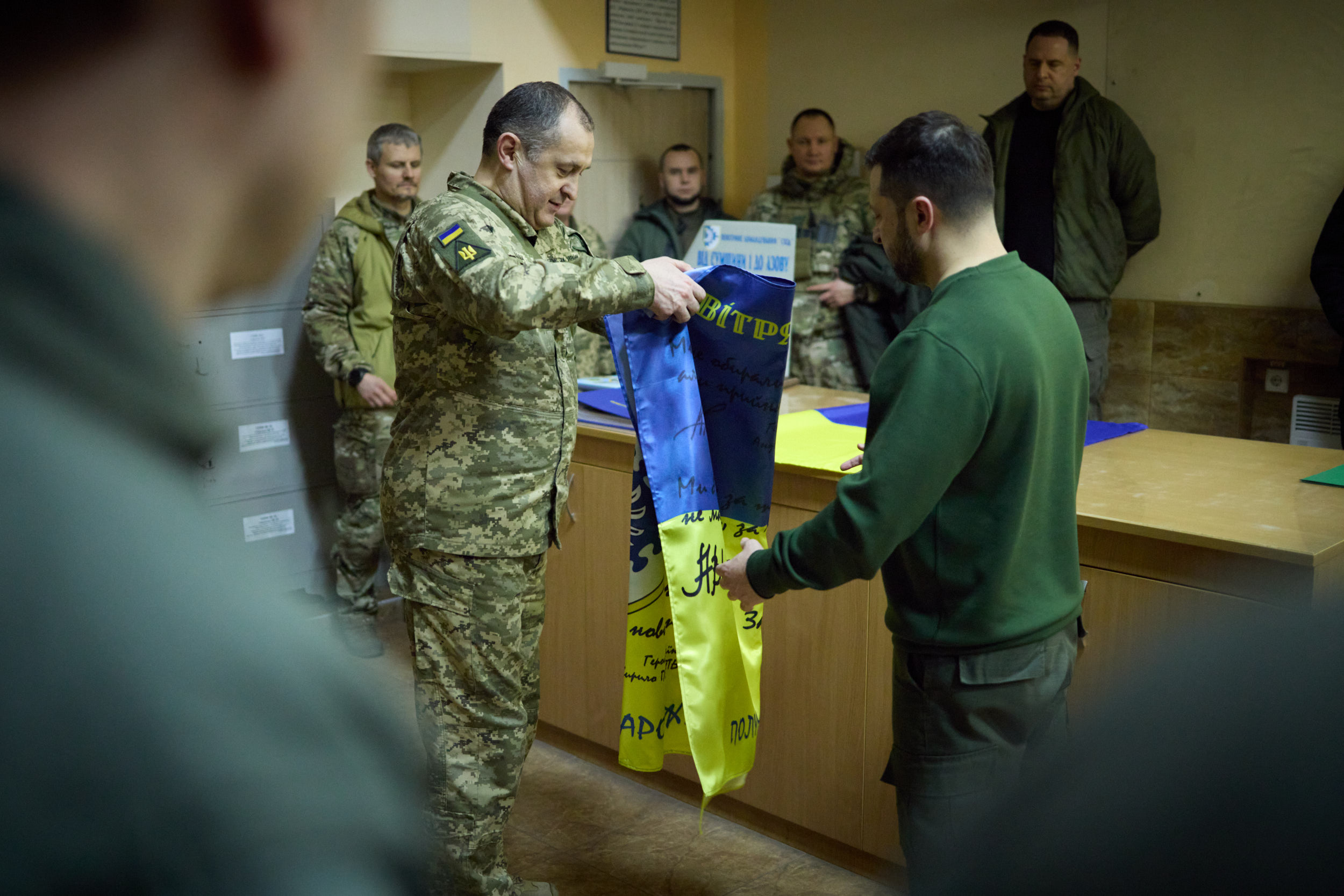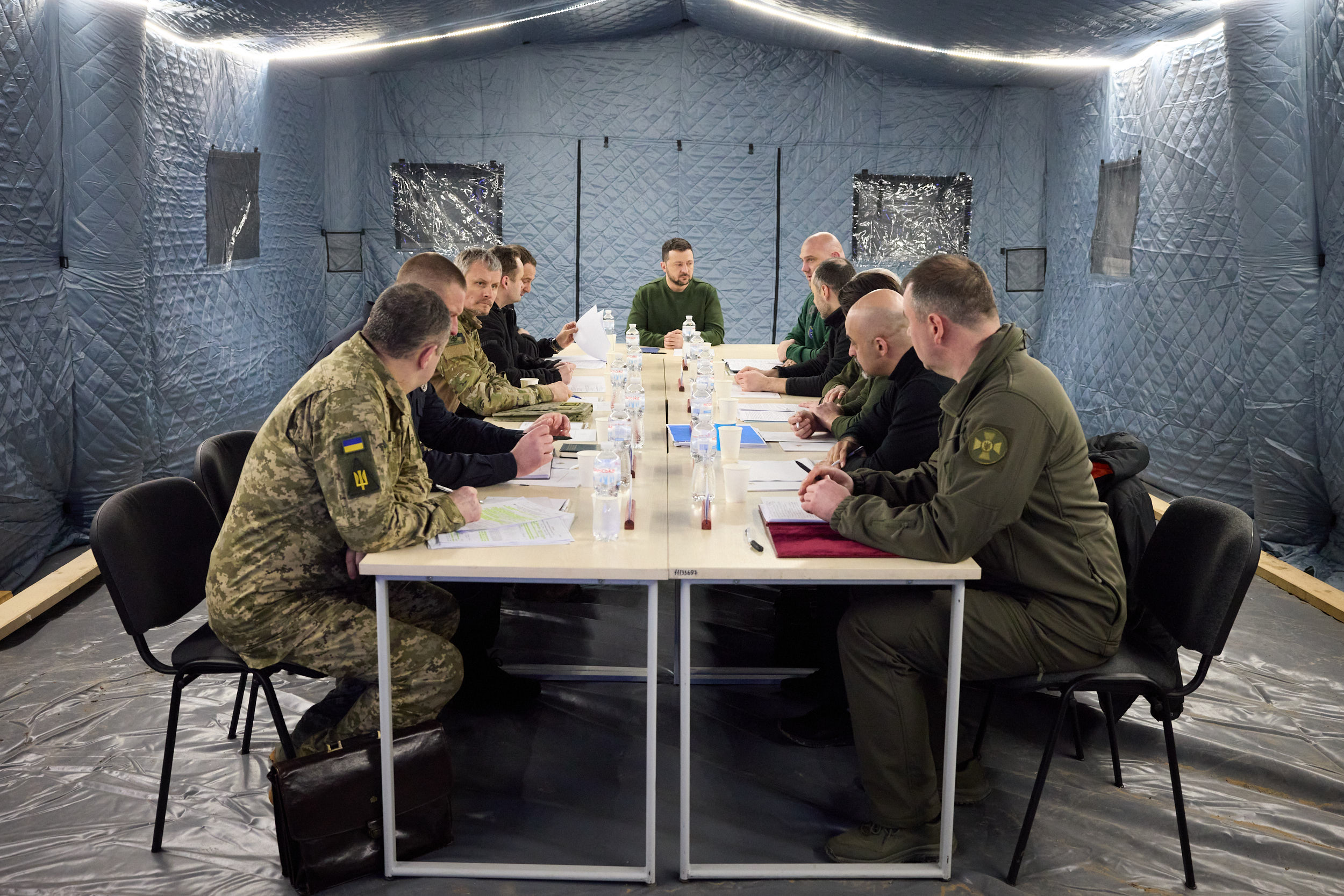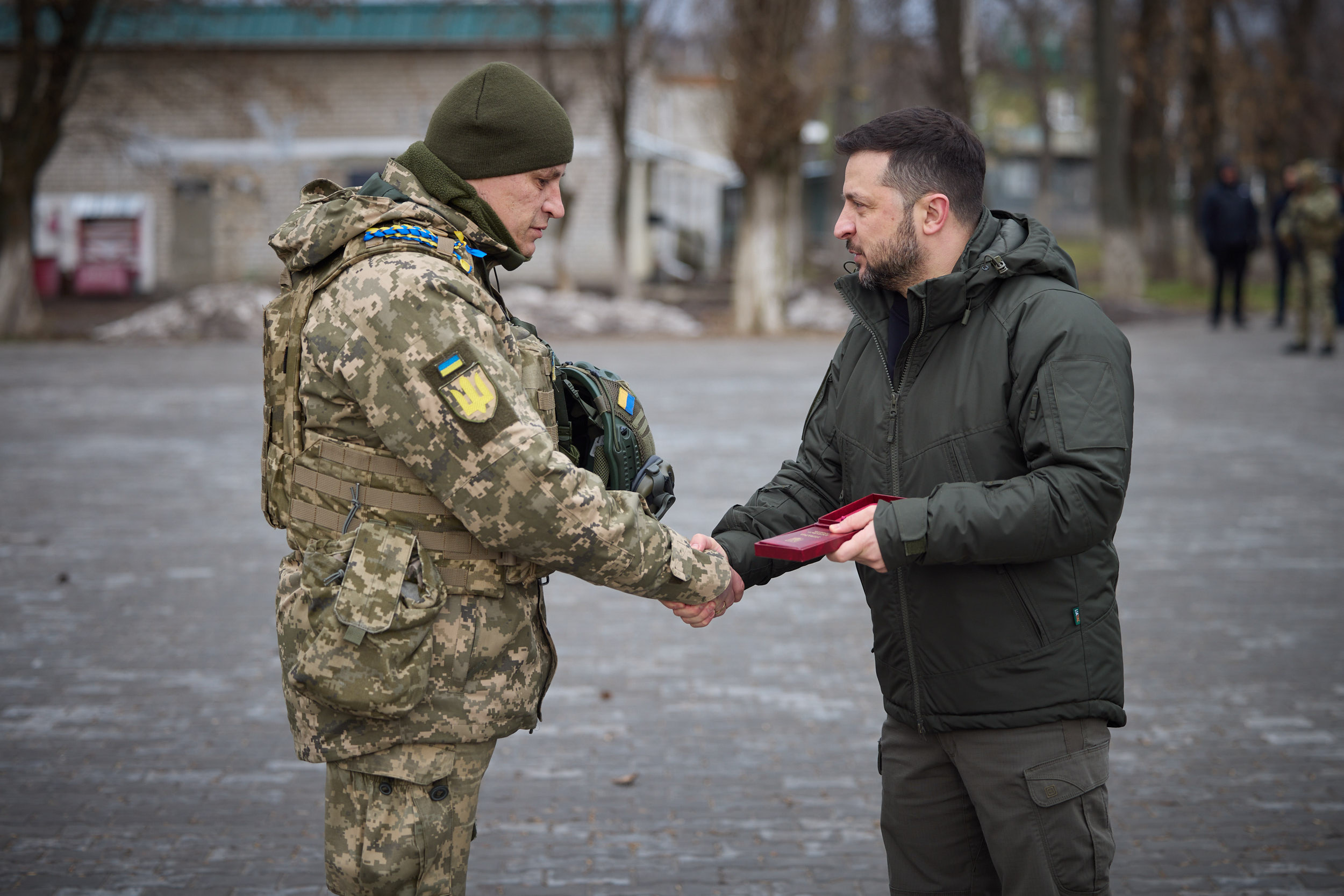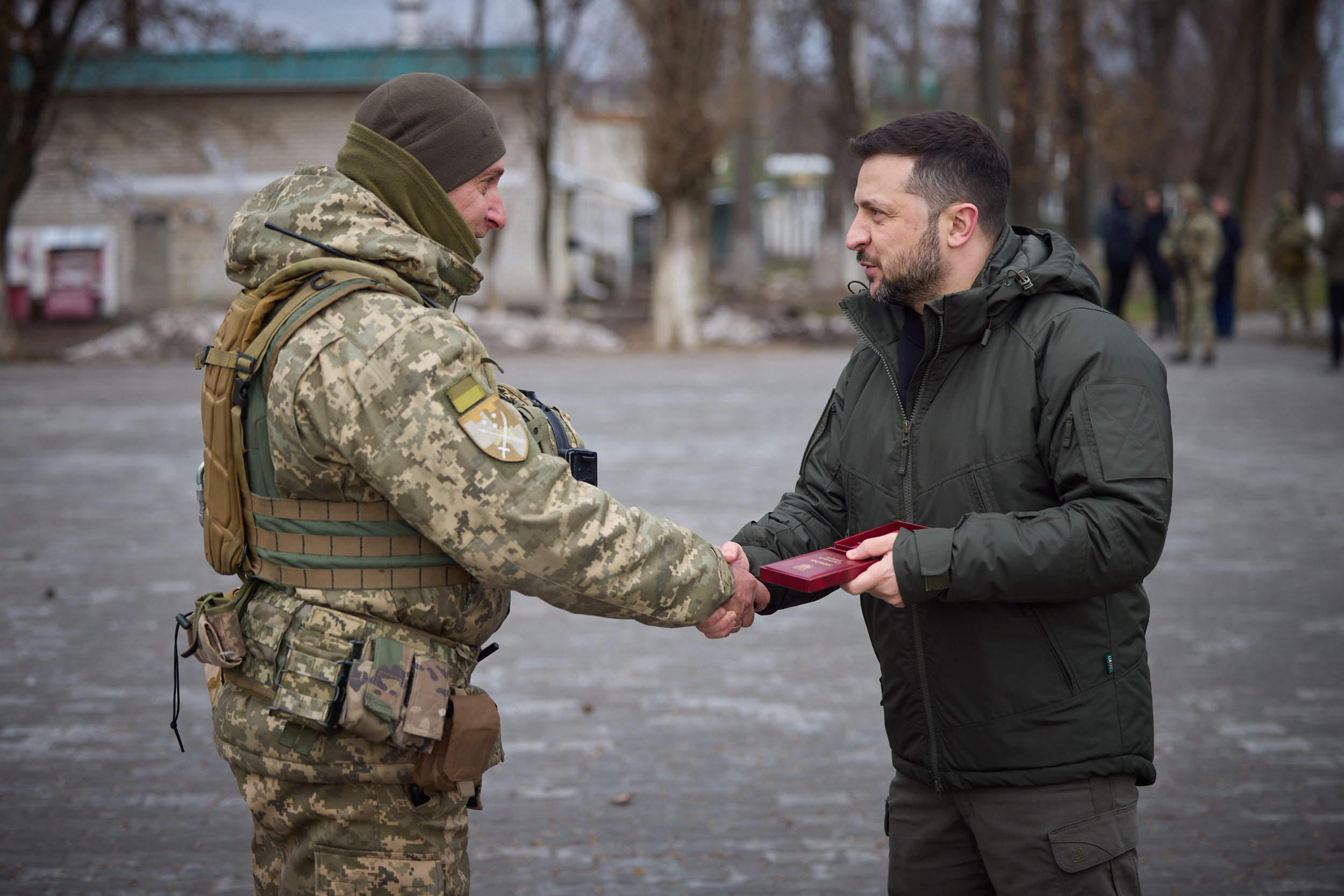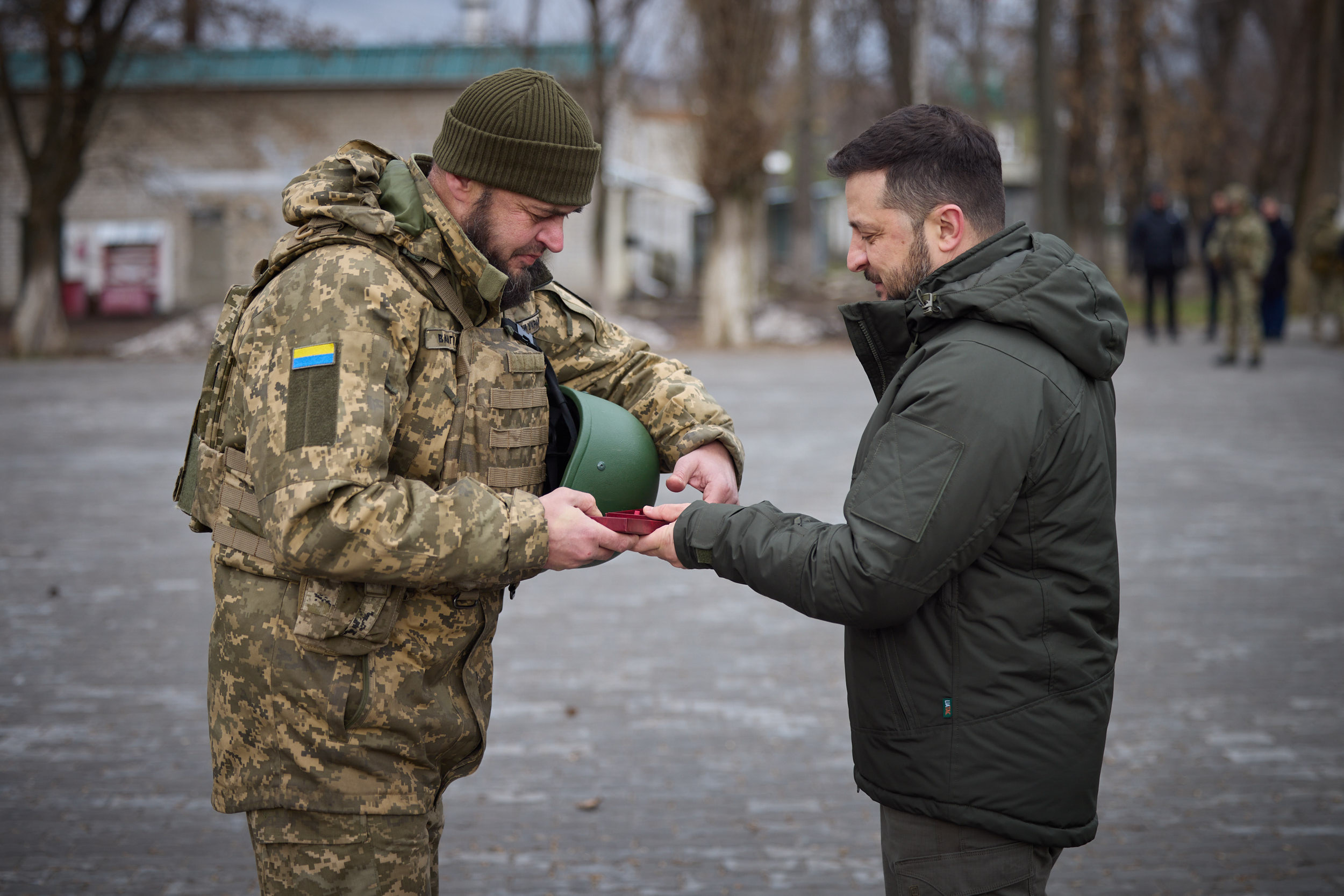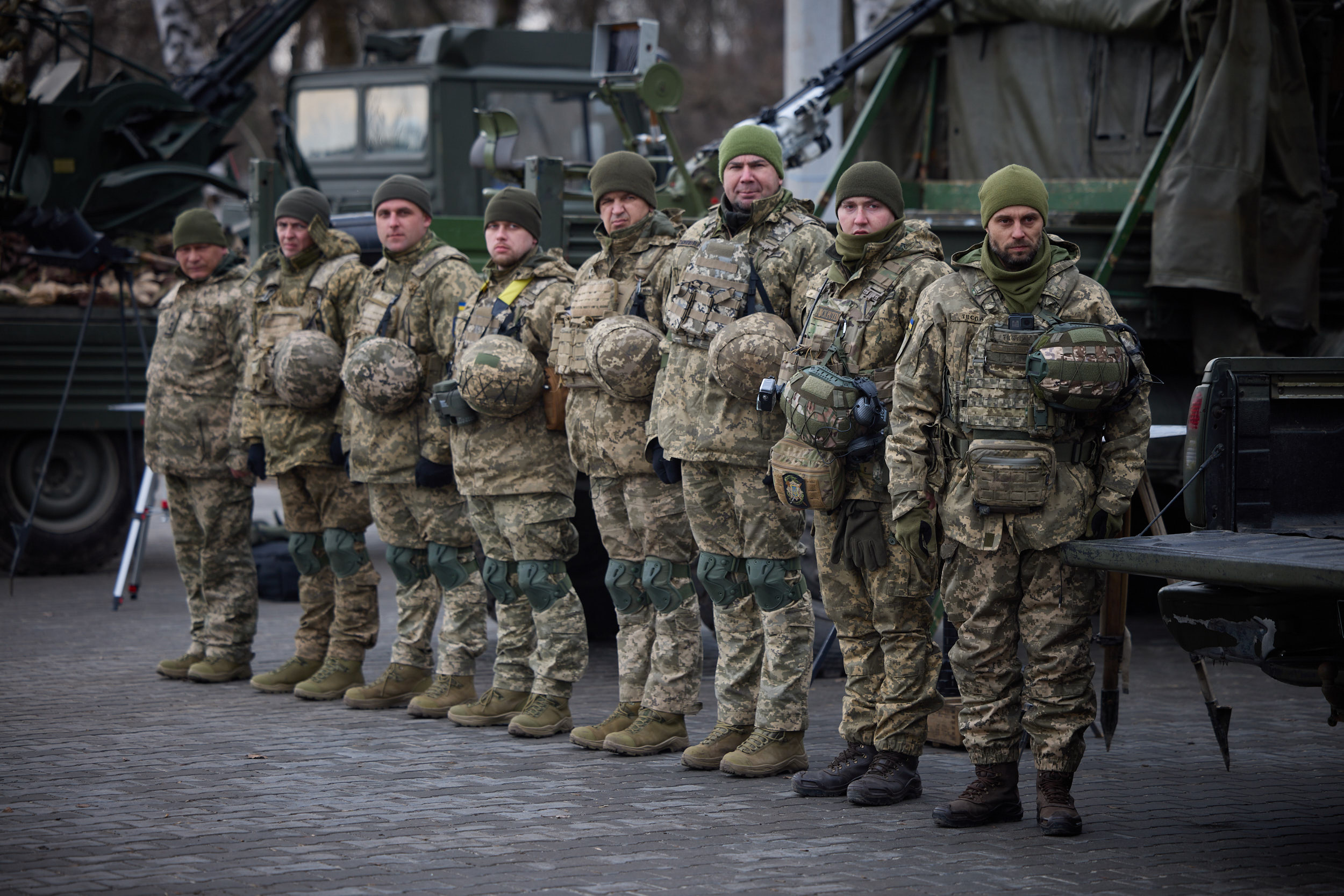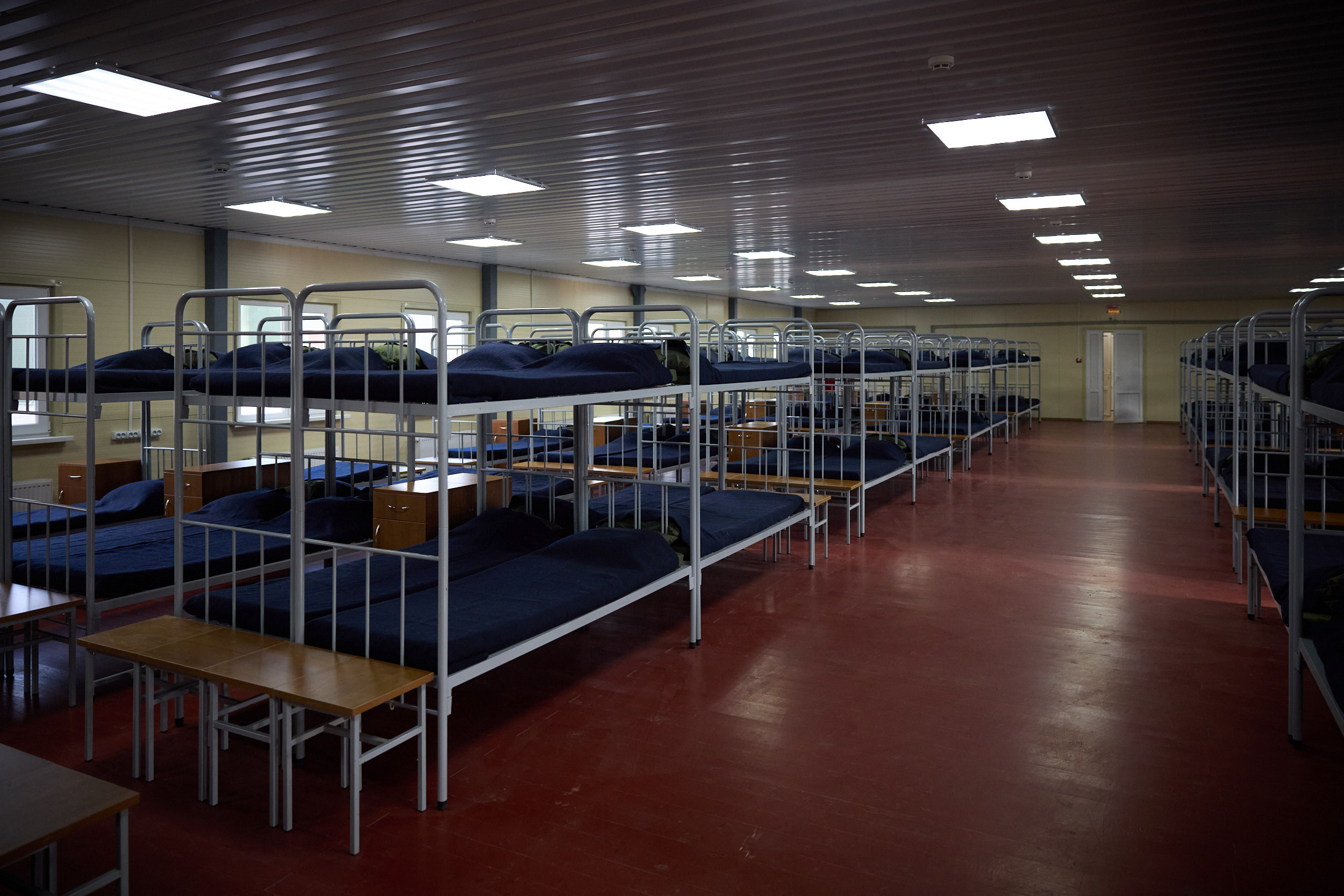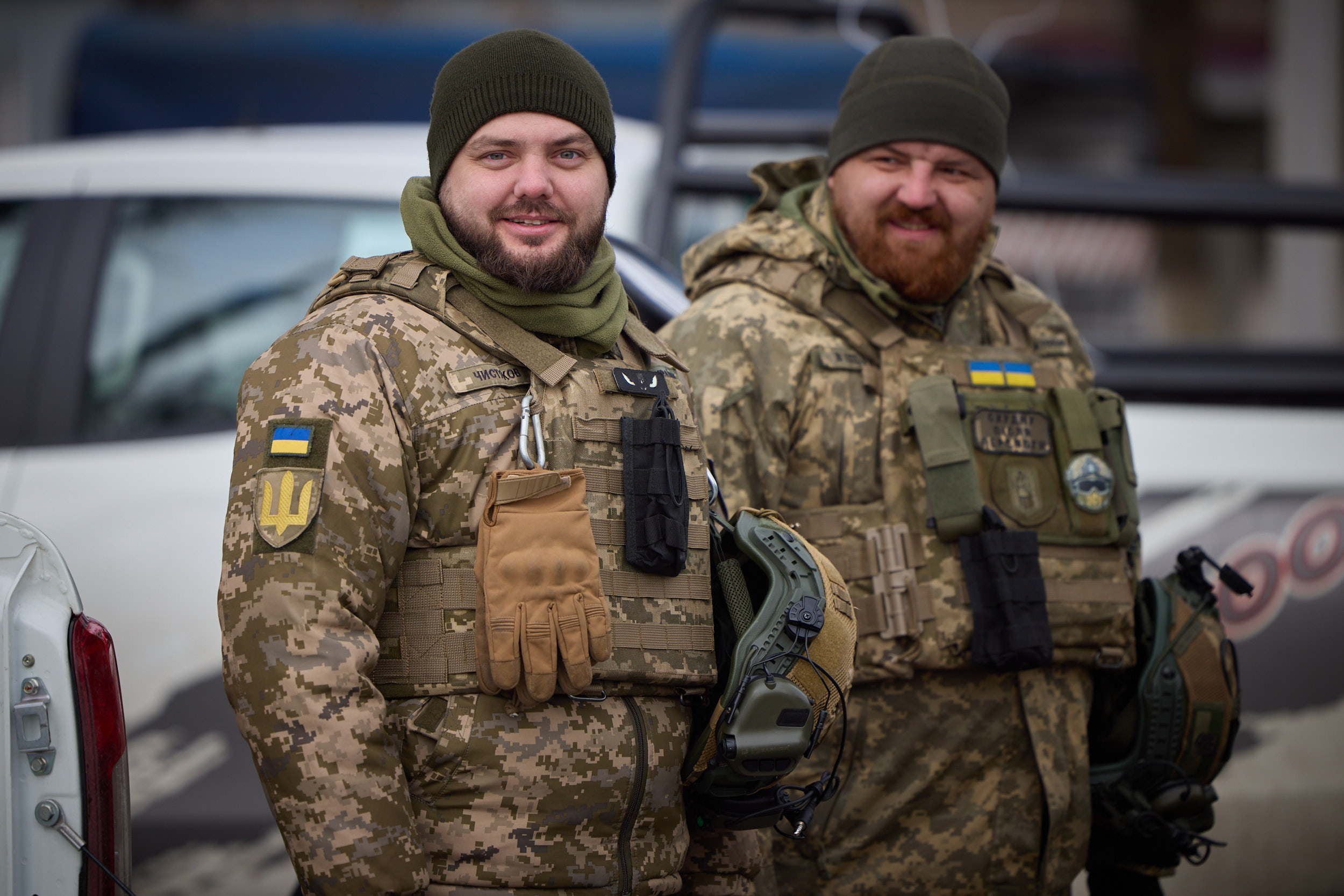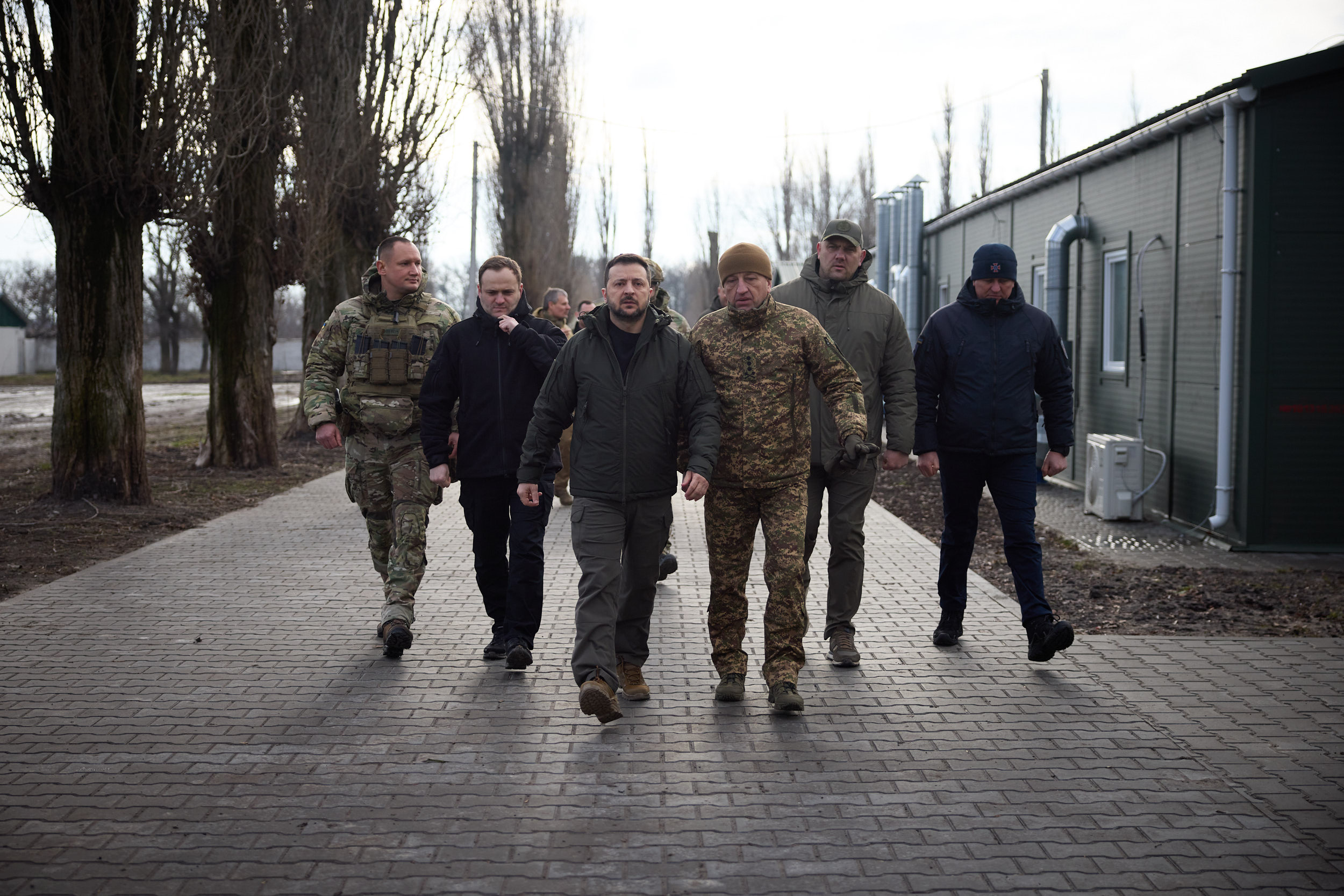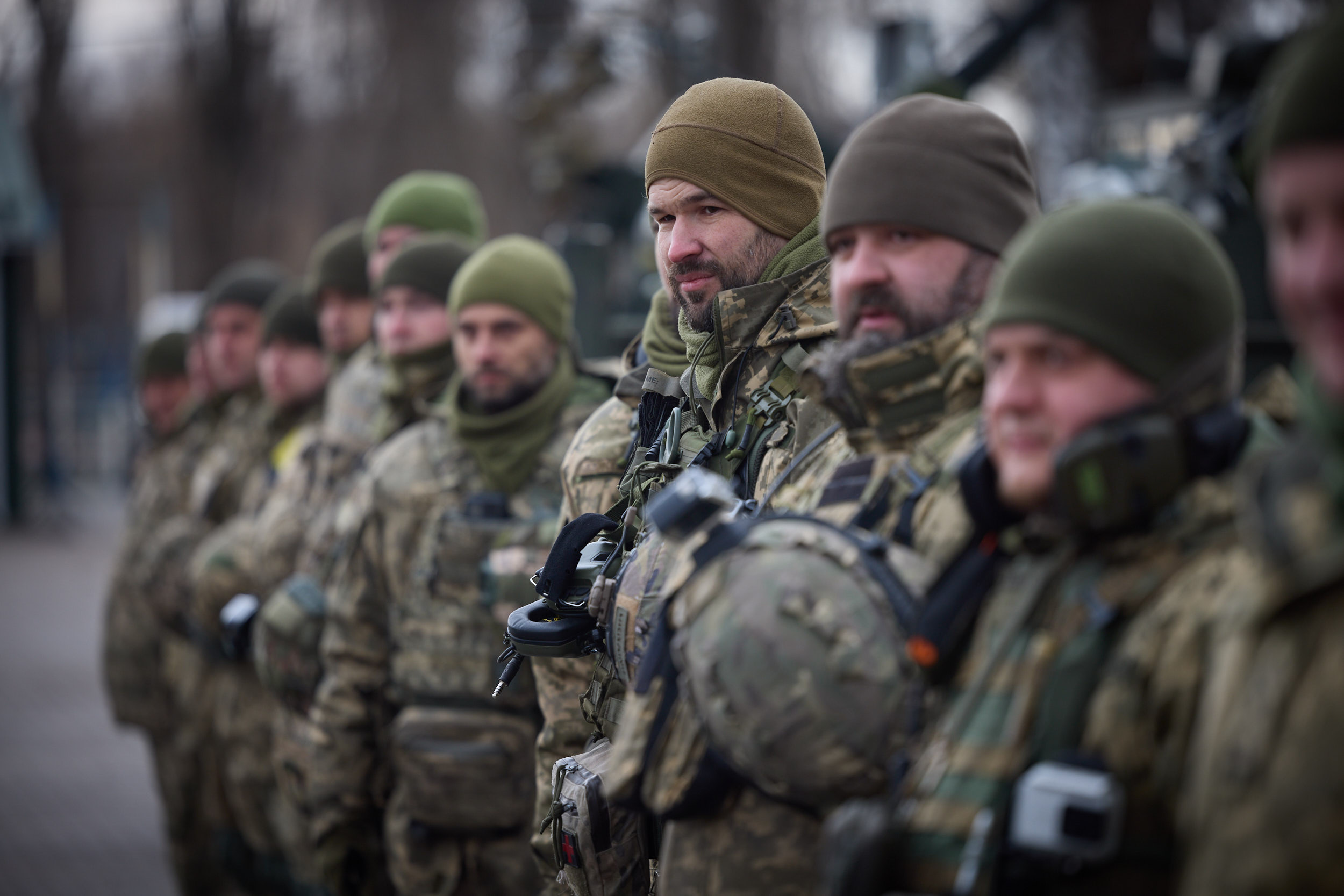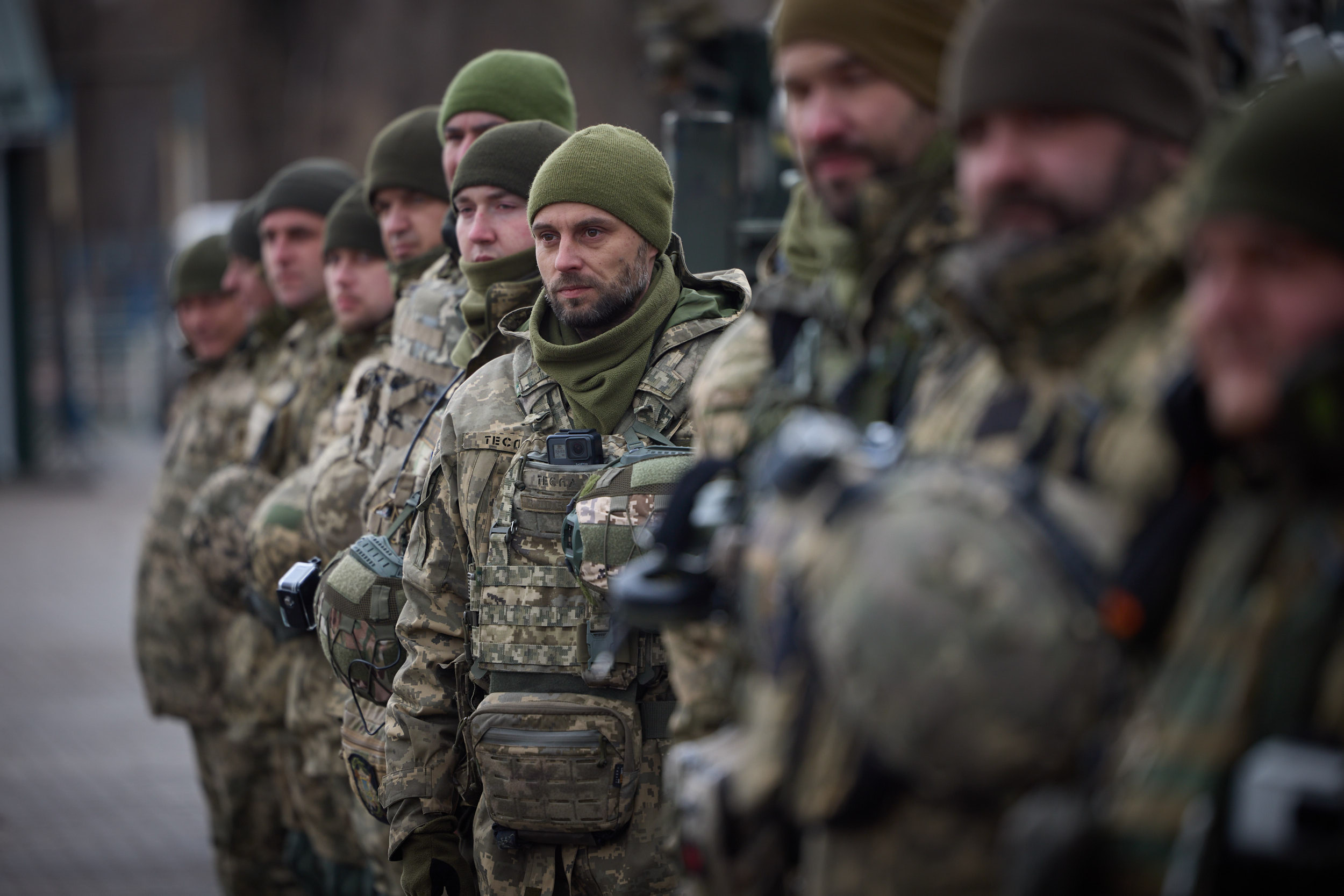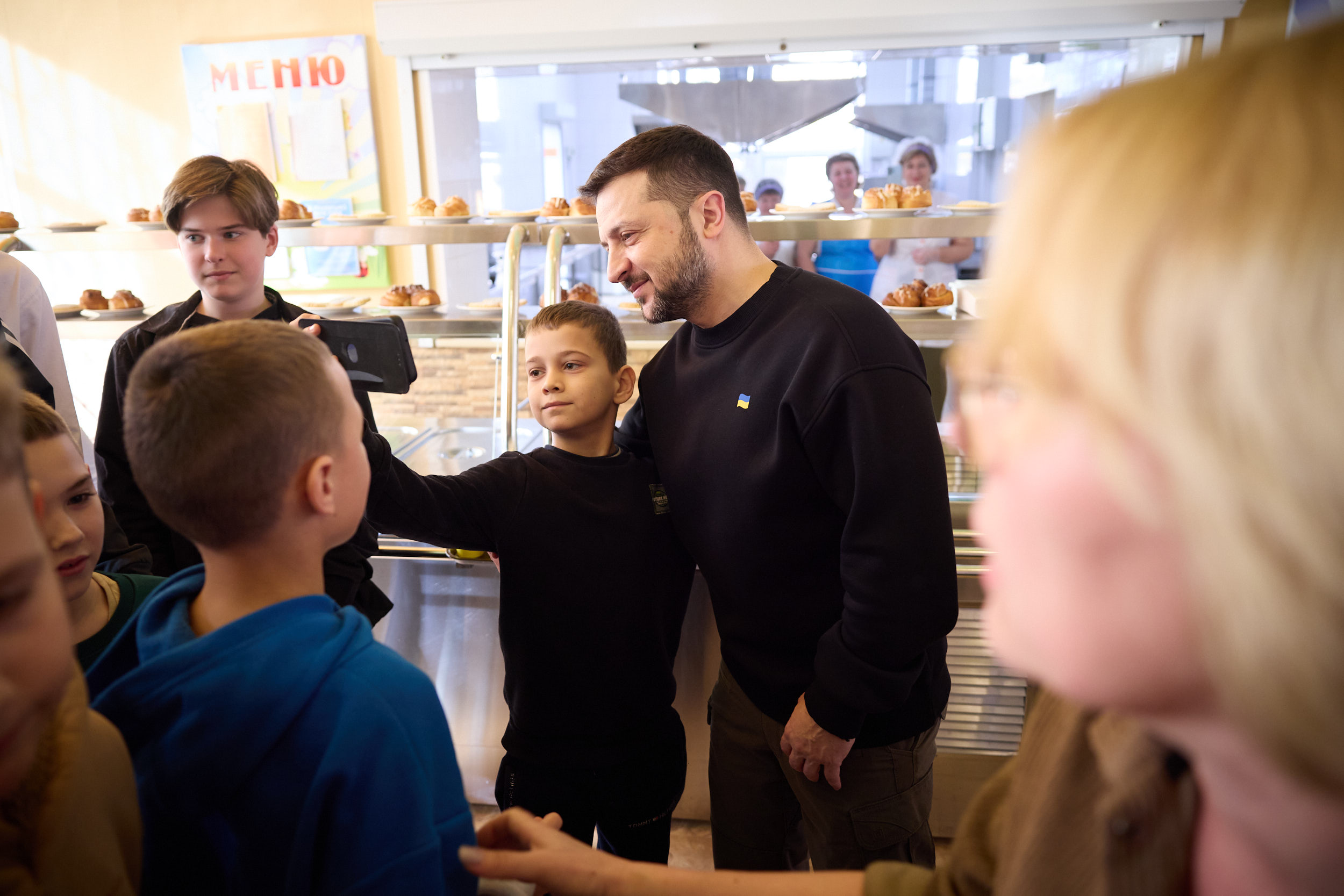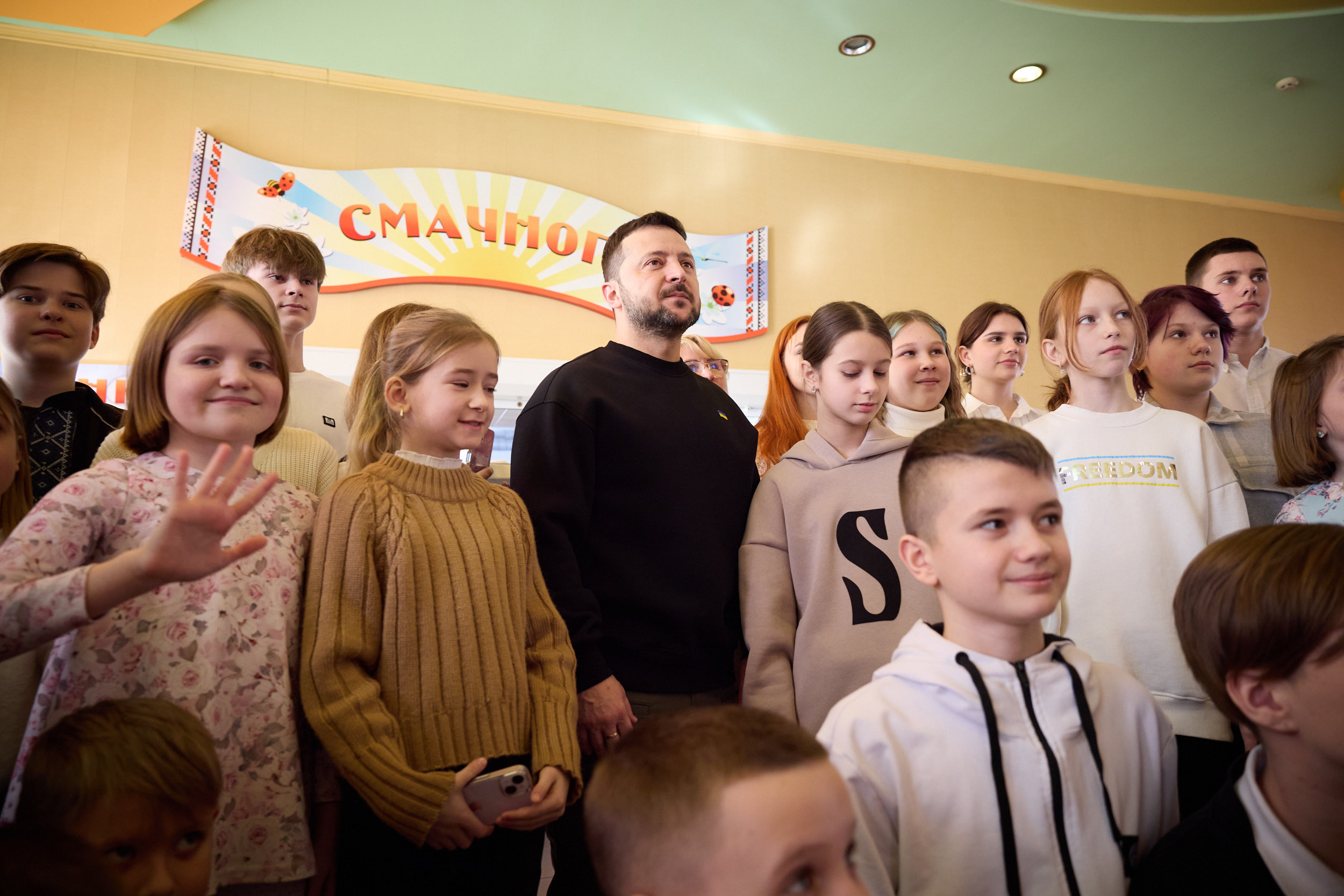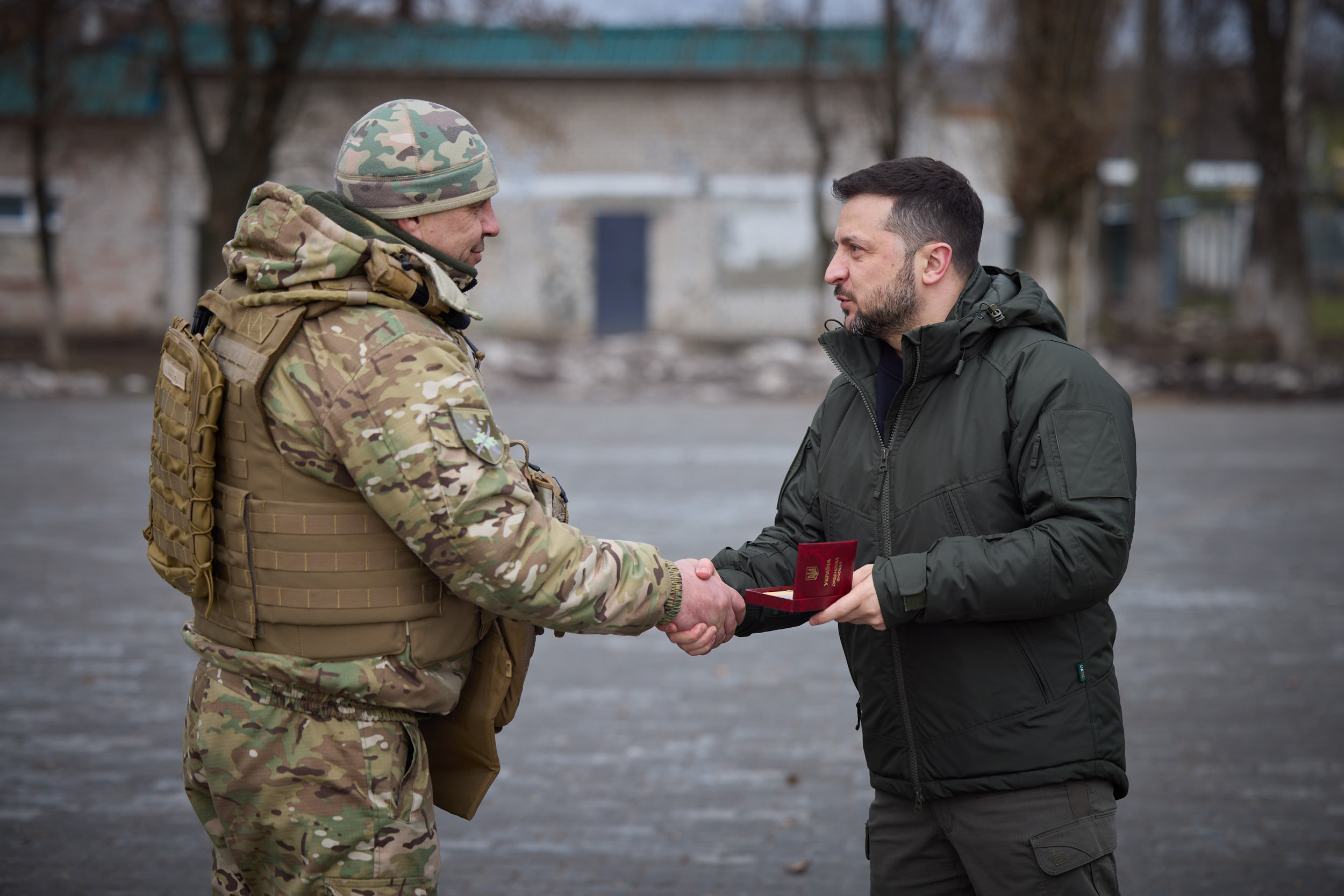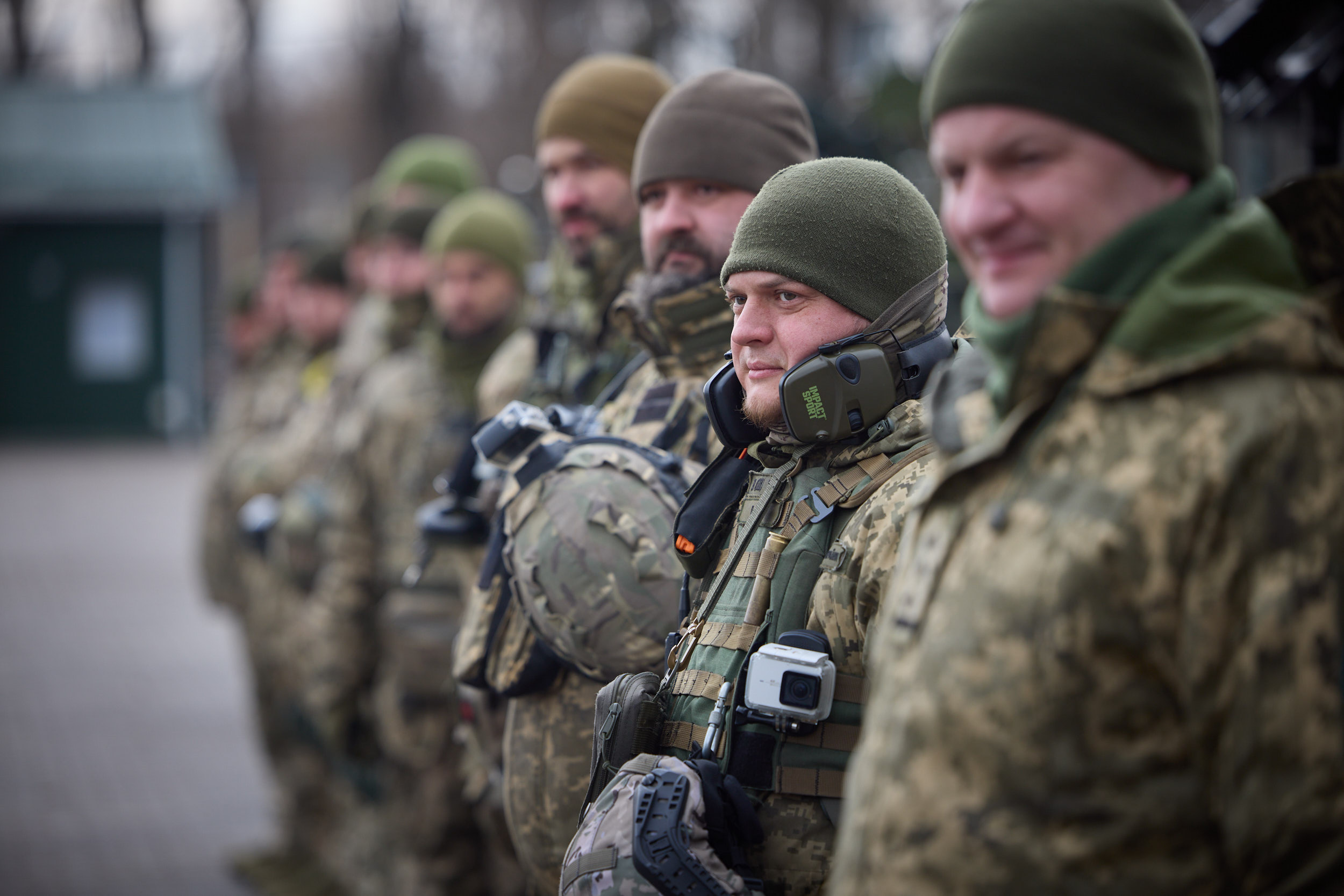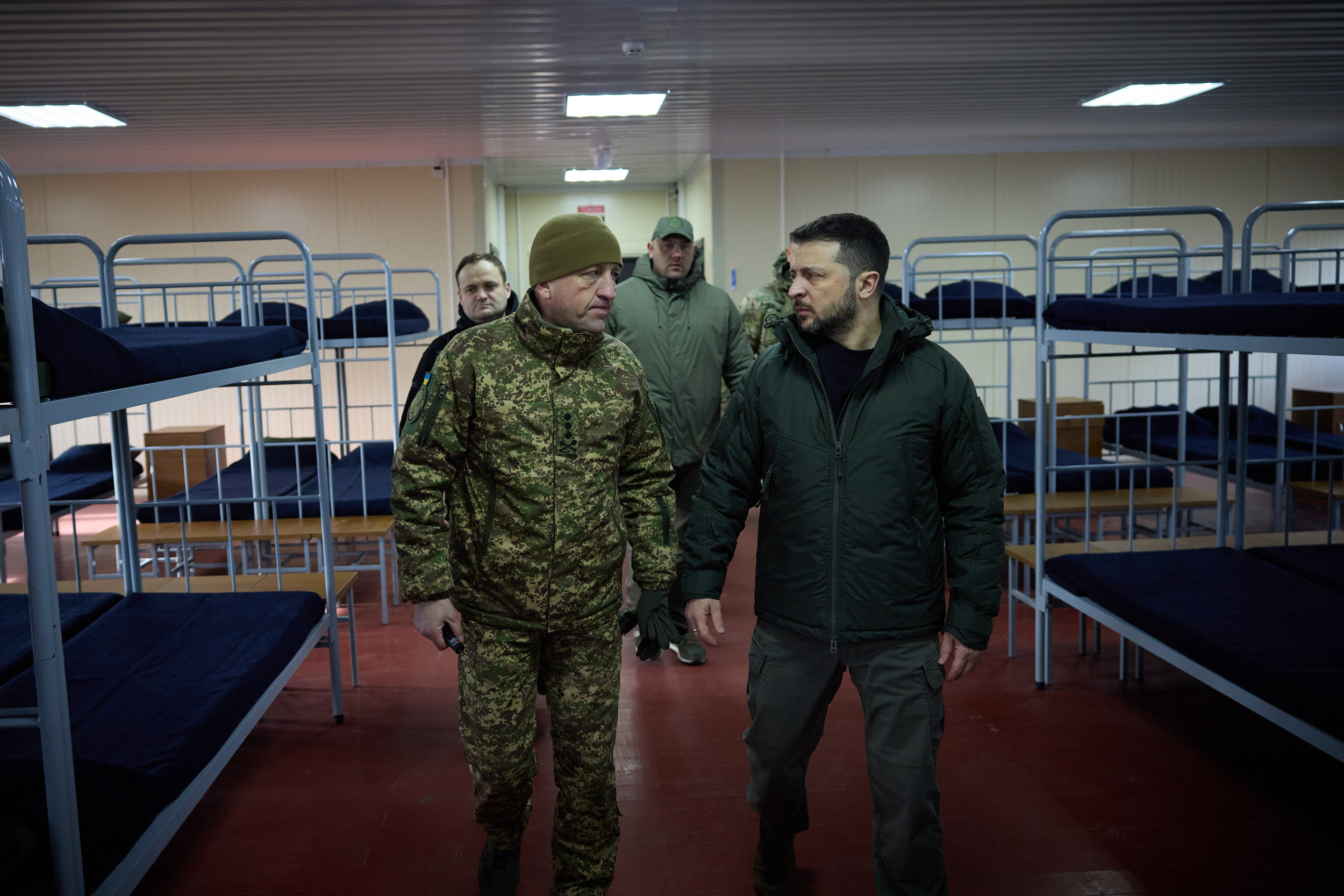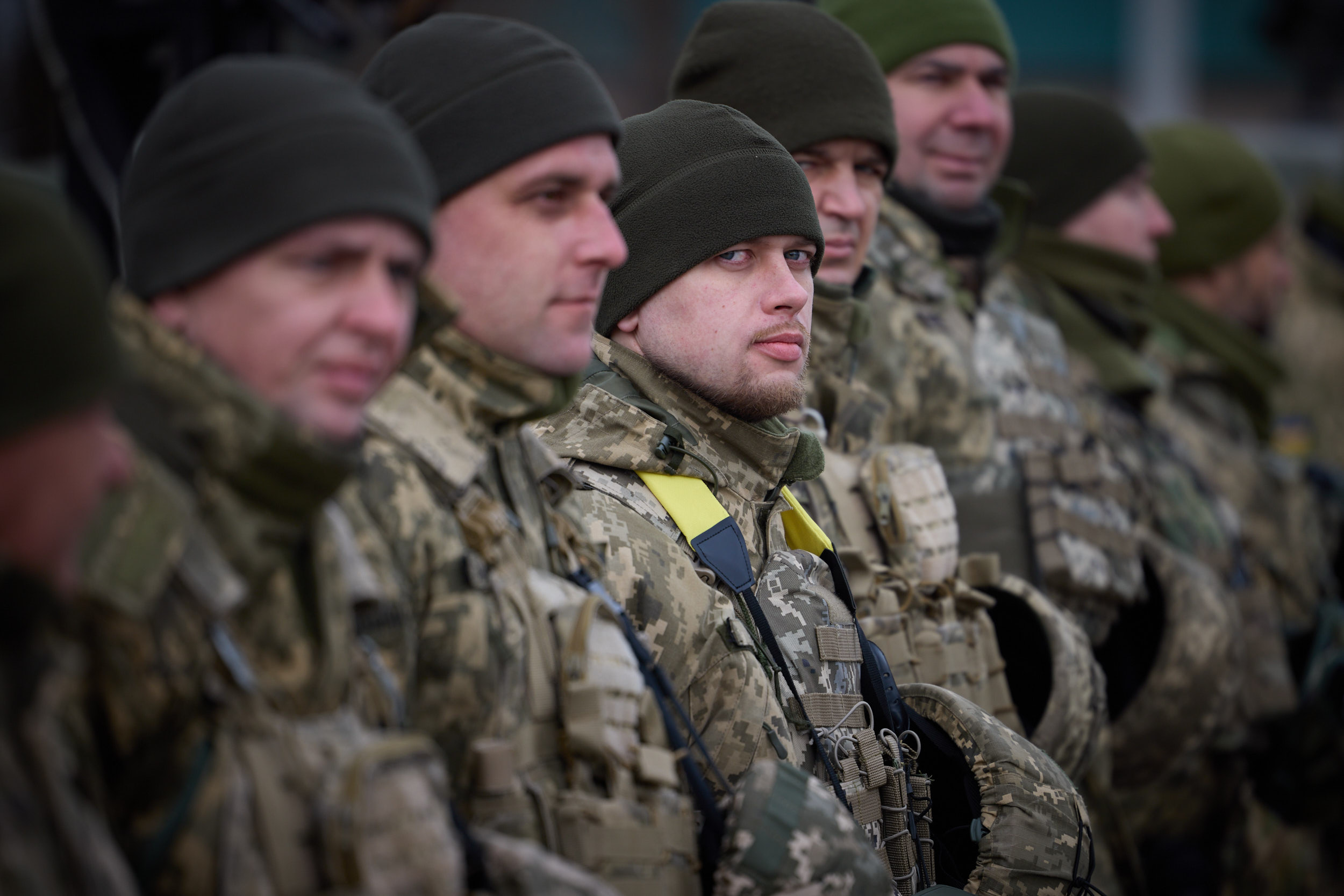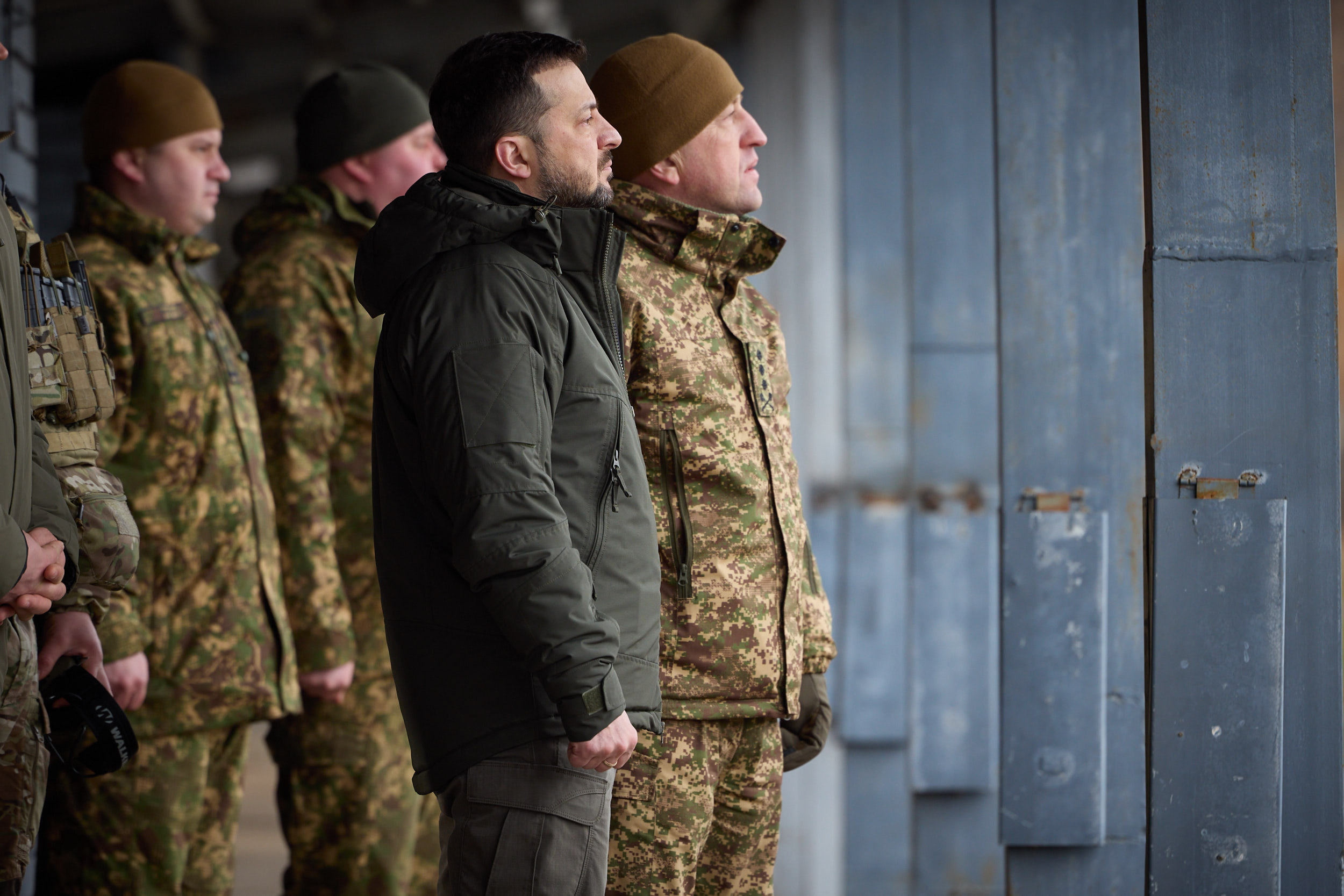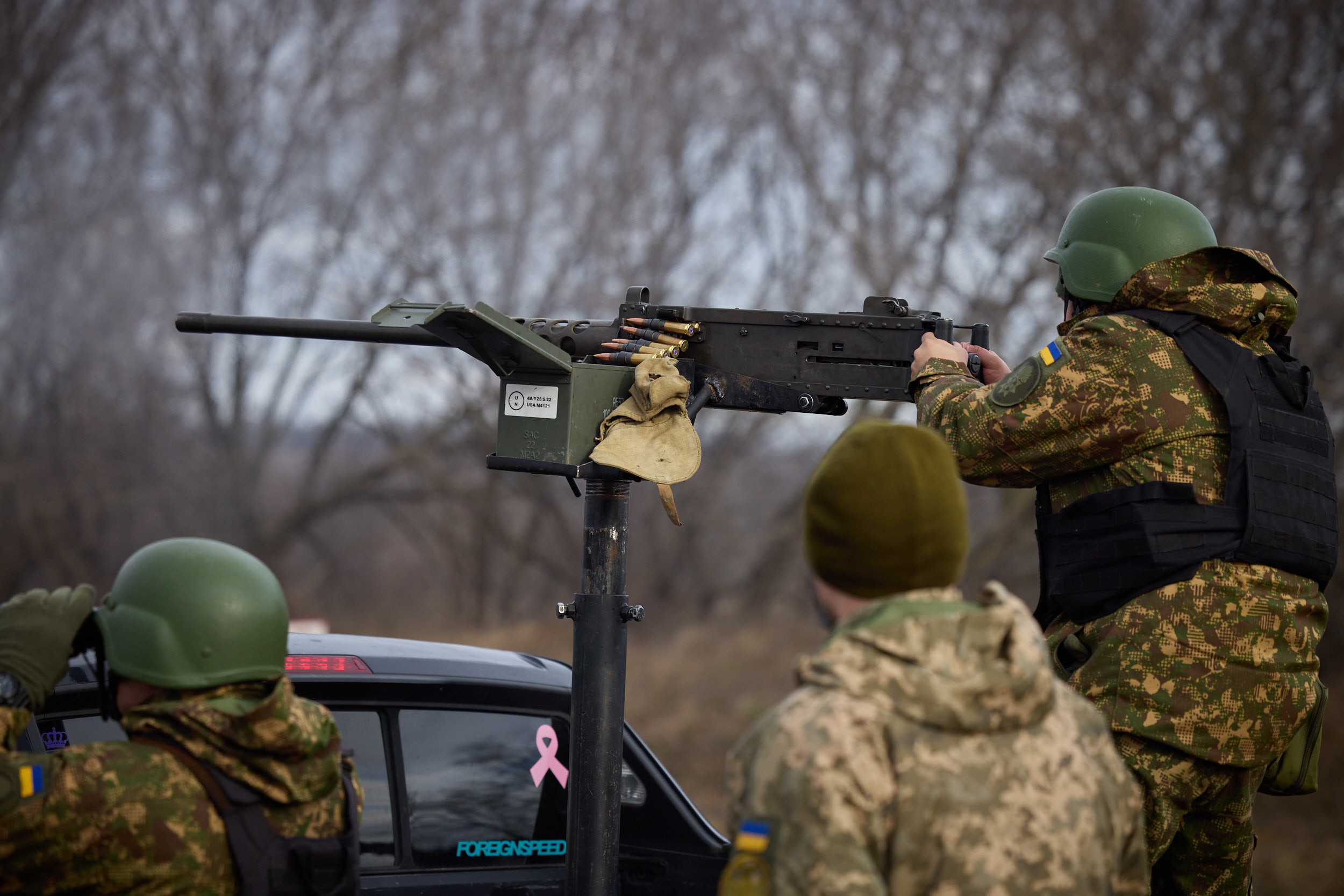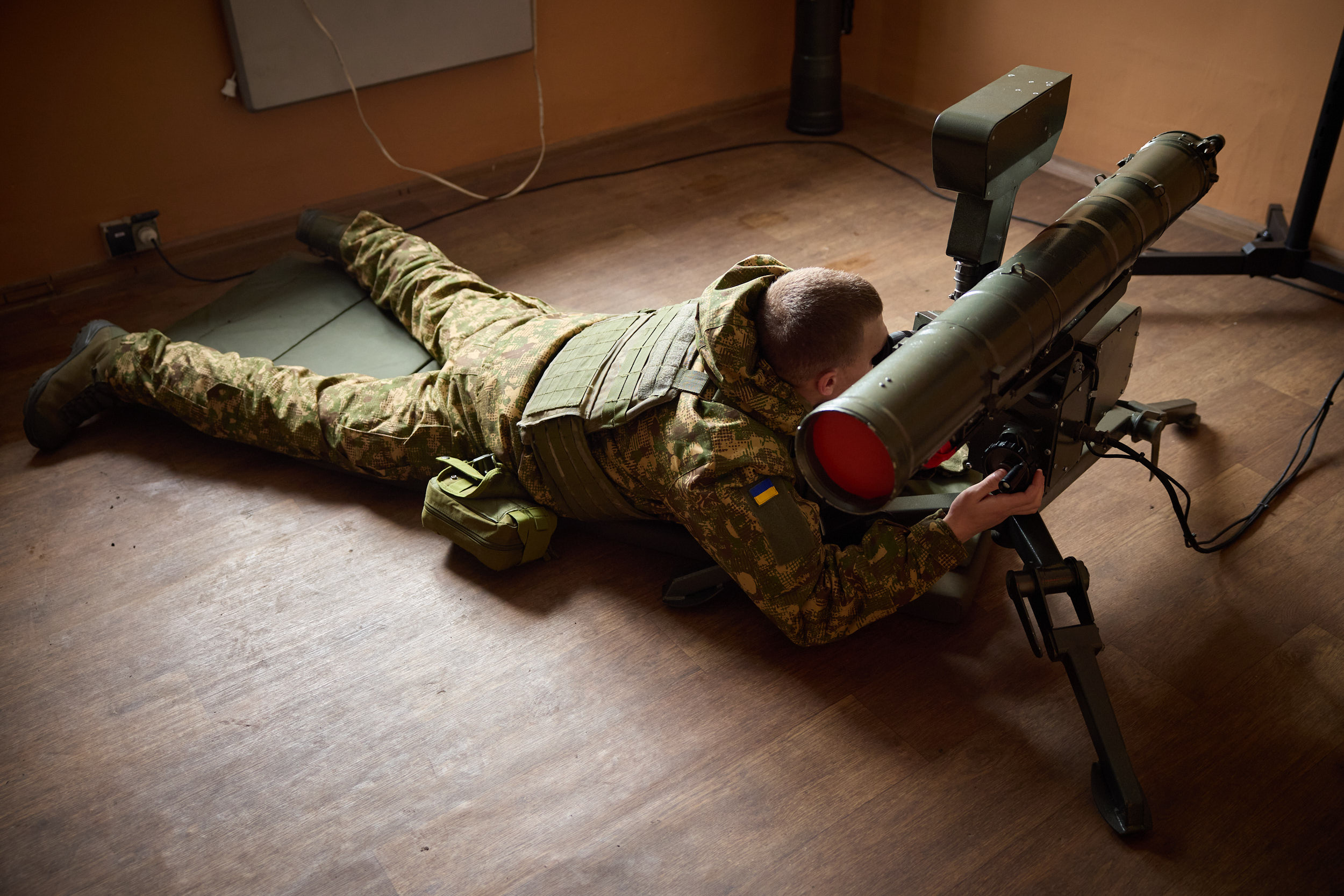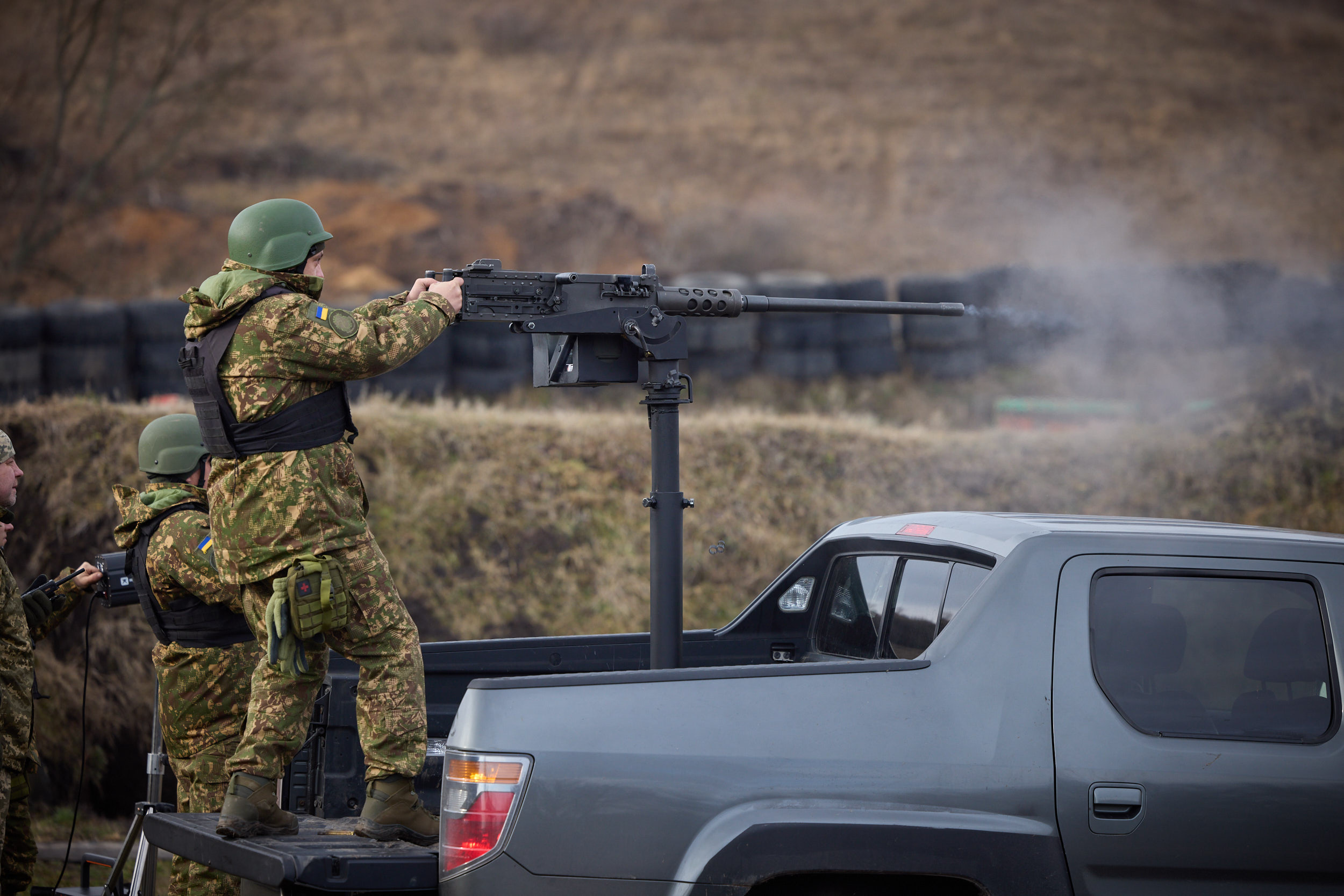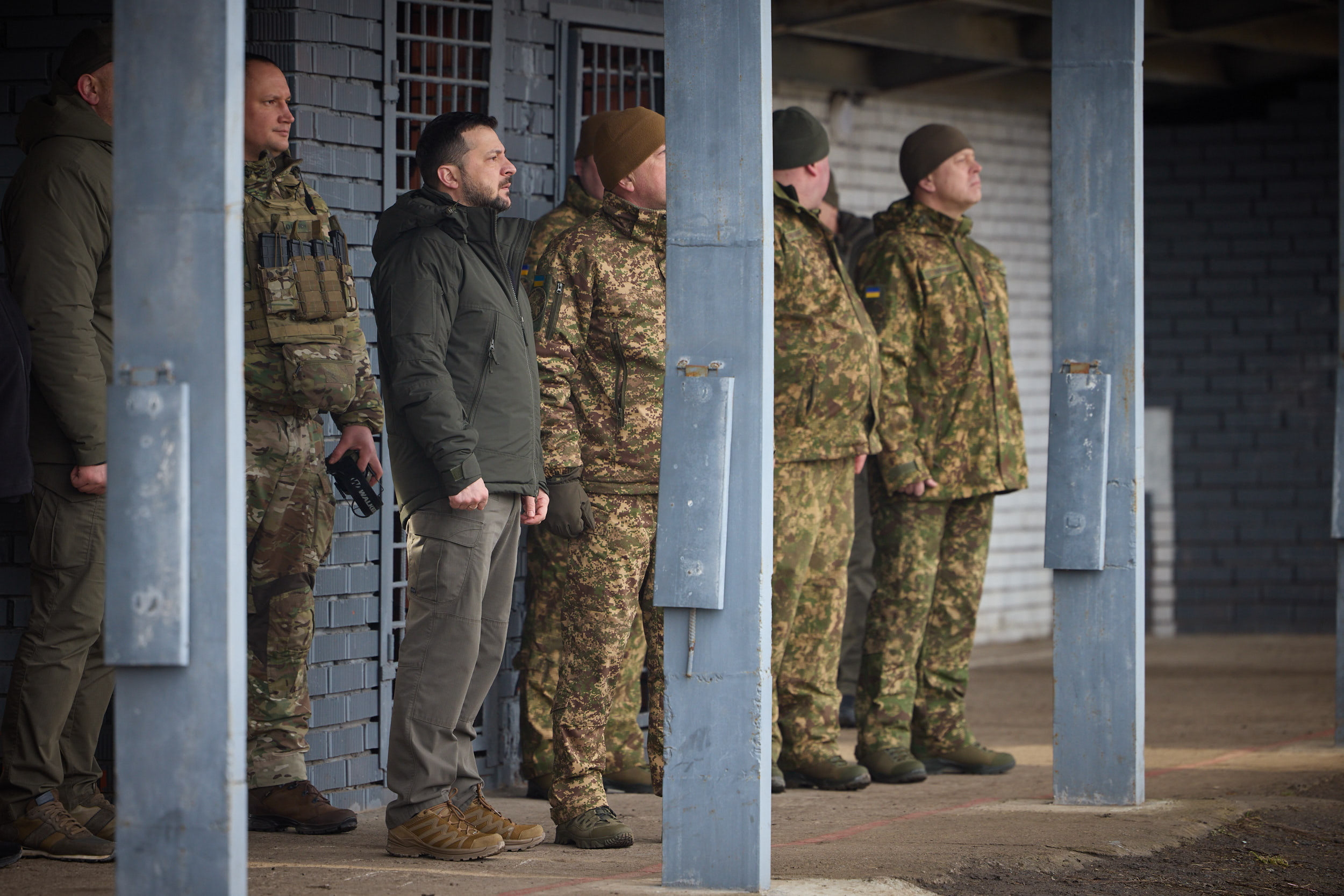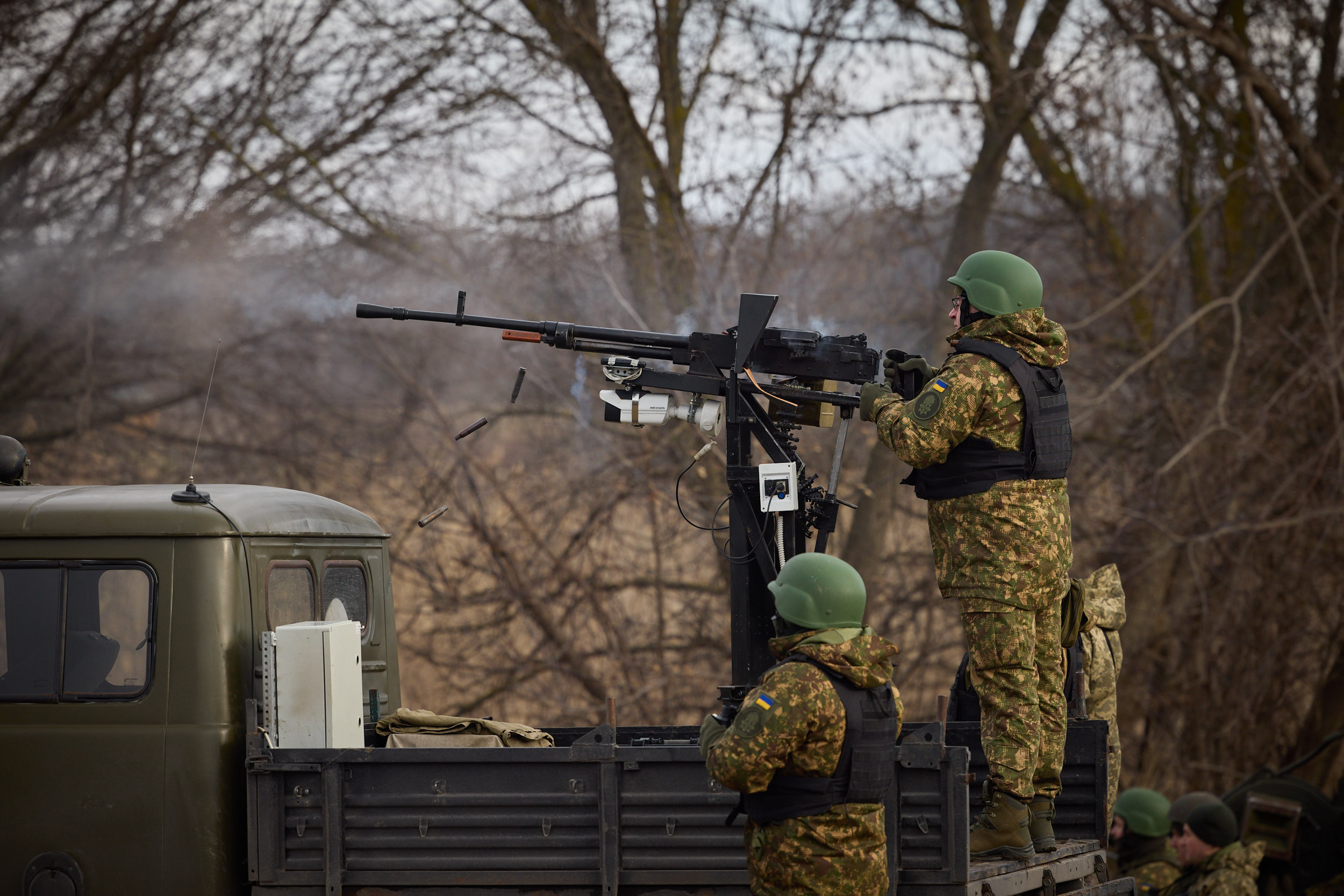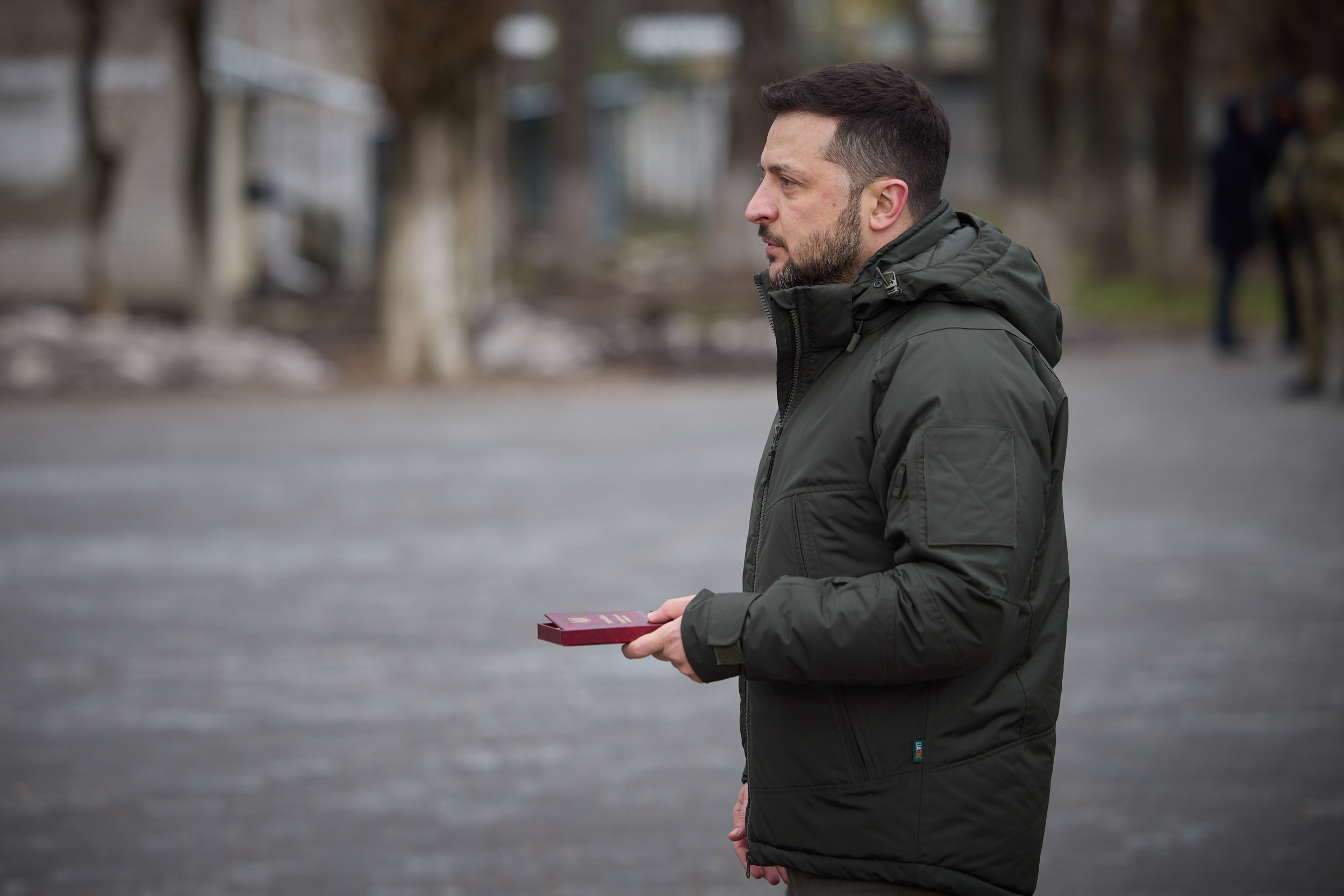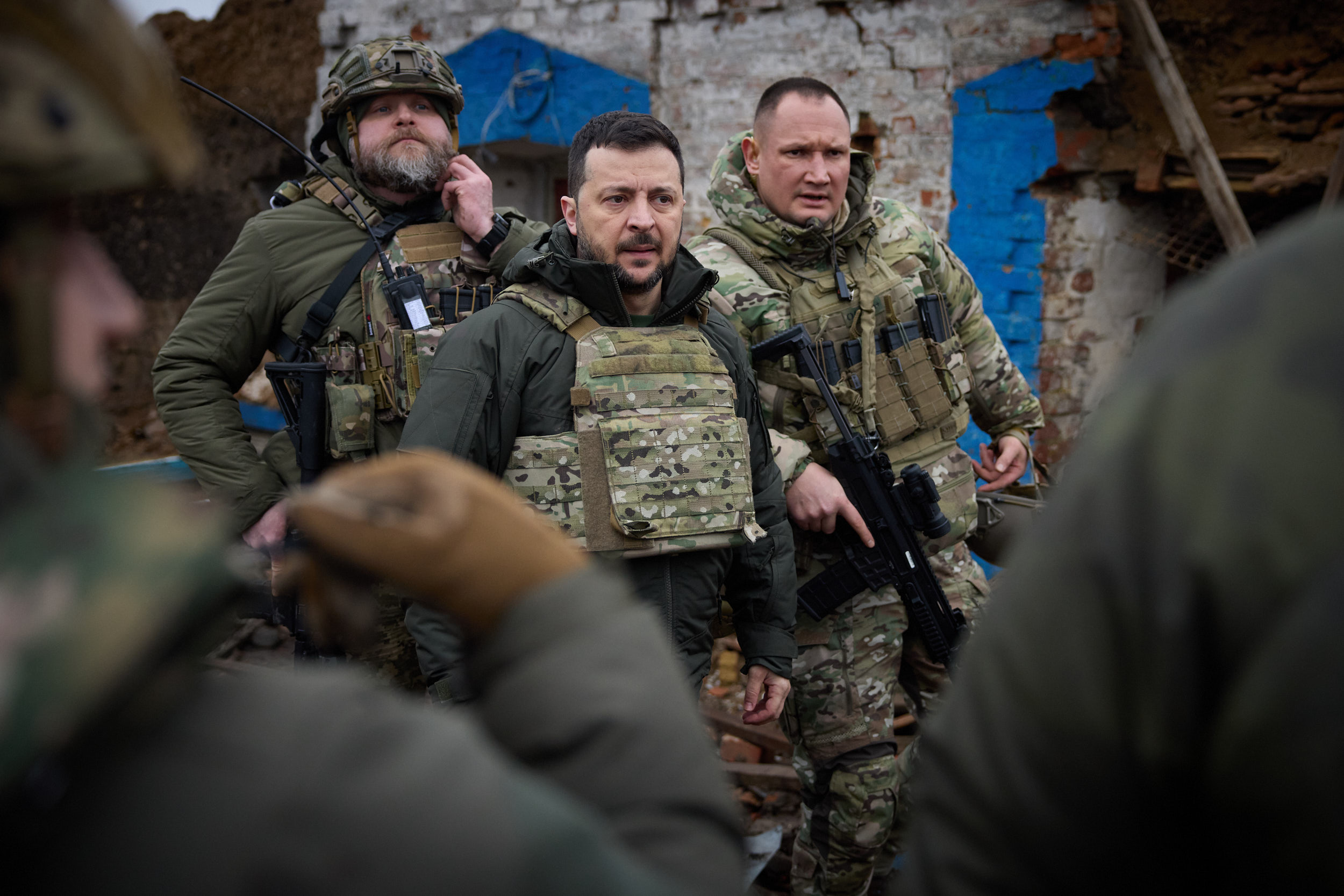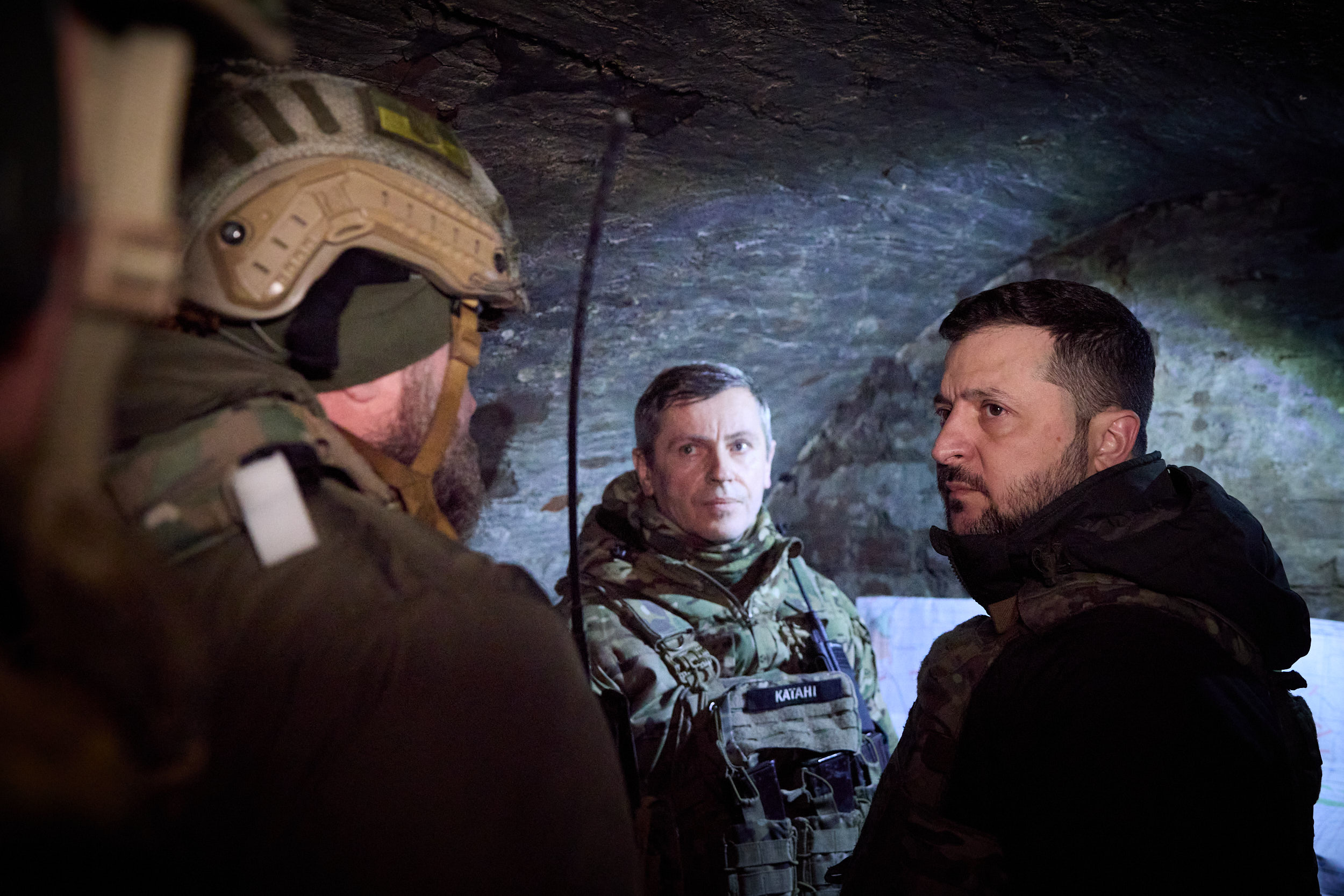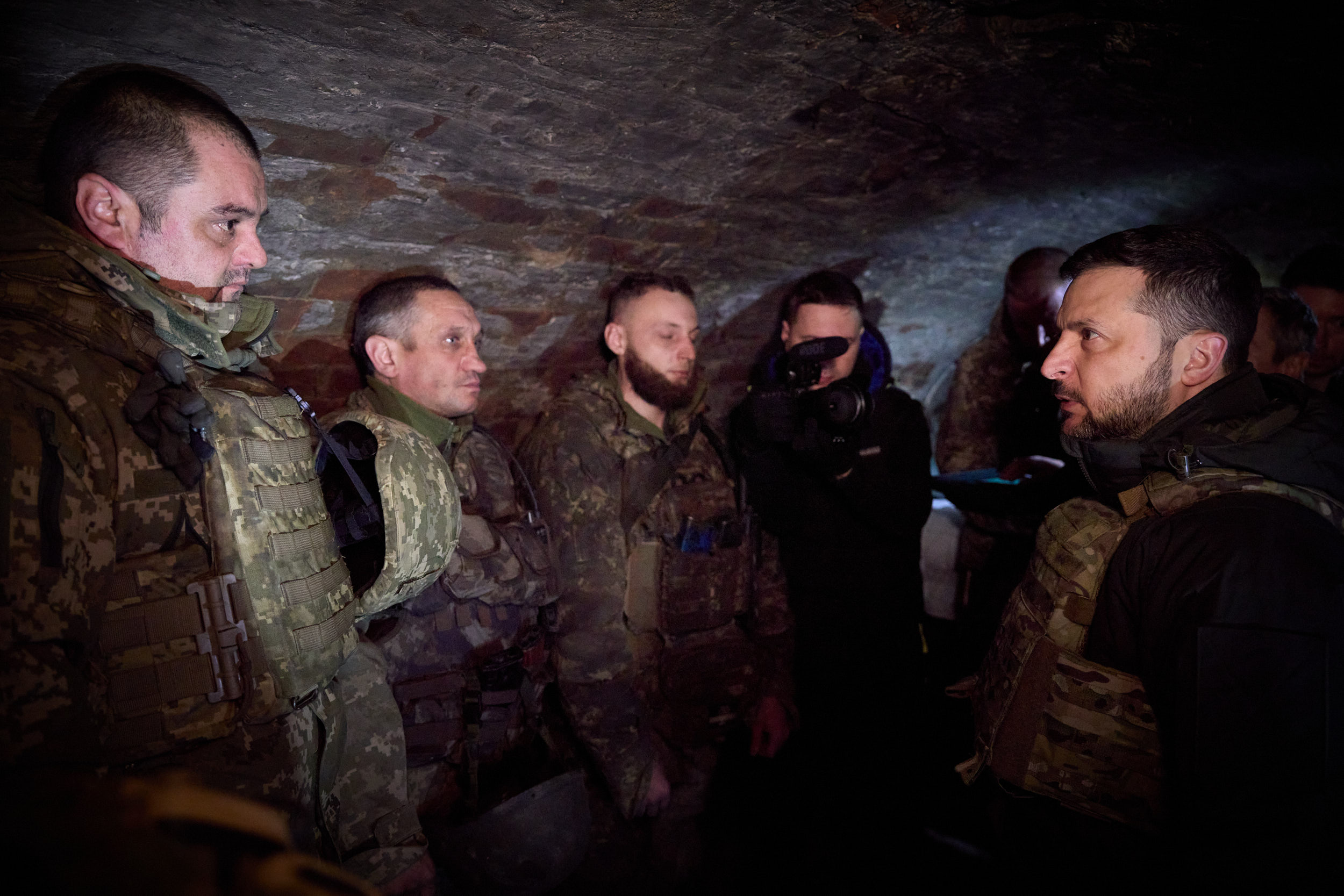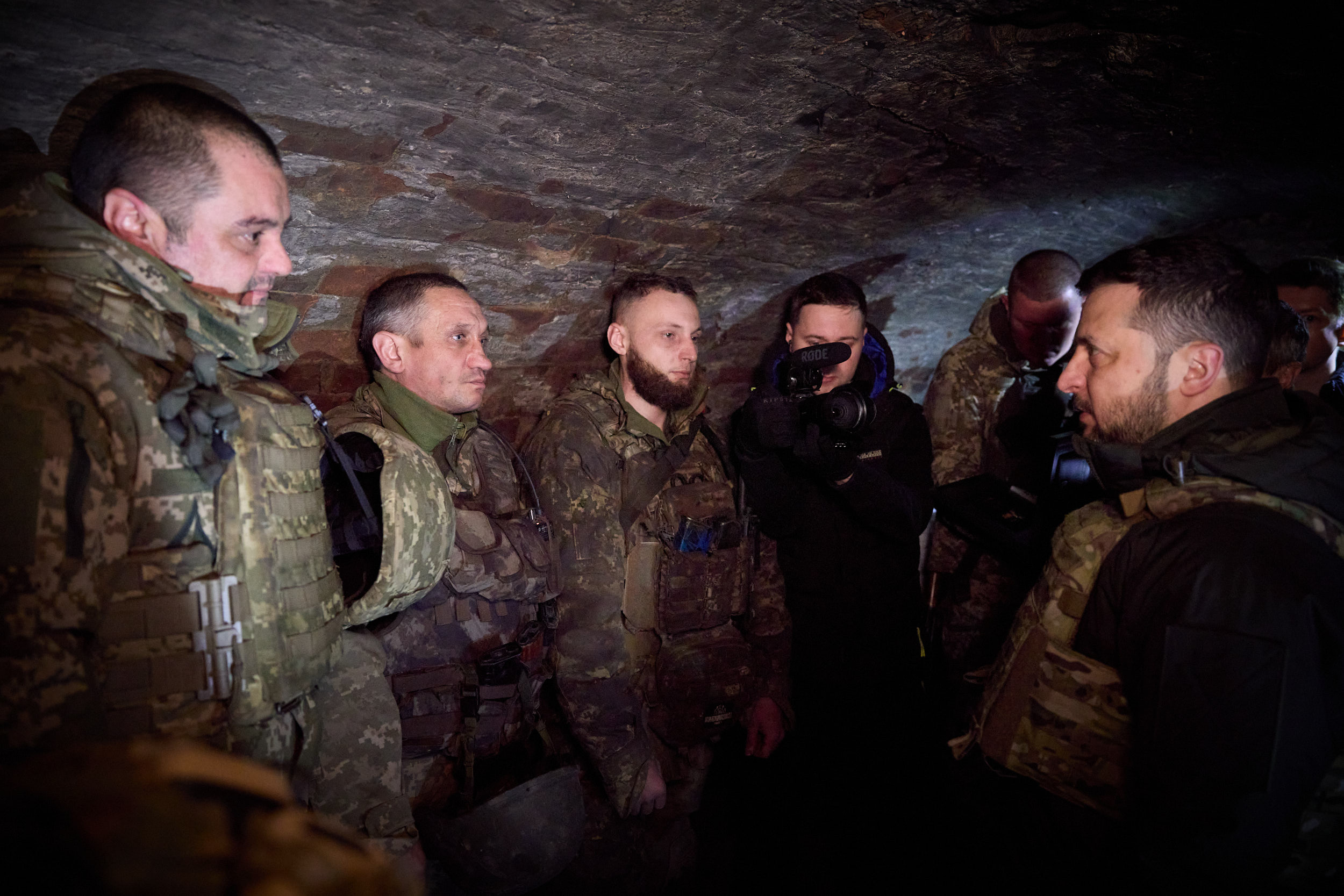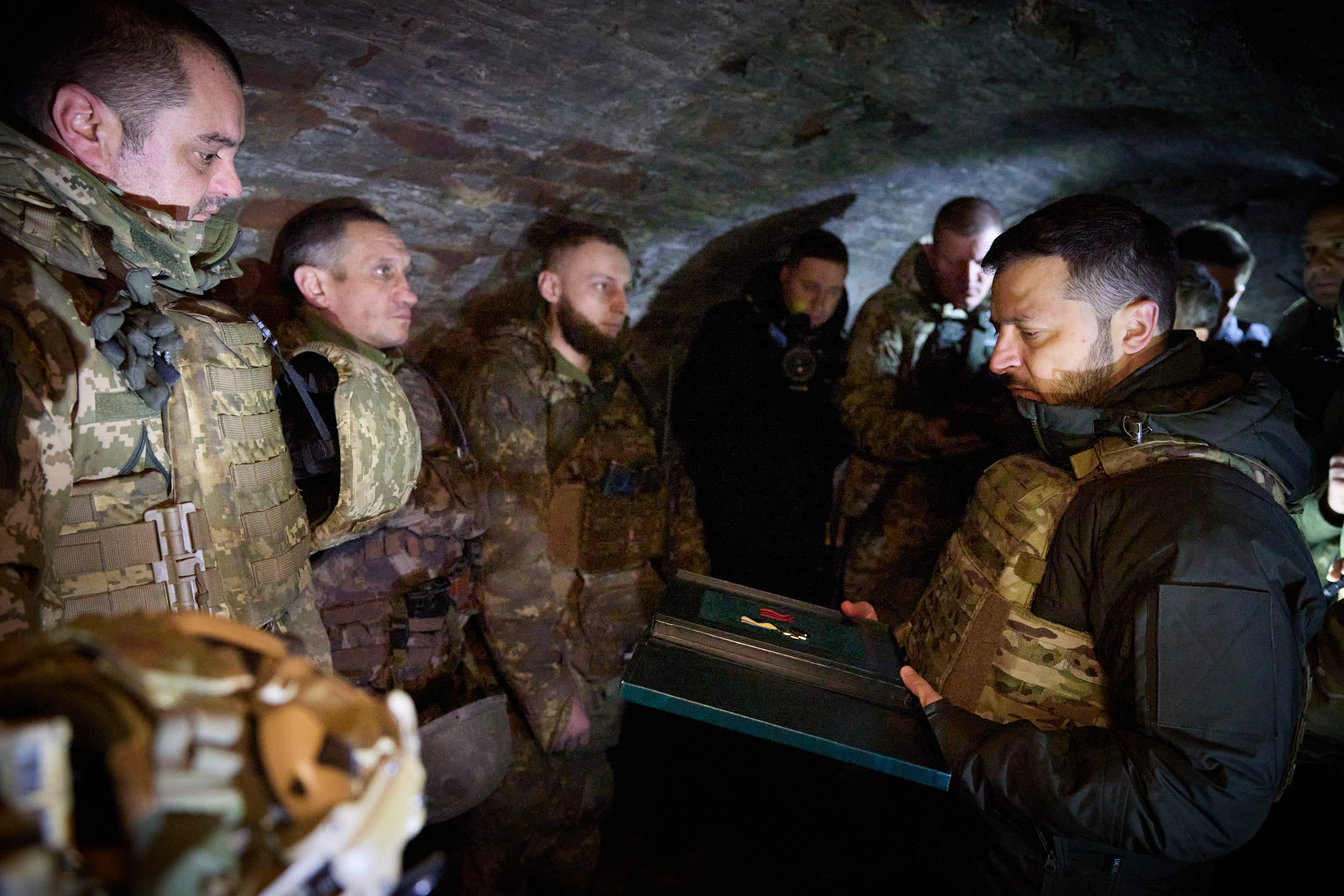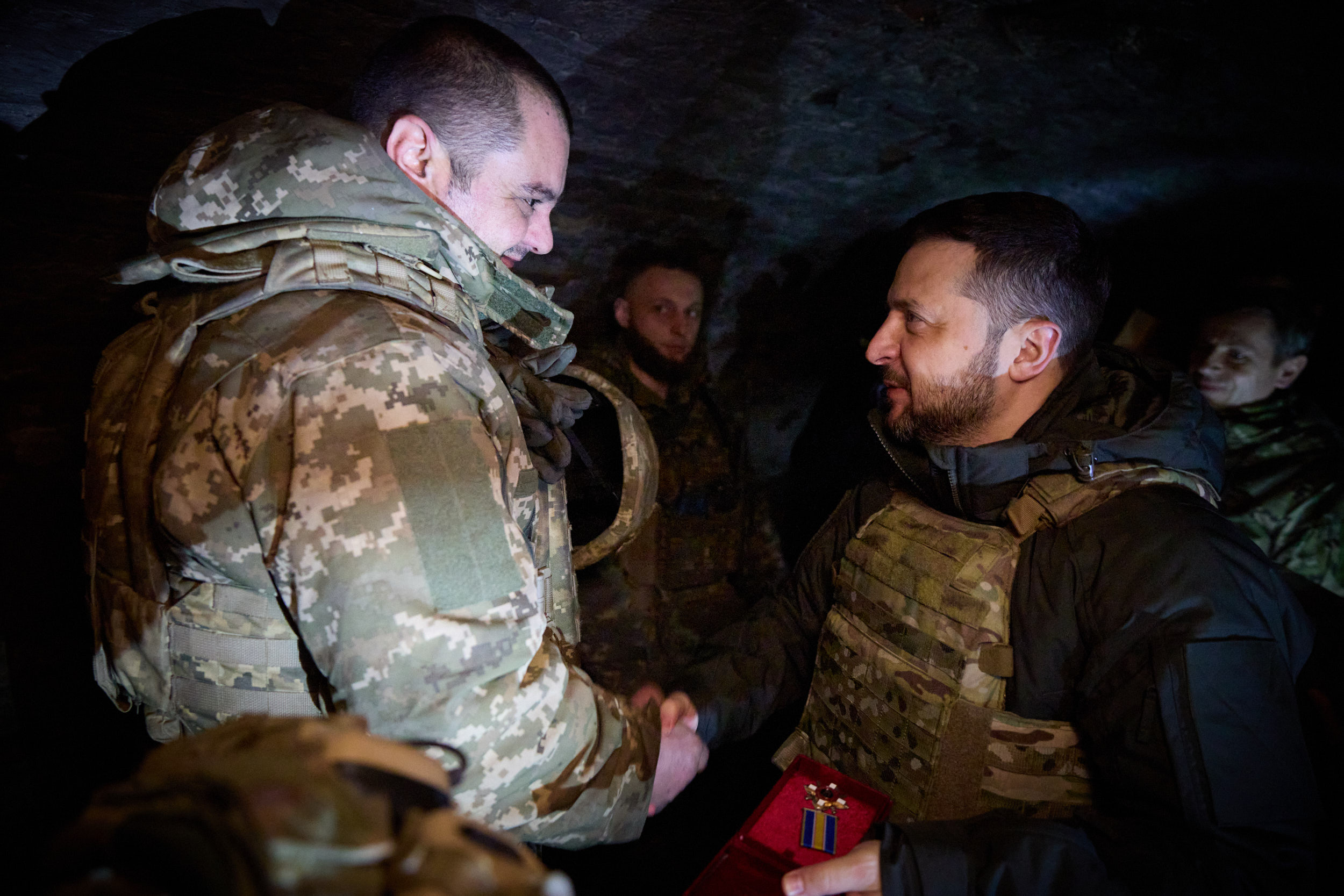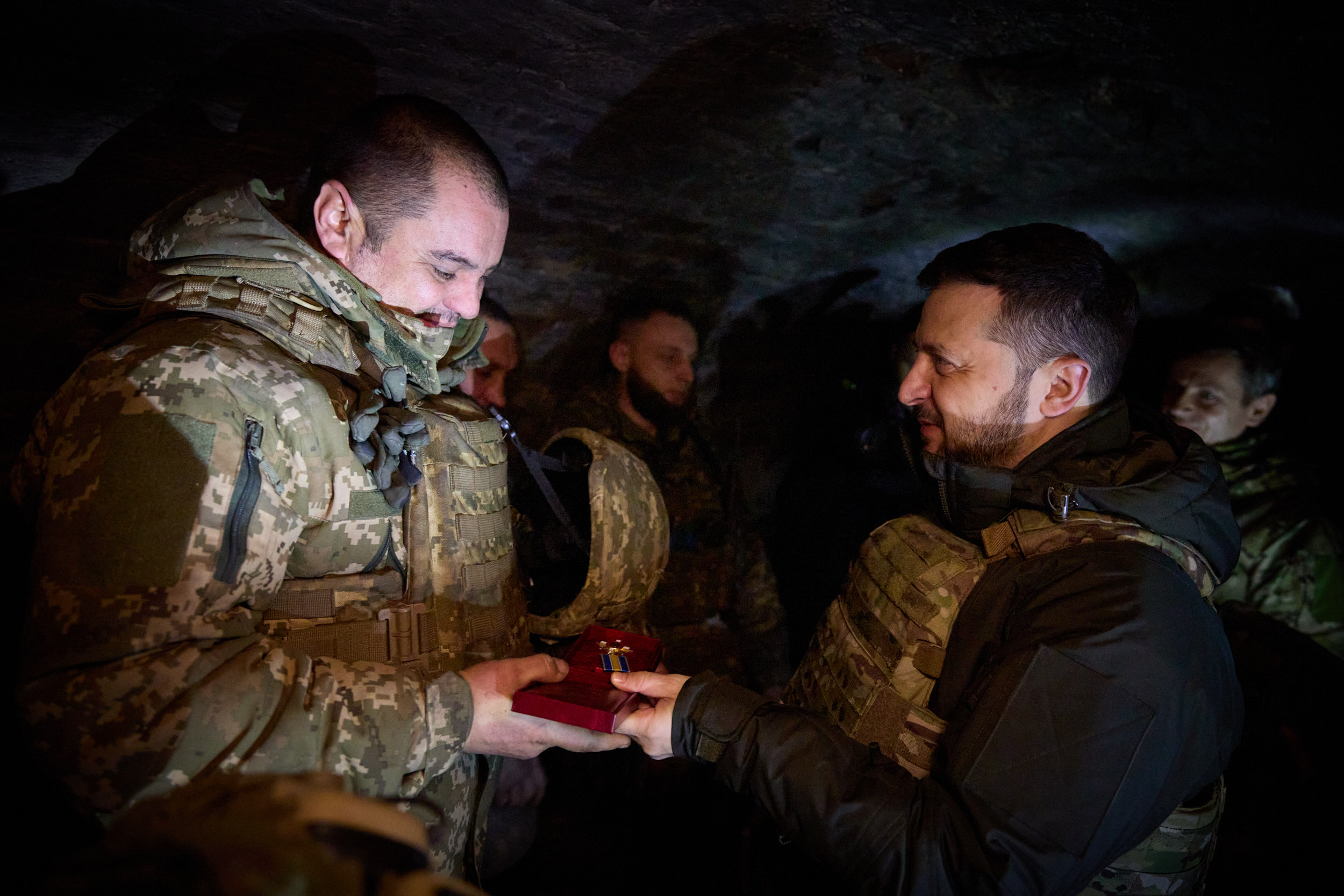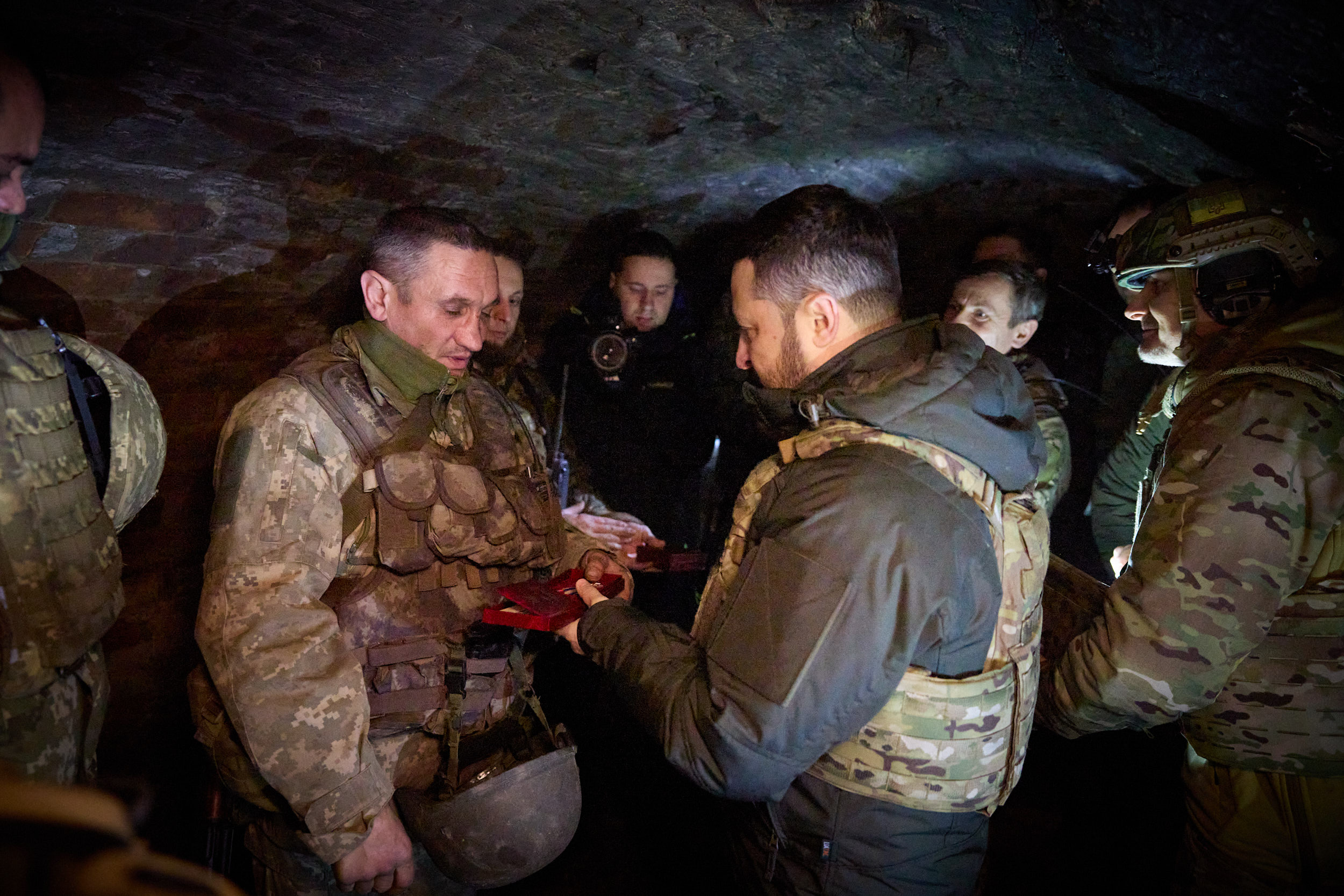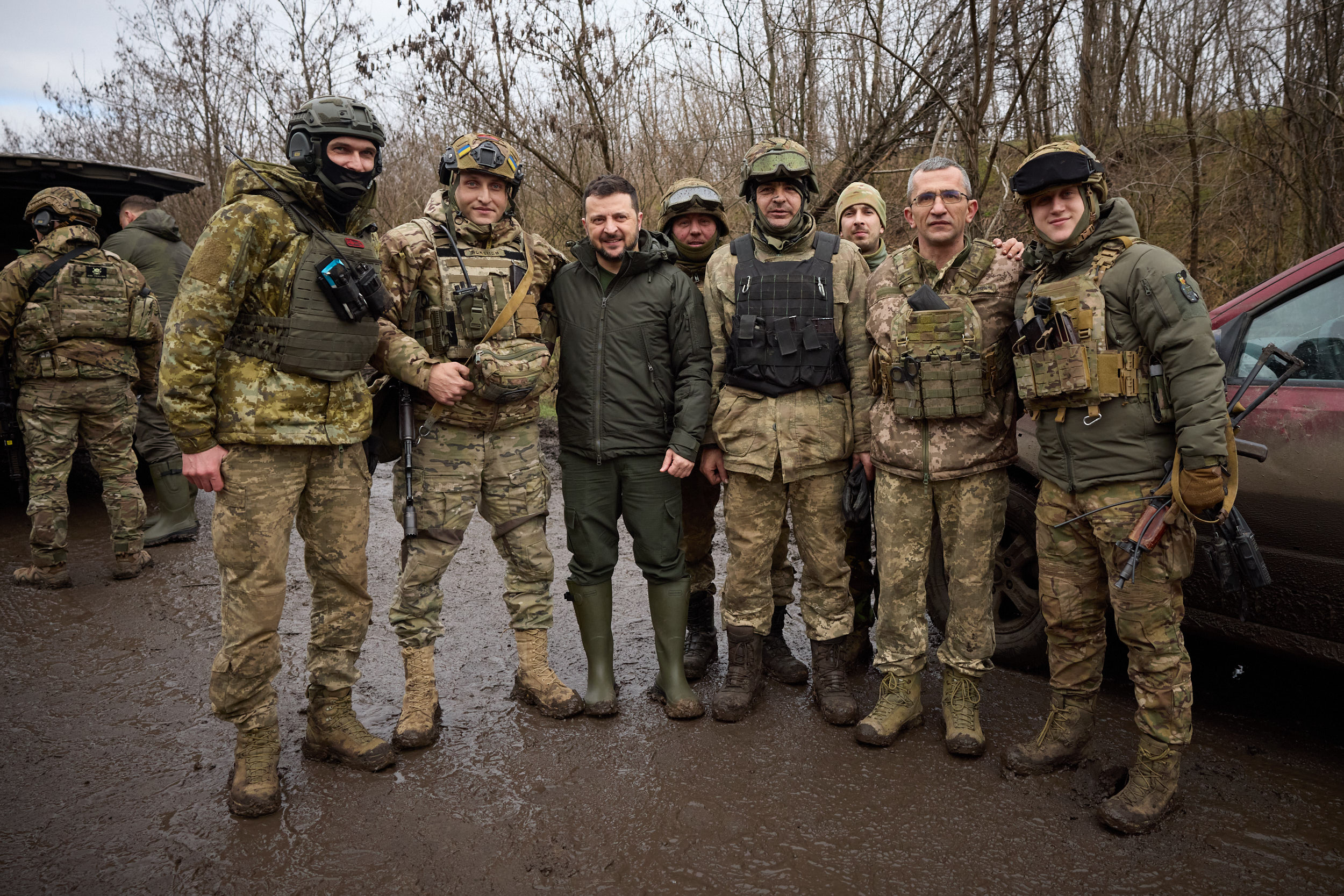As part of his working visit to Cherkasy region, President Volodymyr Zelenskyy took part in a regional meeting of the Congress of Local and Regional Authorities under the President of Ukraine.
 The event was dedicated to the economic development of Cherkasy region: the development and support of the agricultural sector and its access to foreign markets. The participants also discussed the training of blue-collar workers and the supply of enterprises during the war.
The event was dedicated to the economic development of Cherkasy region: the development and support of the agricultural sector and its access to foreign markets. The participants also discussed the training of blue-collar workers and the supply of enterprises during the war.
The President spoke with business representatives and answered their questions.
Volodymyr Zelenskyy emphasized the importance of discussing business issues at the meetings of the Congress of Local and Regional Authorities.
"All businesses are important to us: every farmer, every person, even those that provide 10, 20, 30 jobs. Every company, legal entity, individual is very important today," the Head of State said.
He also emphasized that in order to coordinate efforts between business and the state, the All-Ukrainian Economic Platform "Made in Ukraine" was launched and the Council for Support of Entrepreneurship under Martial Law was established.
In addition, according to the President, it is necessary to secure the operation of business in Ukraine in general and in Cherkasy region in particular as much as possible in the context of the war.

"The number one issue is air defense. We will build it up with domestic systems, primarily electronic warfare, and powerful Western-type systems," Volodymyr Zelenskyy noted.
According to him, Ukraine is increasing the capacity of the Black Sea export corridor and is working to create a new railroad corridor through Moldova and Romania, which will have a positive result for the economy.
The Head of State also said that a new fair mechanism of reservation of employees of enterprises subject to military draft would be developed shortly. The President emphasized the necessity of holding an open dialog between the state and businessmen on this issue.
"We all support our warriors, but without people working, there will be no salaries. We need to keep the economy going. But we must not forget that we cannot leave the guys on the front line without rotation. This is also very important. It is a priority today. Therefore, we adhere to this formula: you are either fighting or working for the state," Volodymyr Zelenskyy said.
According to him, it is also important to find a format for supporting businesses that operate openly and pay taxes.
"I asked our economists and law enforcers to develop a special approach to businesses that operate legally. Legal Ukrainian businesses during the war should have no questions from tax authorities and law enforcement officers," the Head of State noted.
According to the President, such protection from the state should apply not only to managers and owners of companies, but also to their employees.

For their part, entrepreneurs working in the agricultural sector thanked Volodymyr Zelenskyy and his entire team for restoring navigation in the Black Sea and ensuring the operation of the grain corridor, which allowed Ukrainian farmers to export their products.
Business representatives also expressed their gratitude to the President and the government for the state program "Affordable Loans 5-7-9".
"This is truly the support we needed. We probably wouldn't have pulled through without it," said farmer Ihor Novytskyi.
At the same time, farmers asked to increase the limits on working capital for agriculture, including livestock.
At the end of the conversation, the President thanked business representatives who, even under martial law, support the economy, pay taxes and fill the budget of Ukraine.
"Especially now, when there were questions with our partners about financial support, about the money that goes to the budget to support various segments of the population. This is very important, so we are thankful to the taxpayers," Volodymyr Zelenskyy said.
The meeting was attended by Head of the Office of the President of Ukraine Andriy Yermak, his deputies Oleksiy Kuleba and Roman Mashovets, First Deputy Prime Minister – Minister of Economy Yuliia Svyrydenko, Minister of Agrarian Policy and Food Mykola Solskyi, other representatives of central executive authorities, MPs, representatives of the regional military administration and local entrepreneurs.


